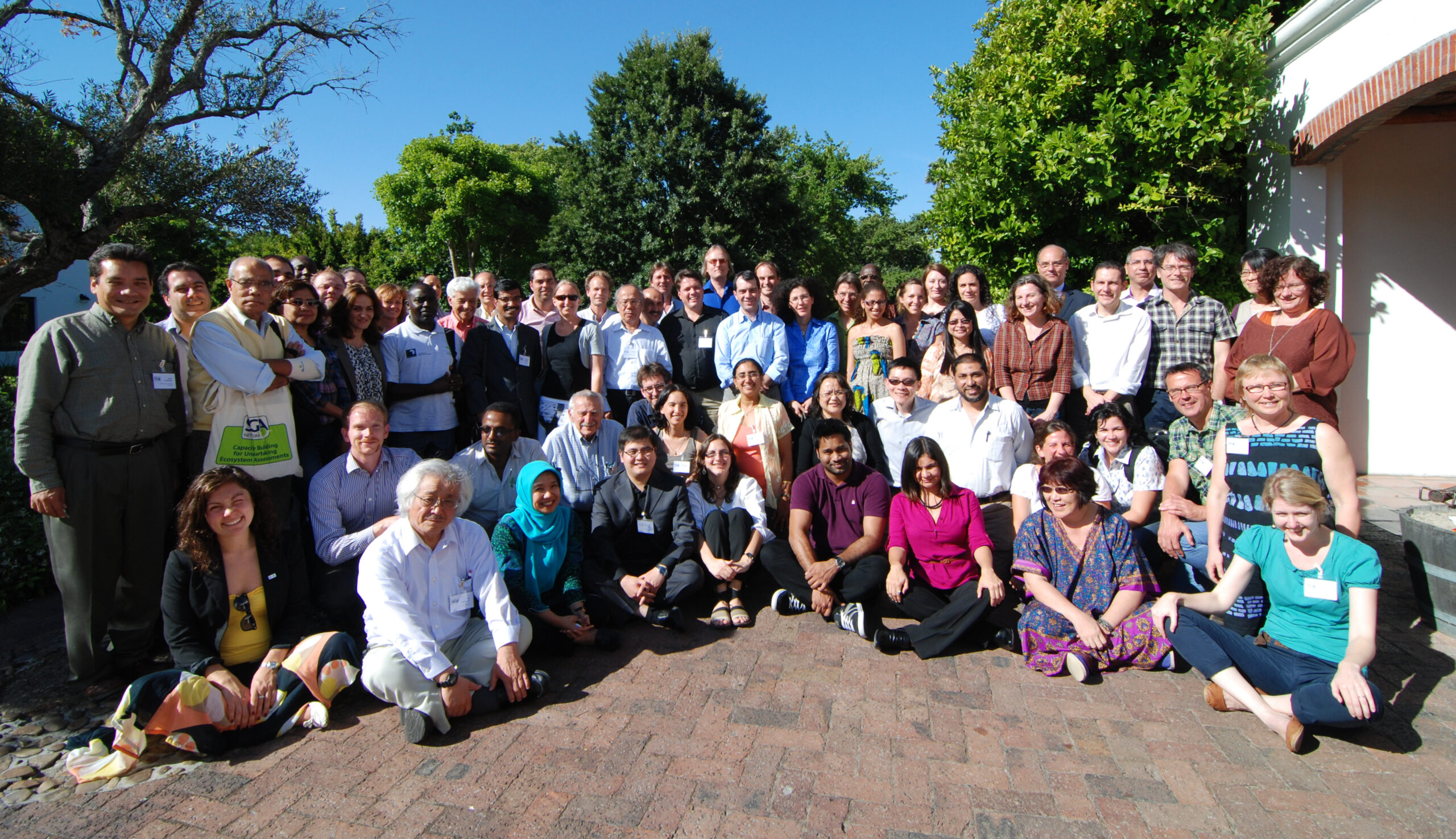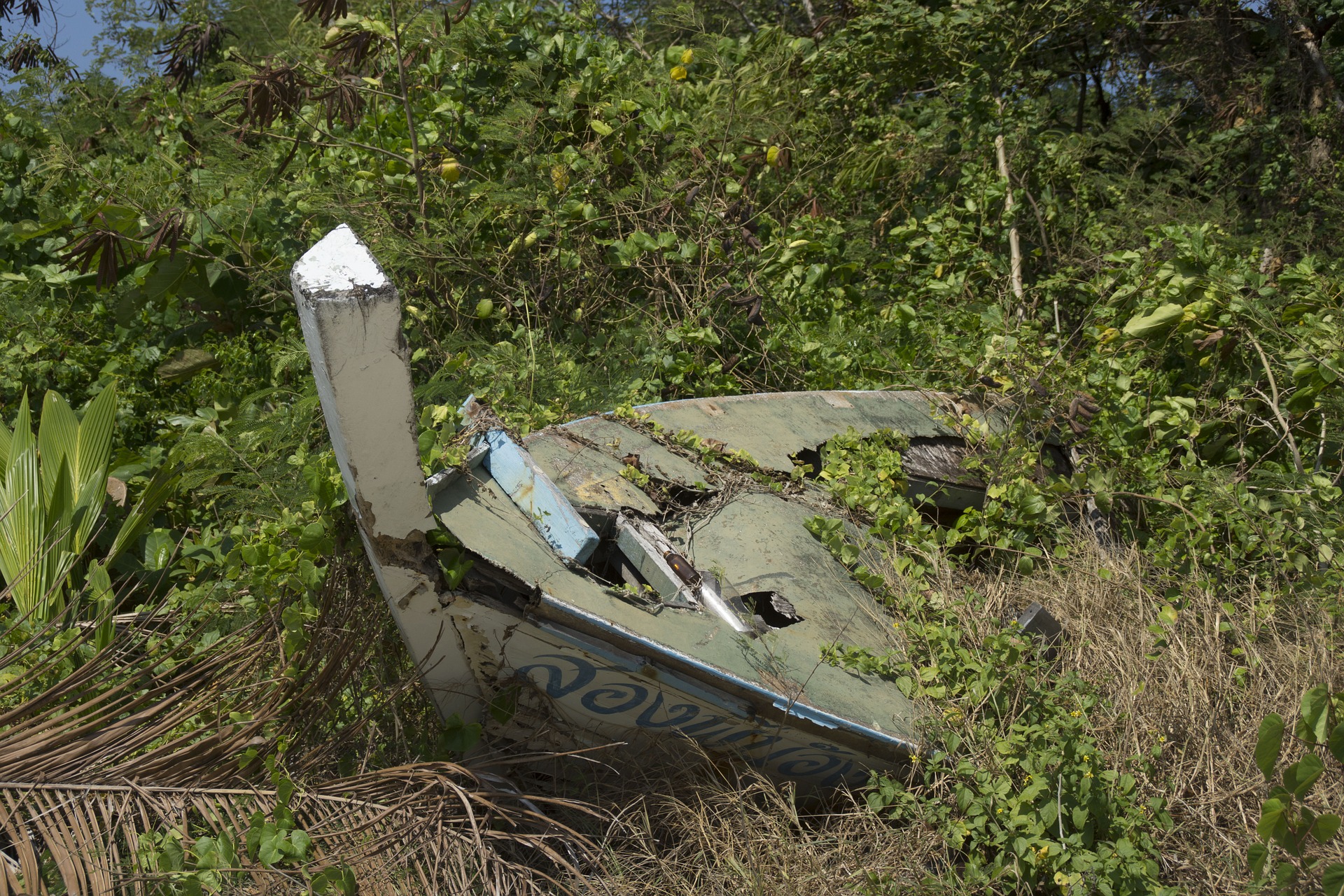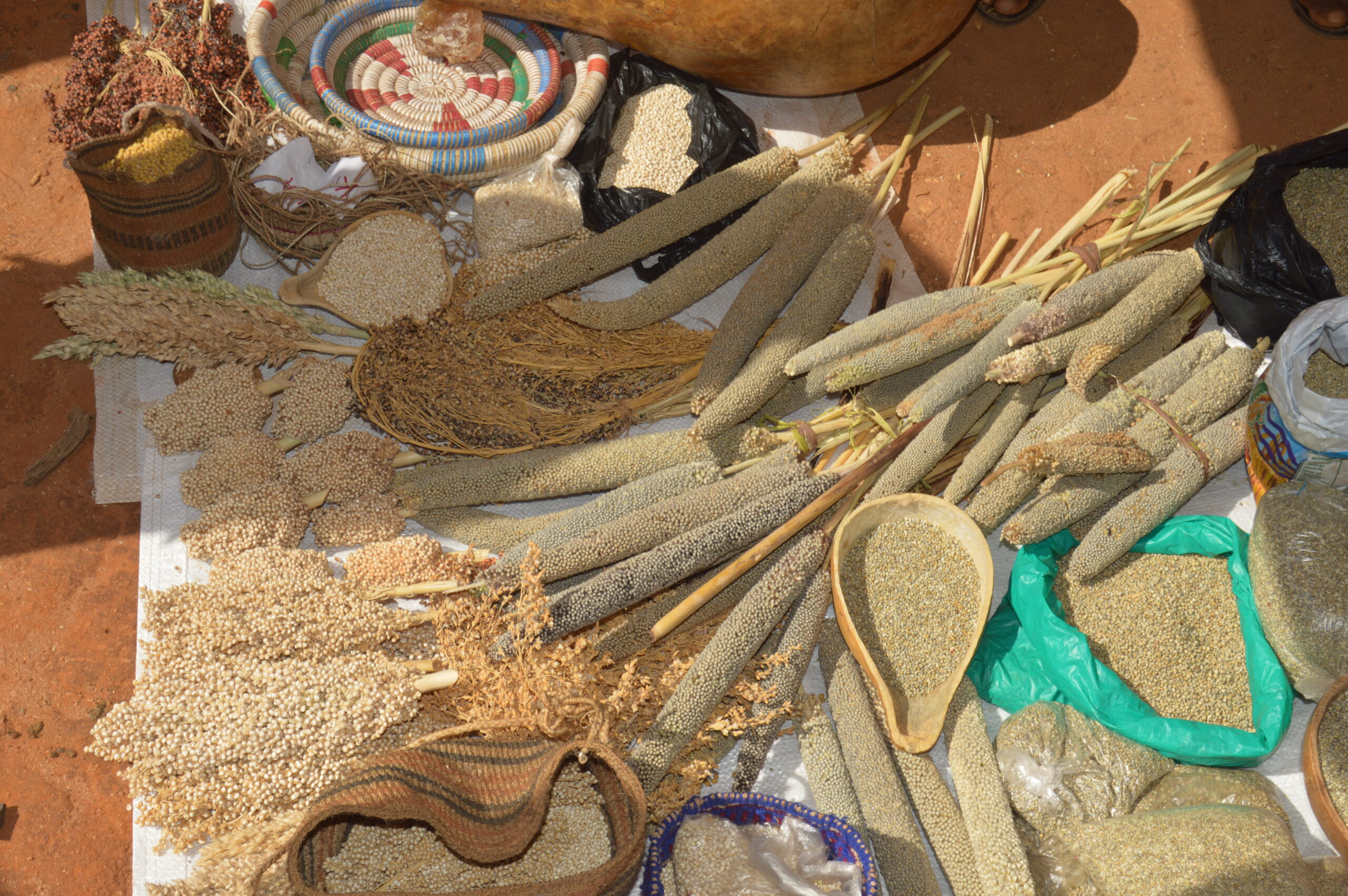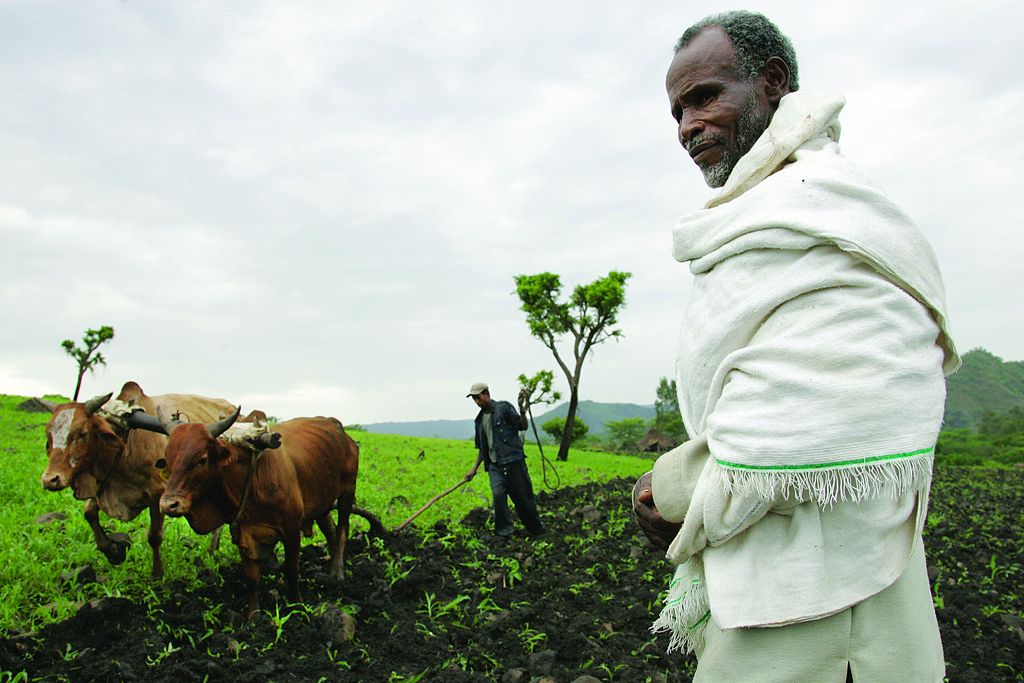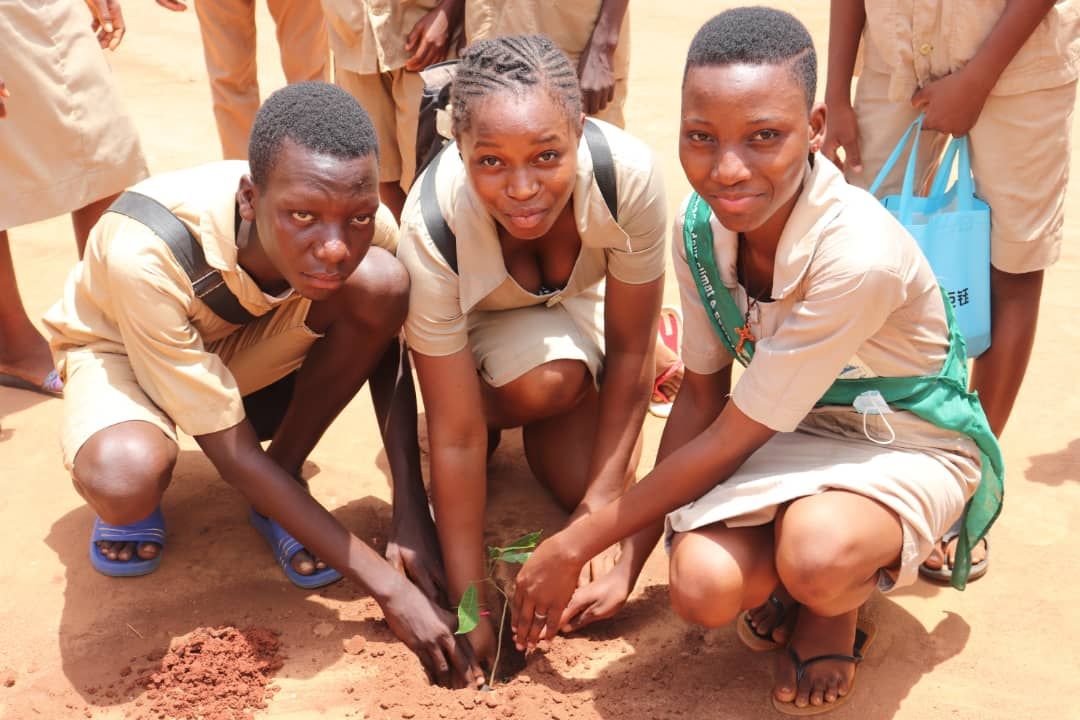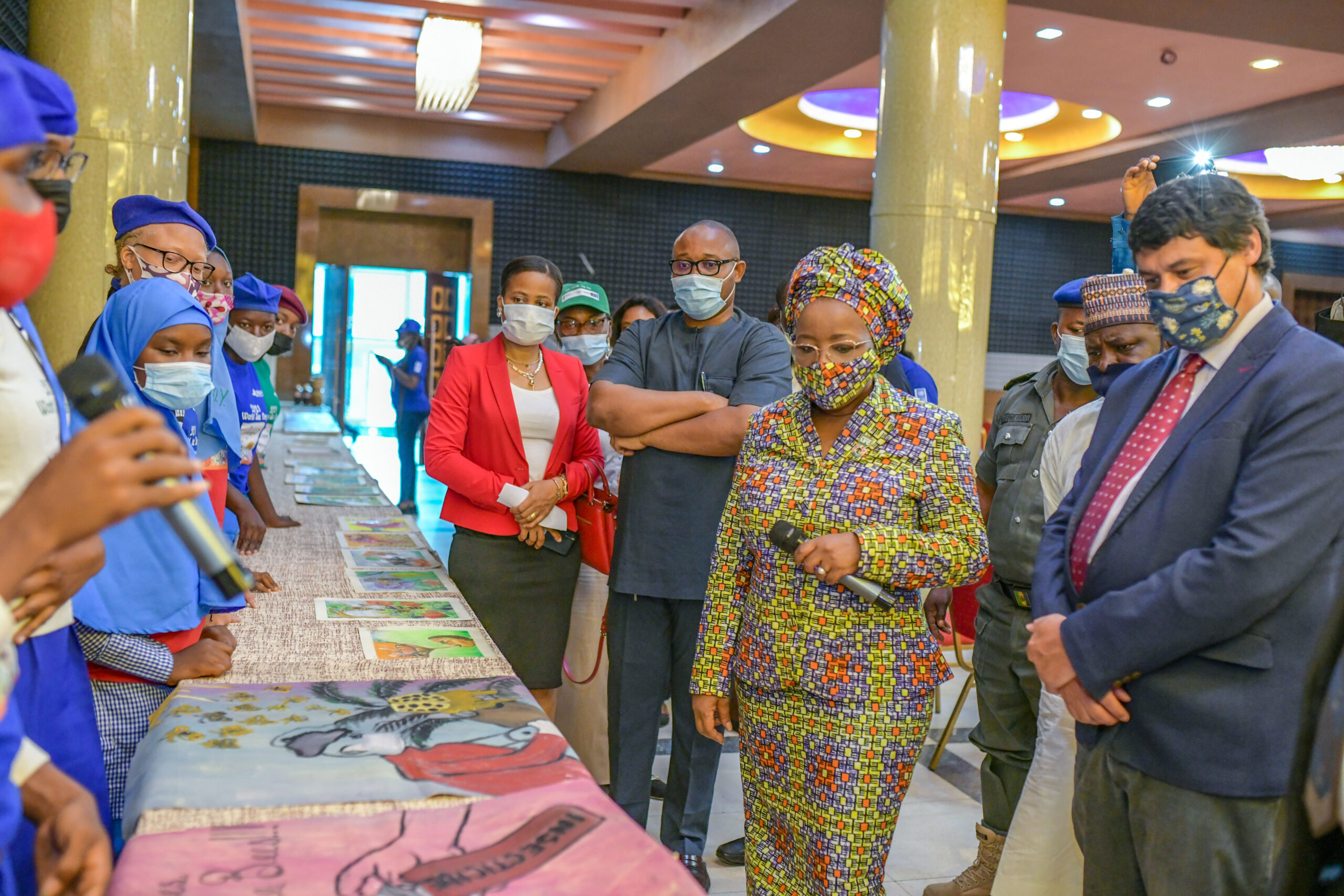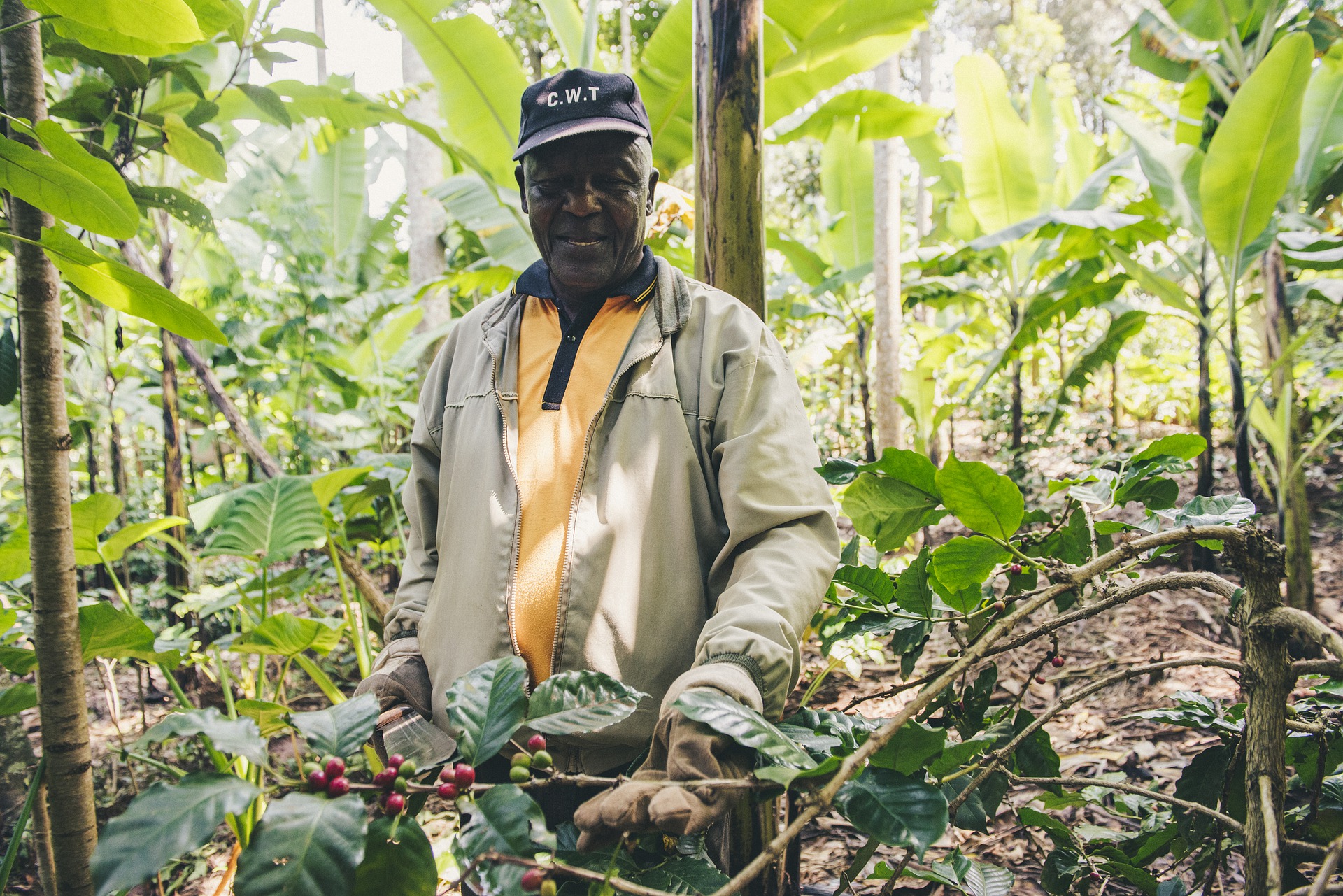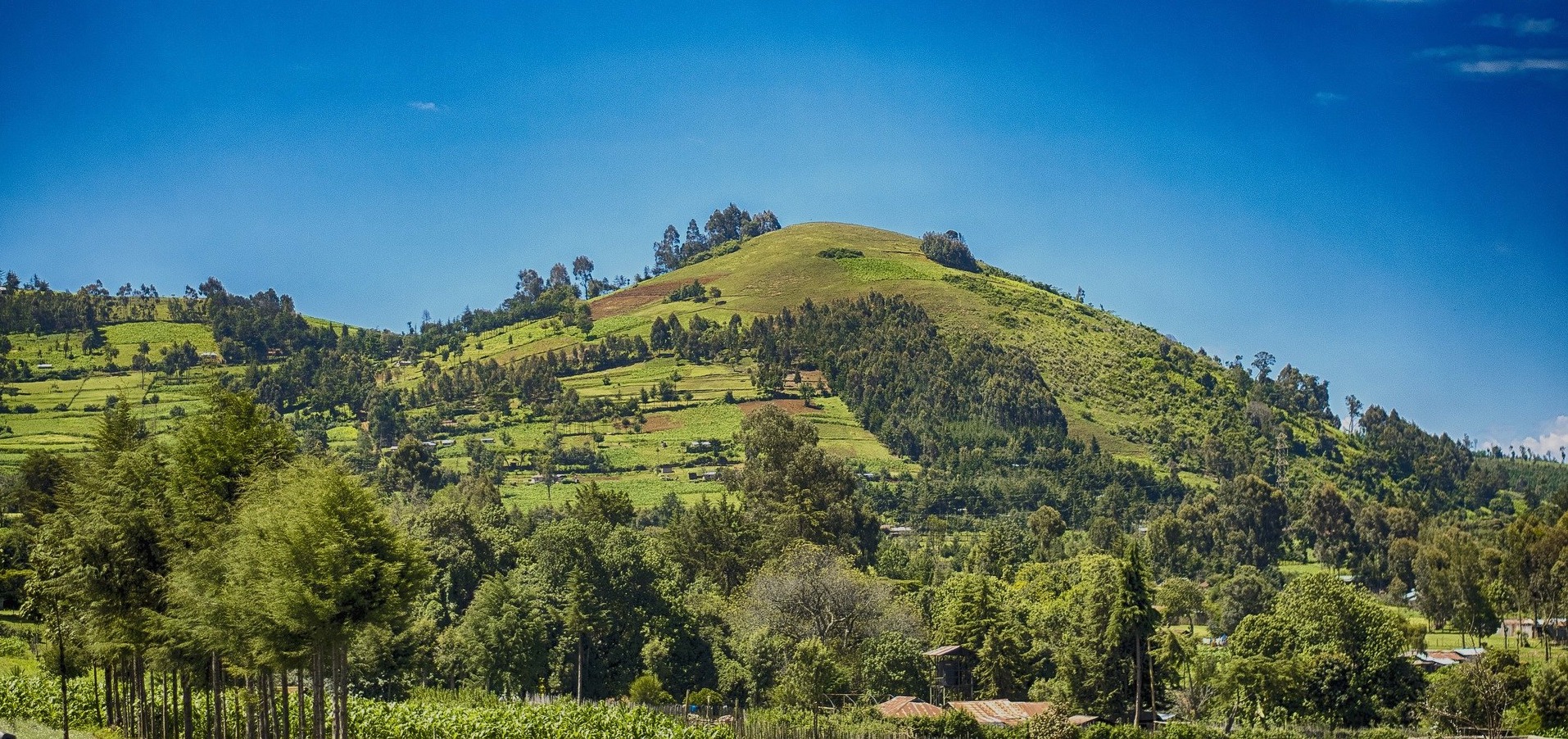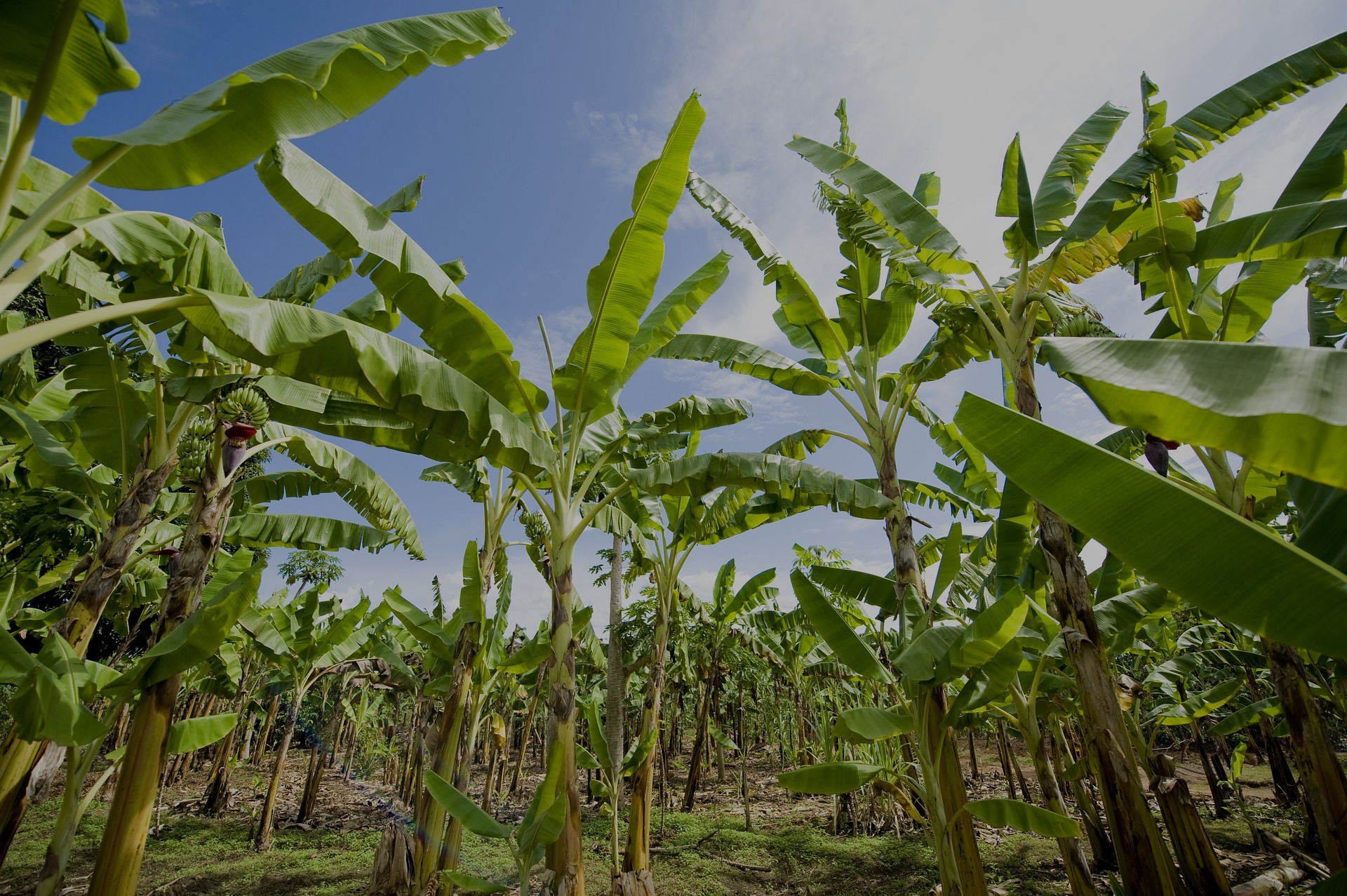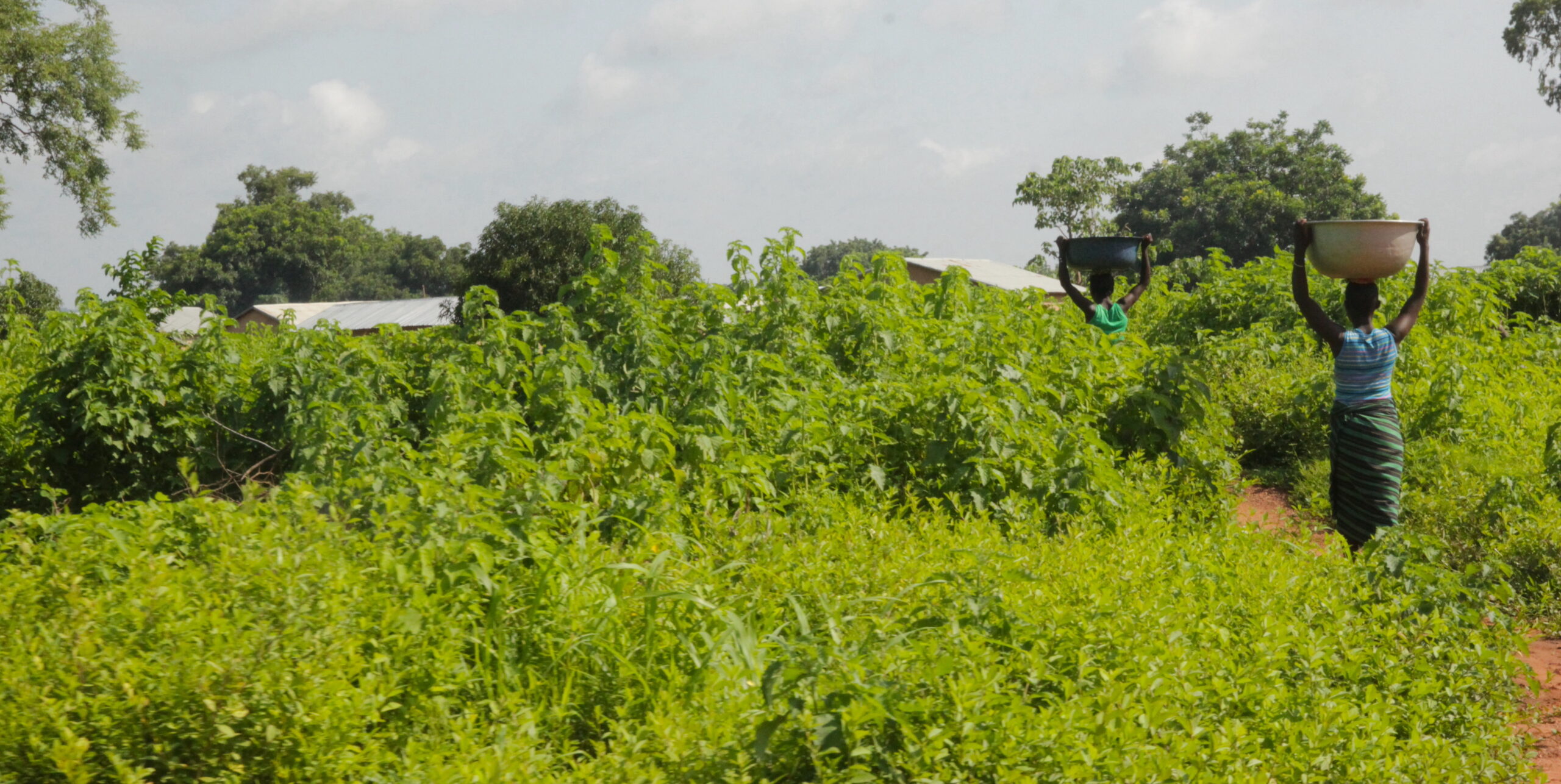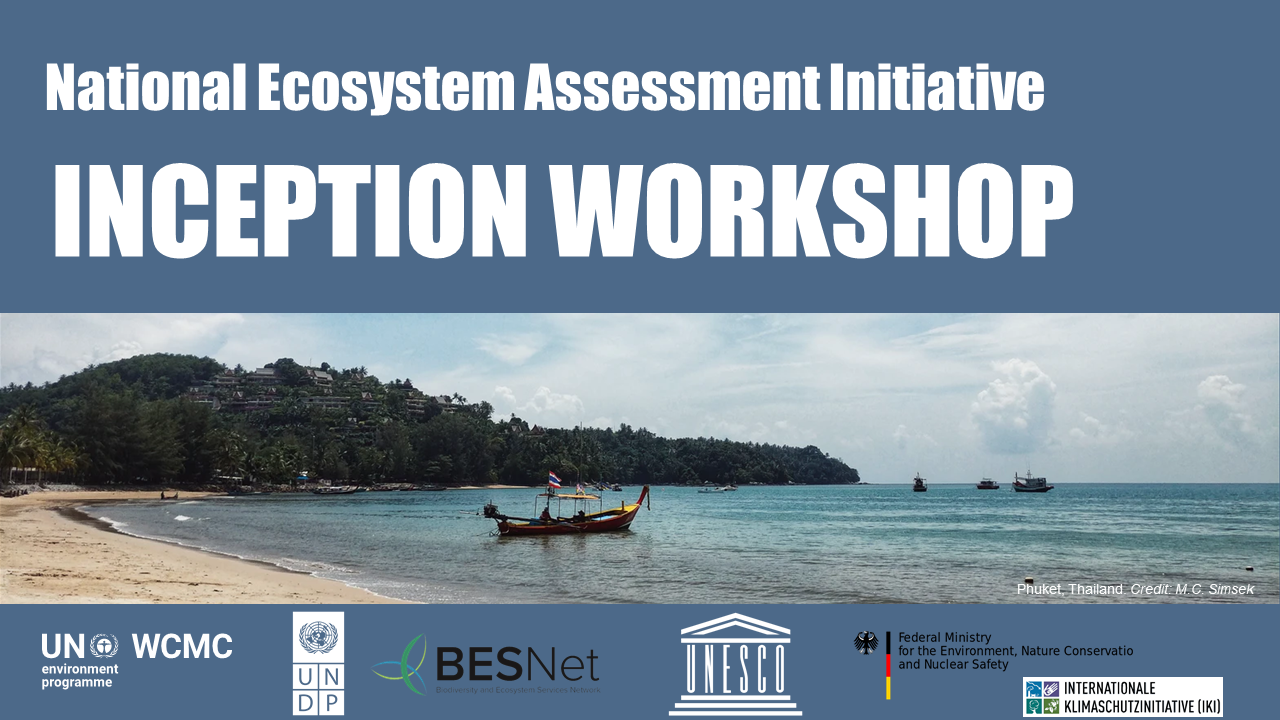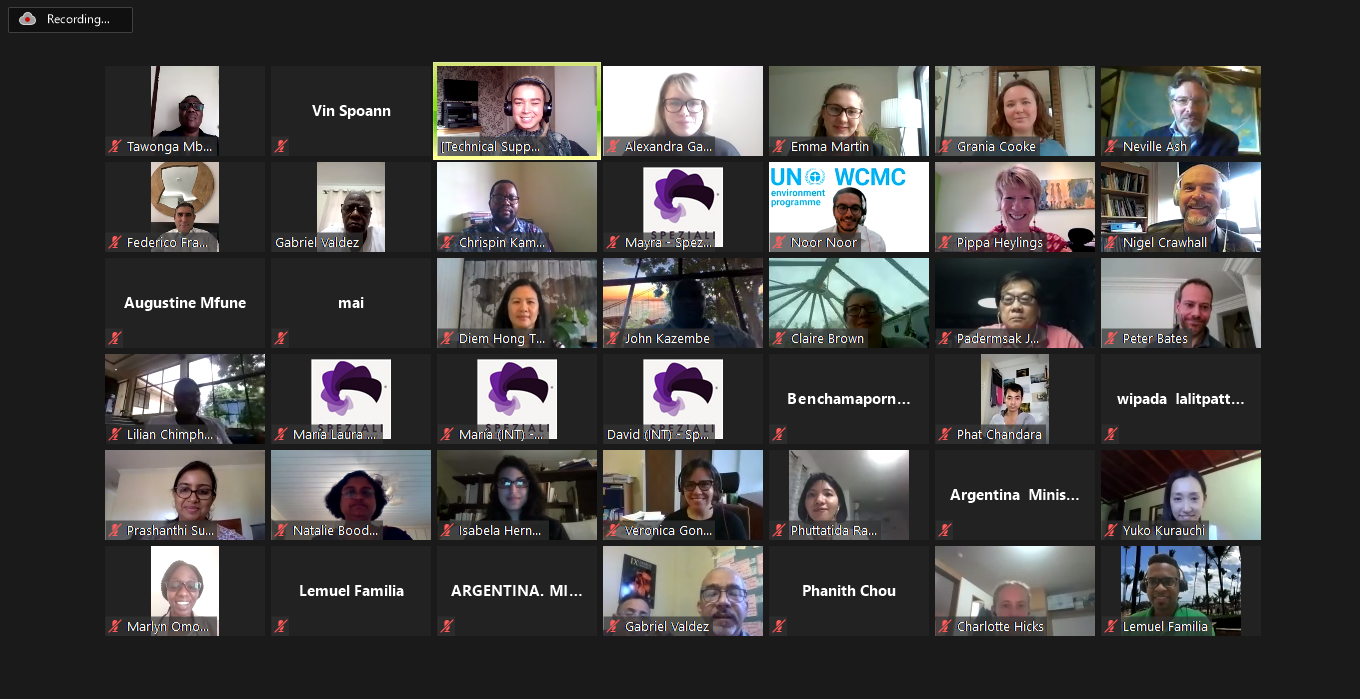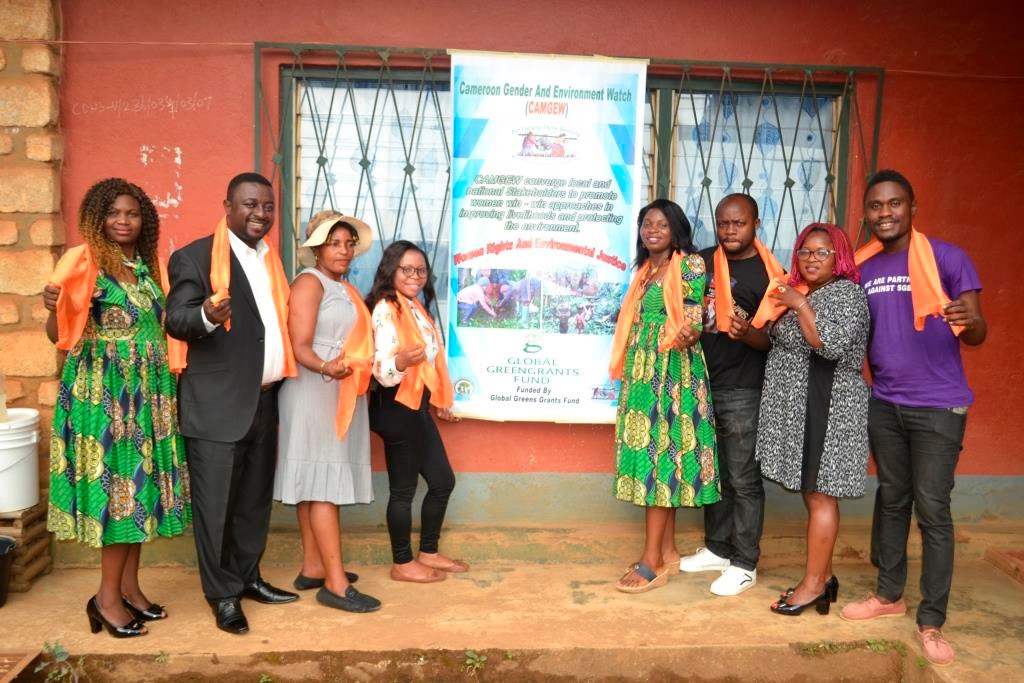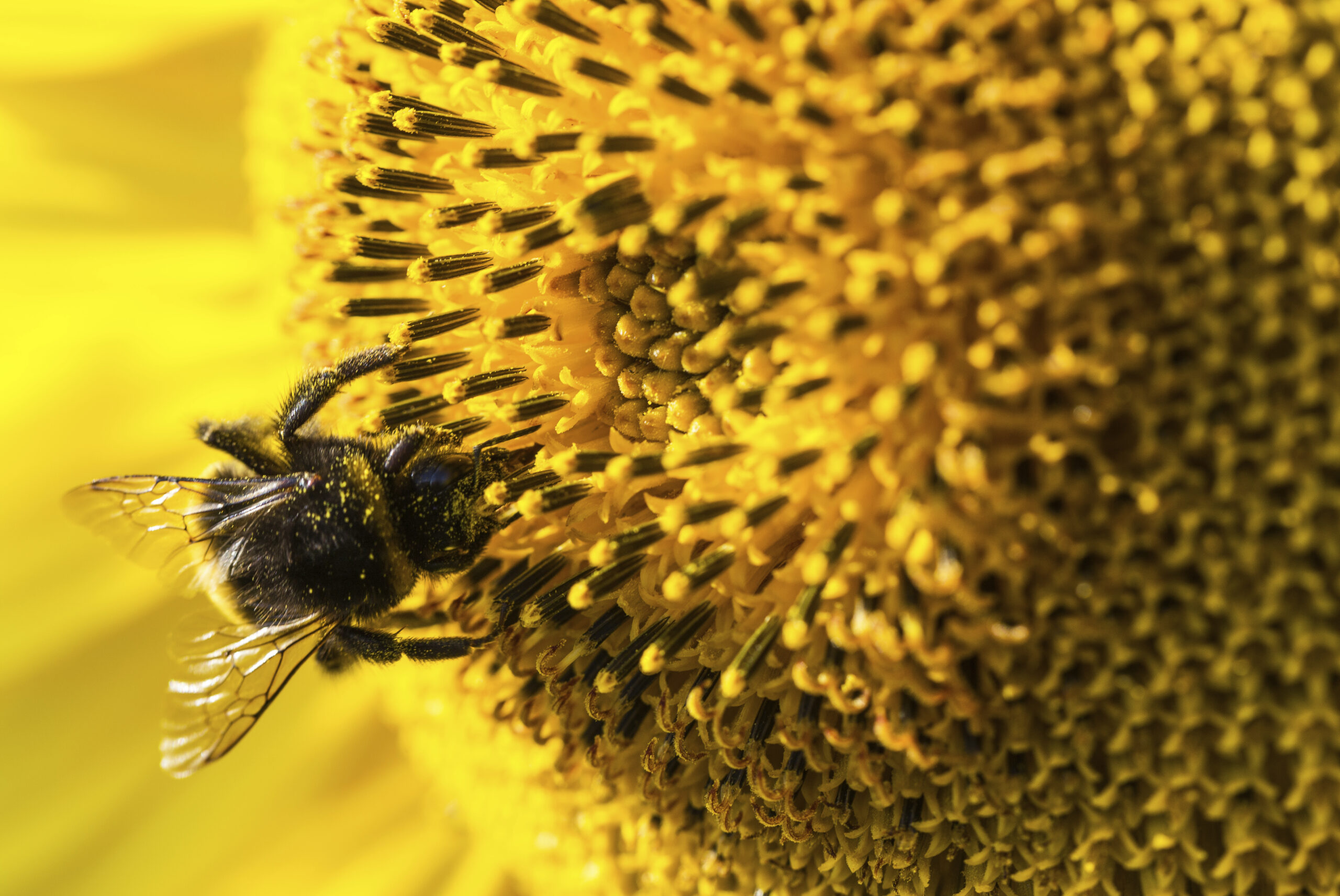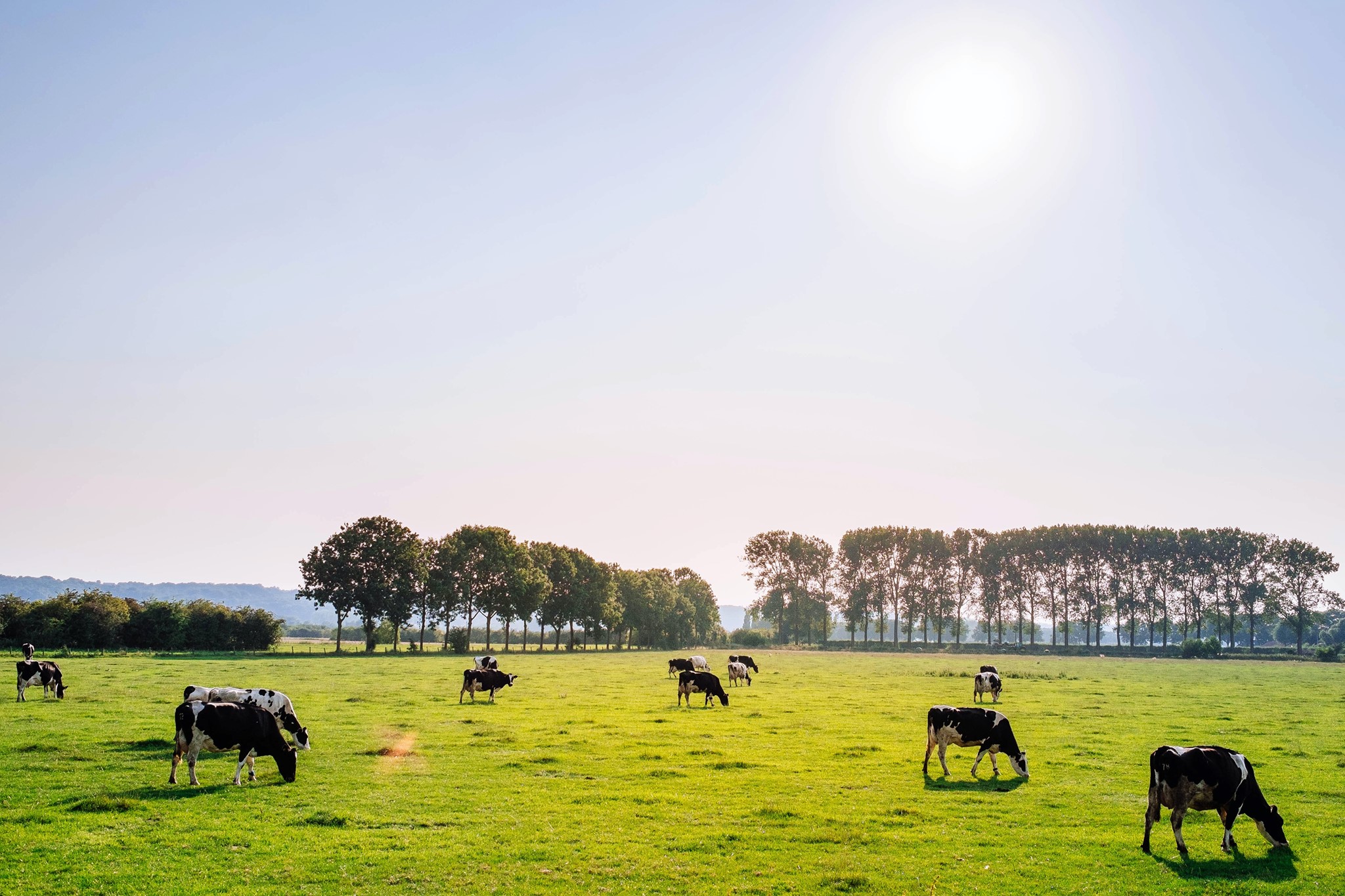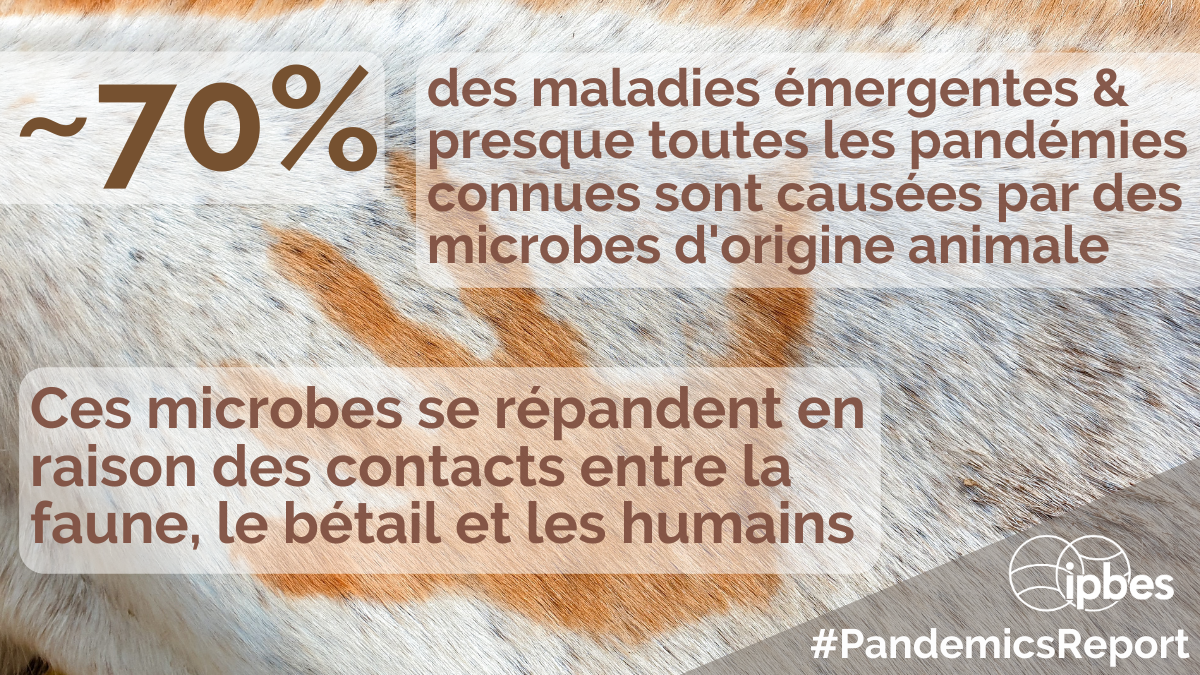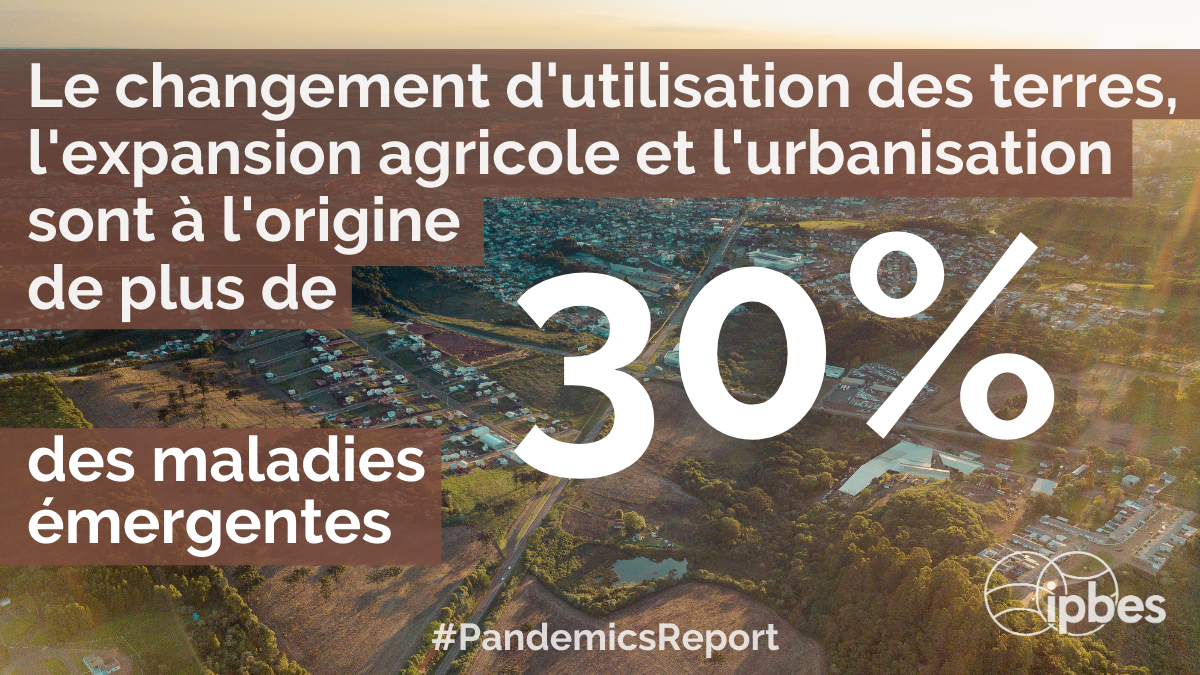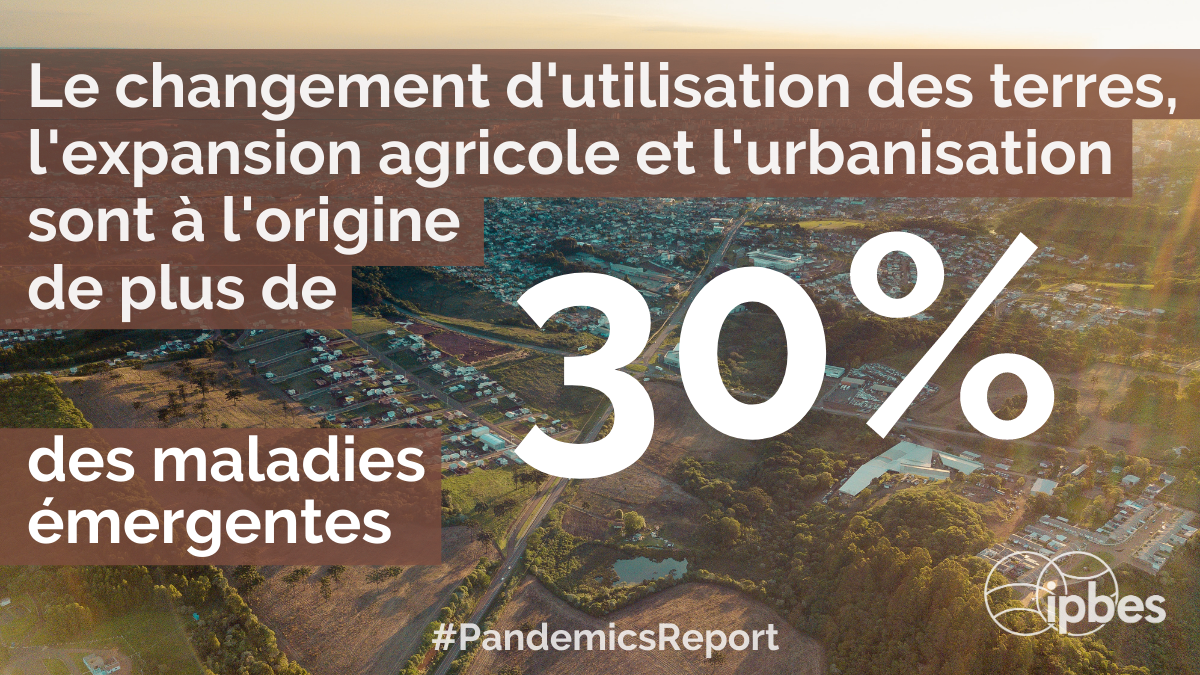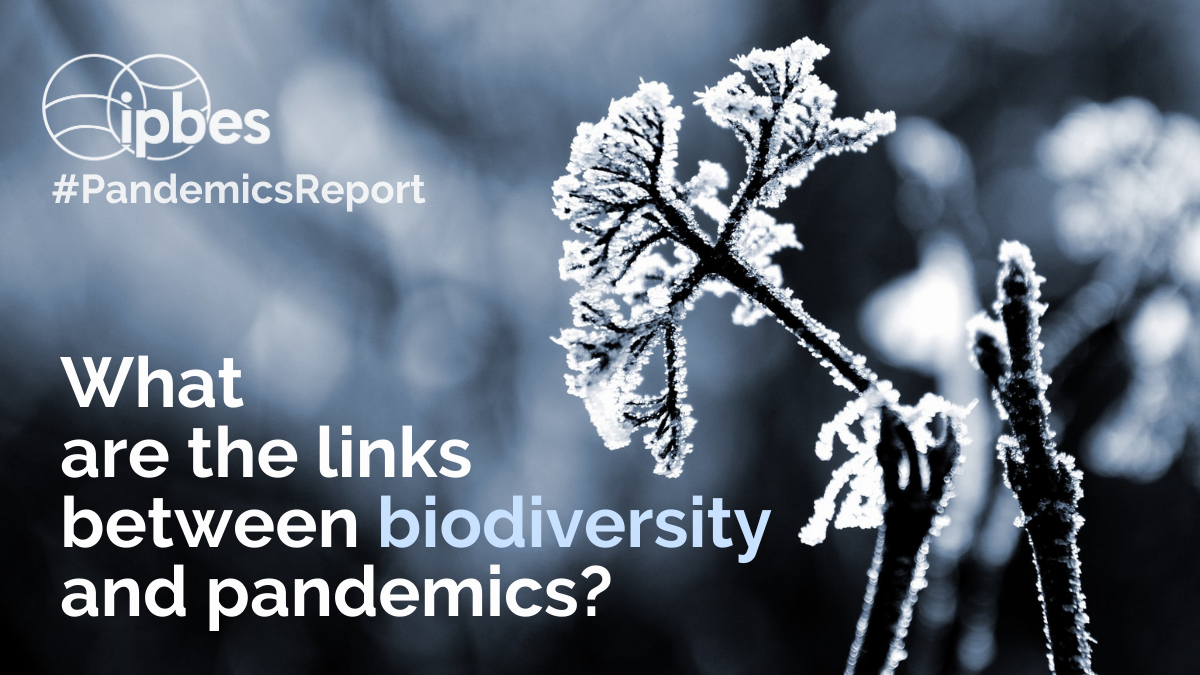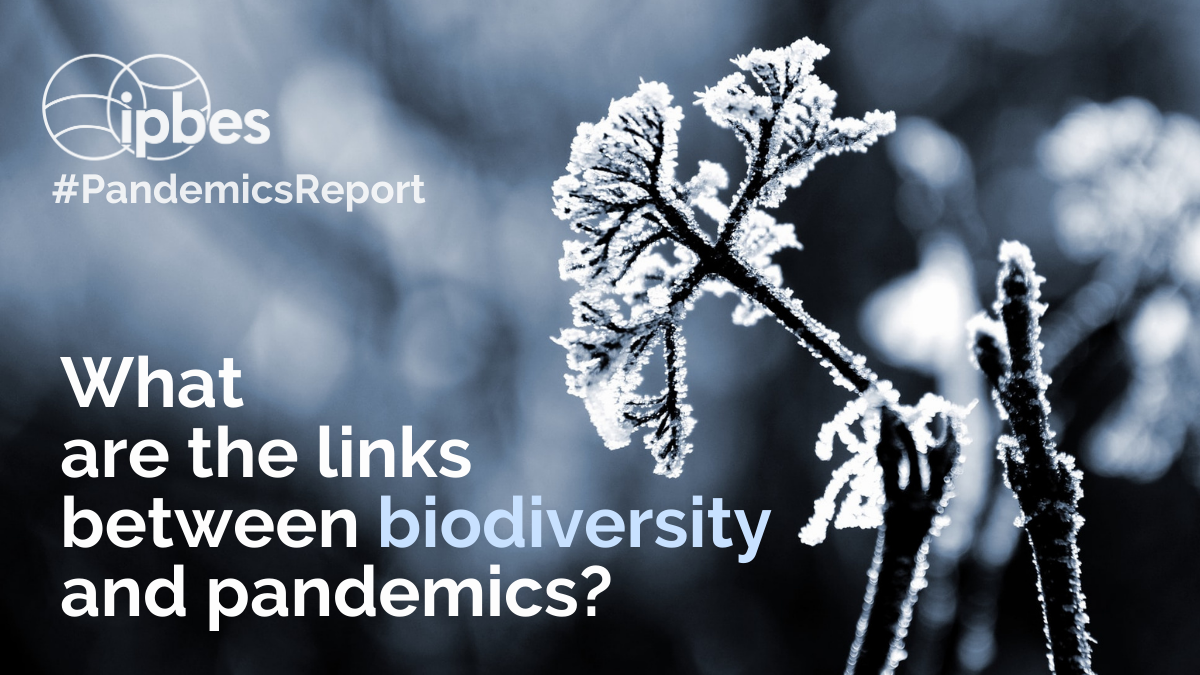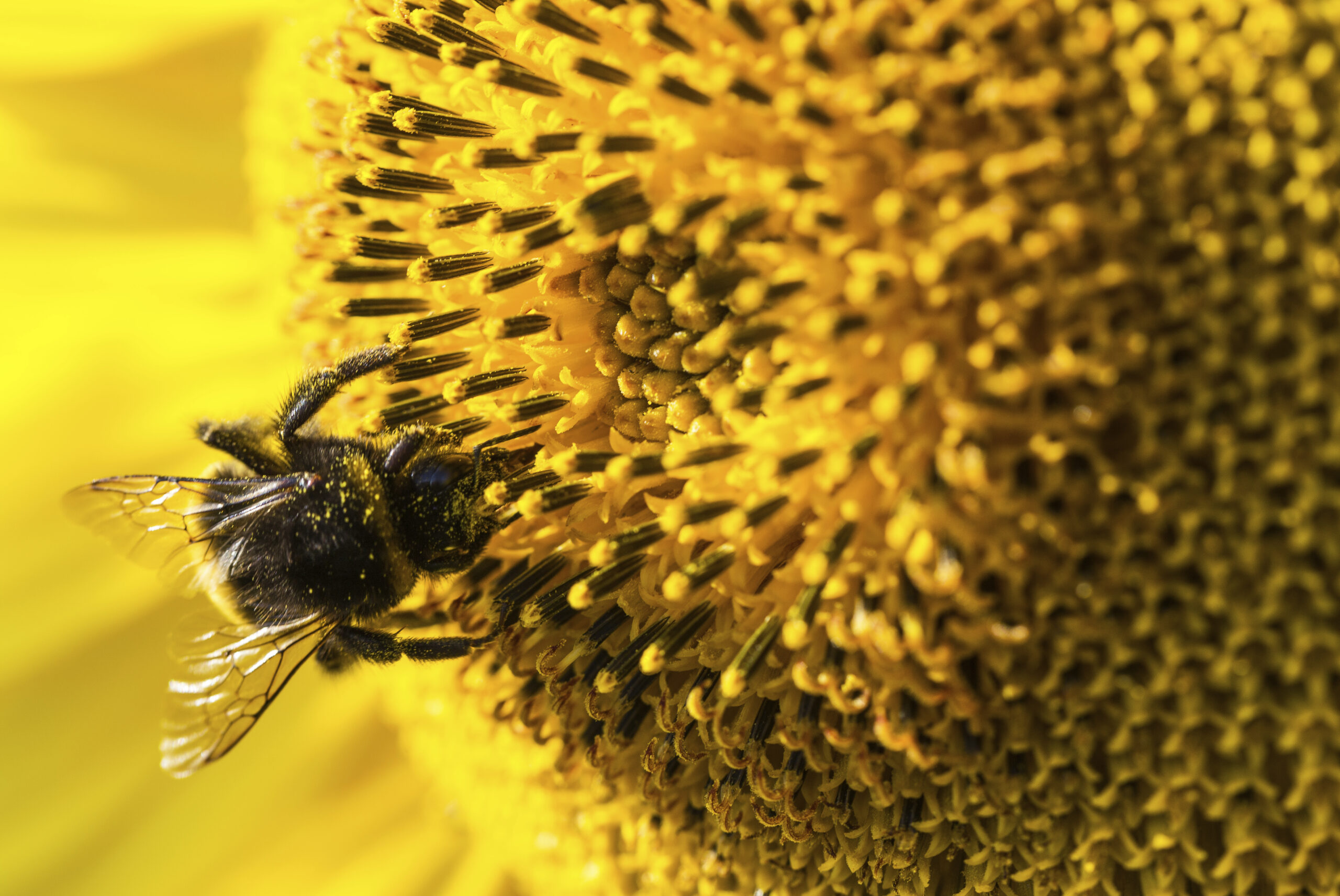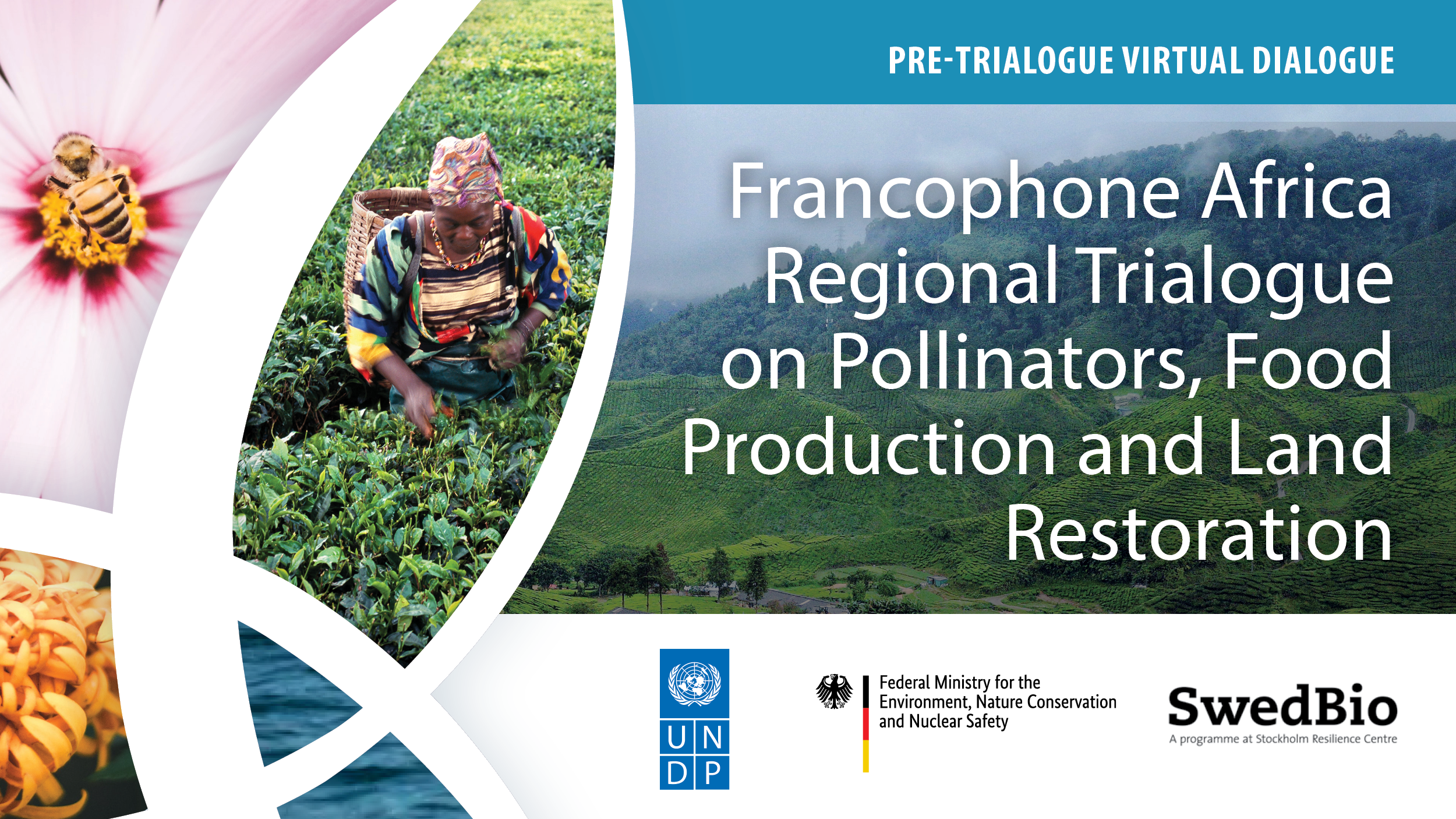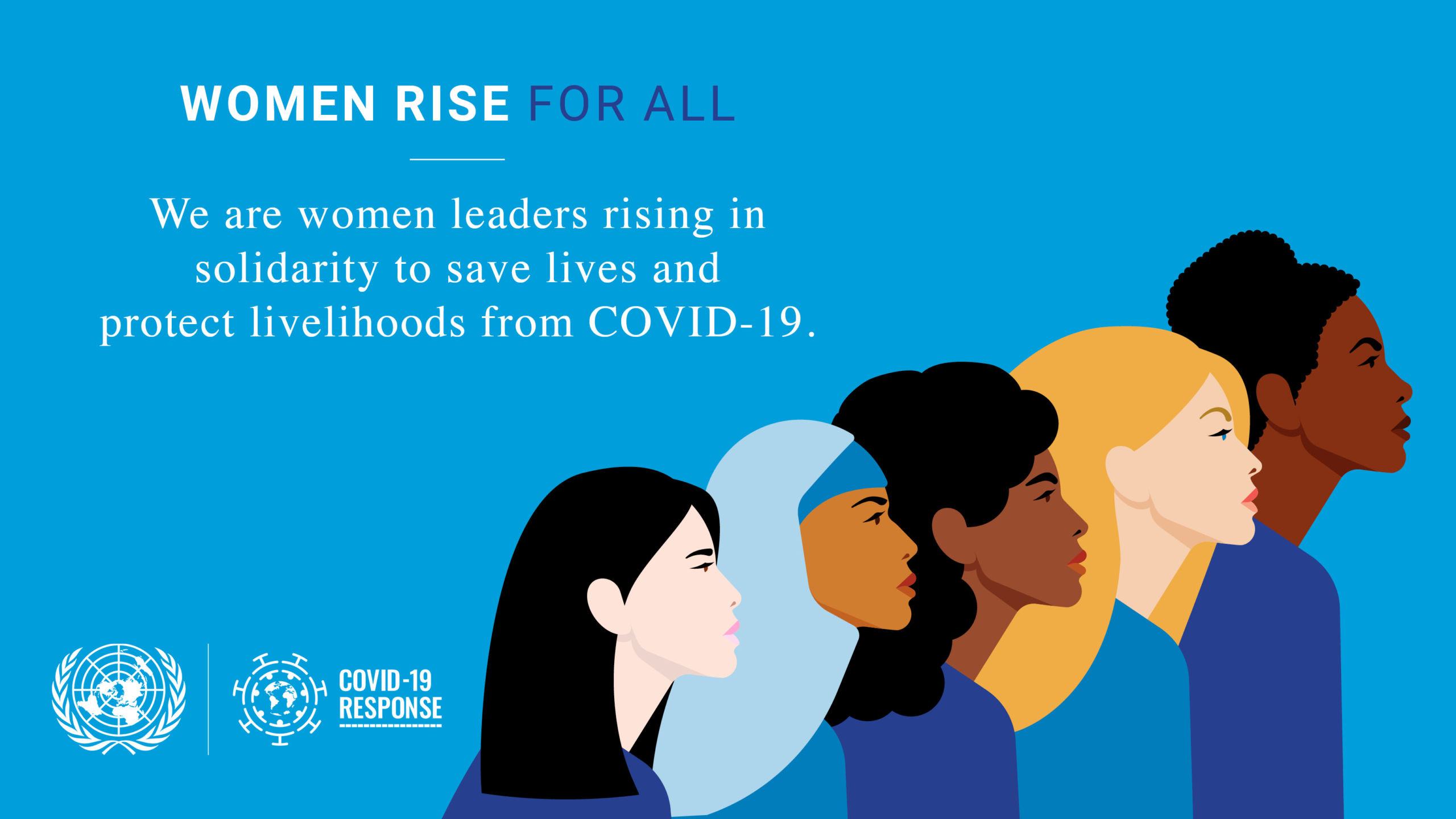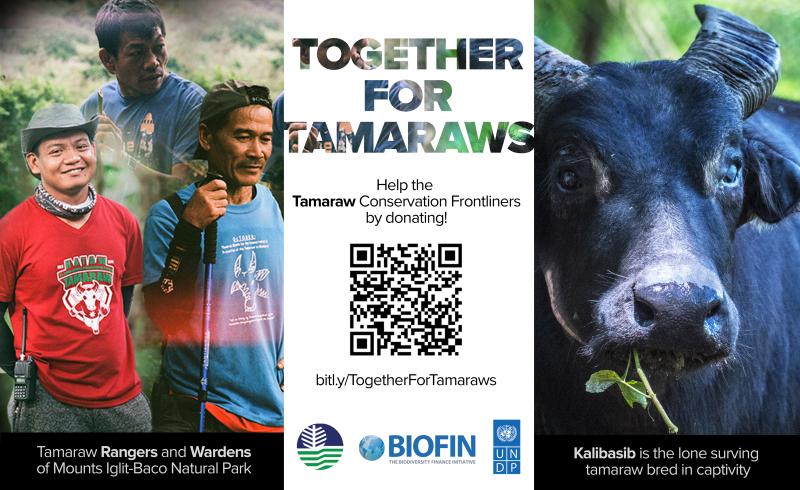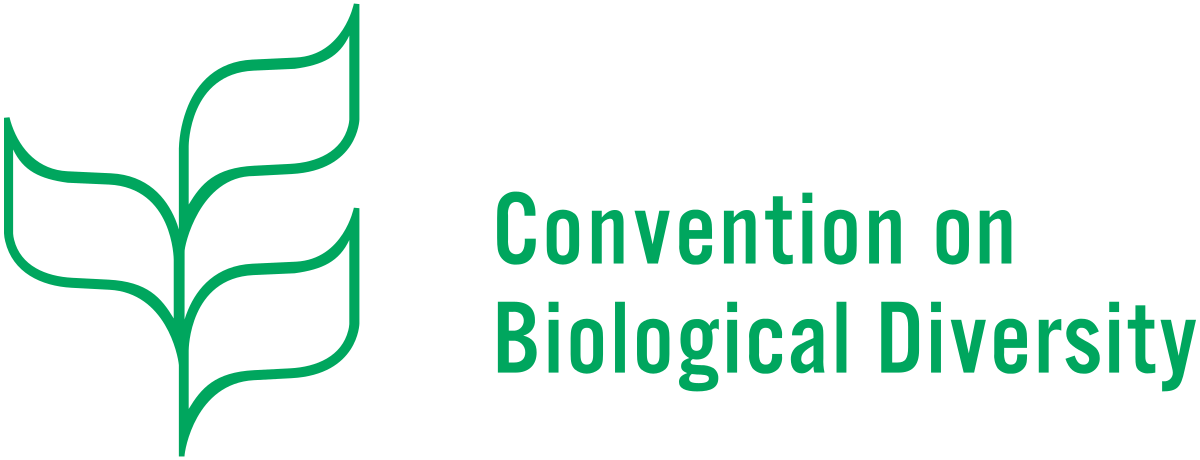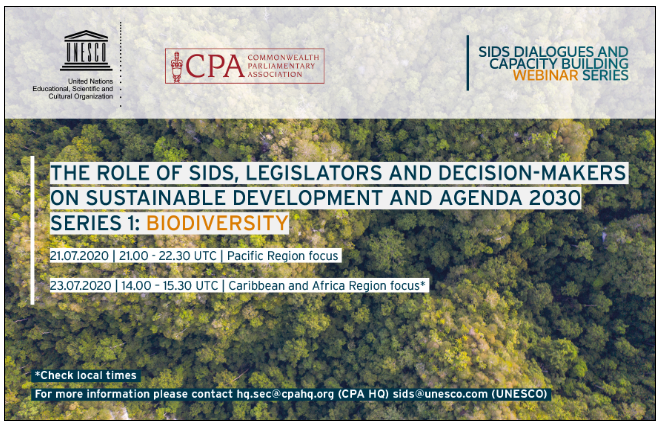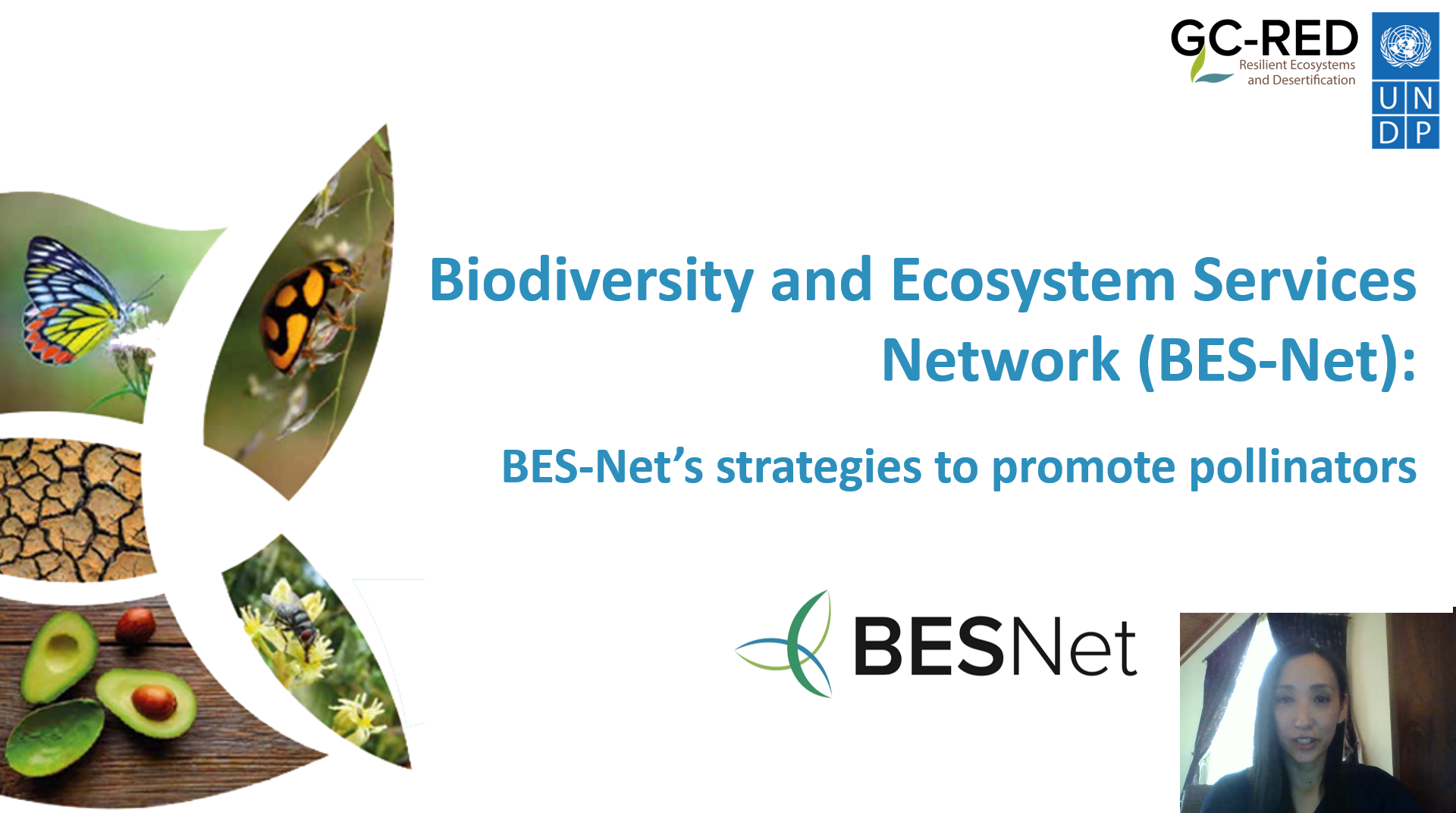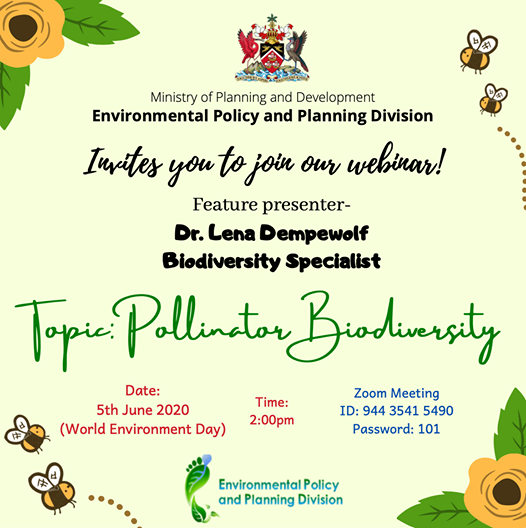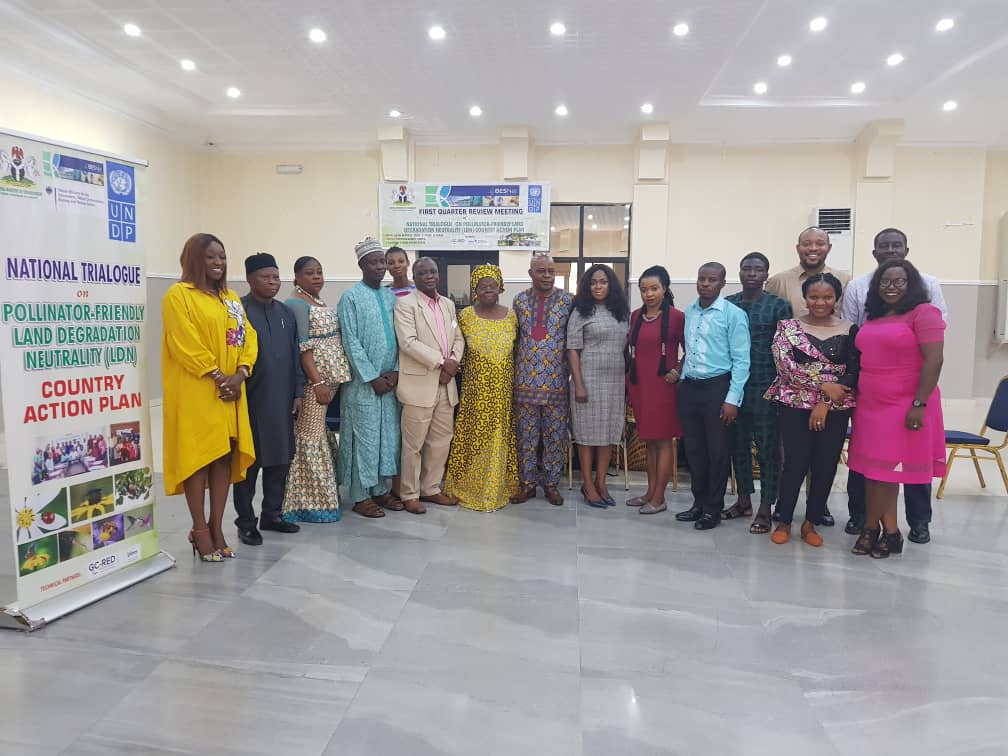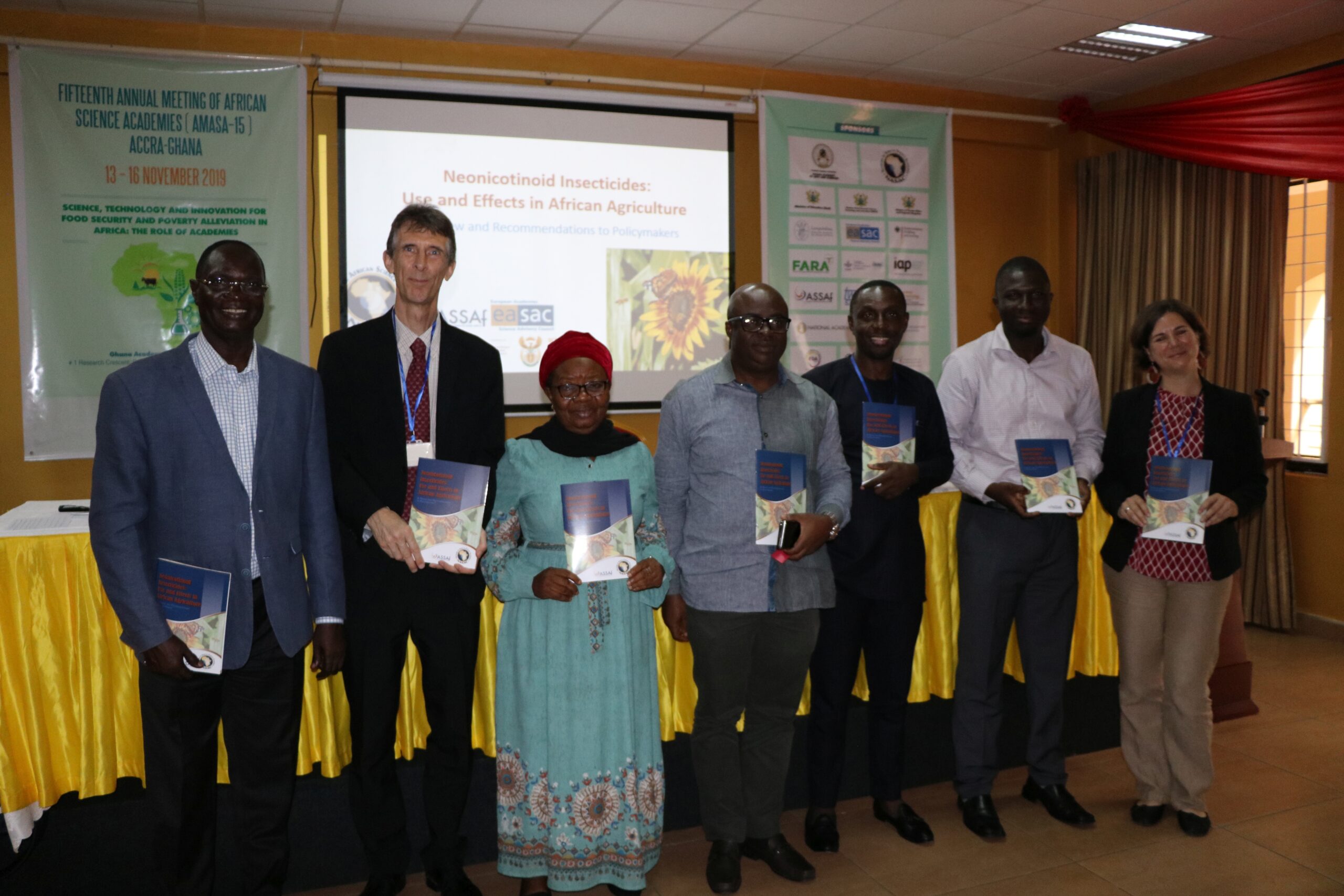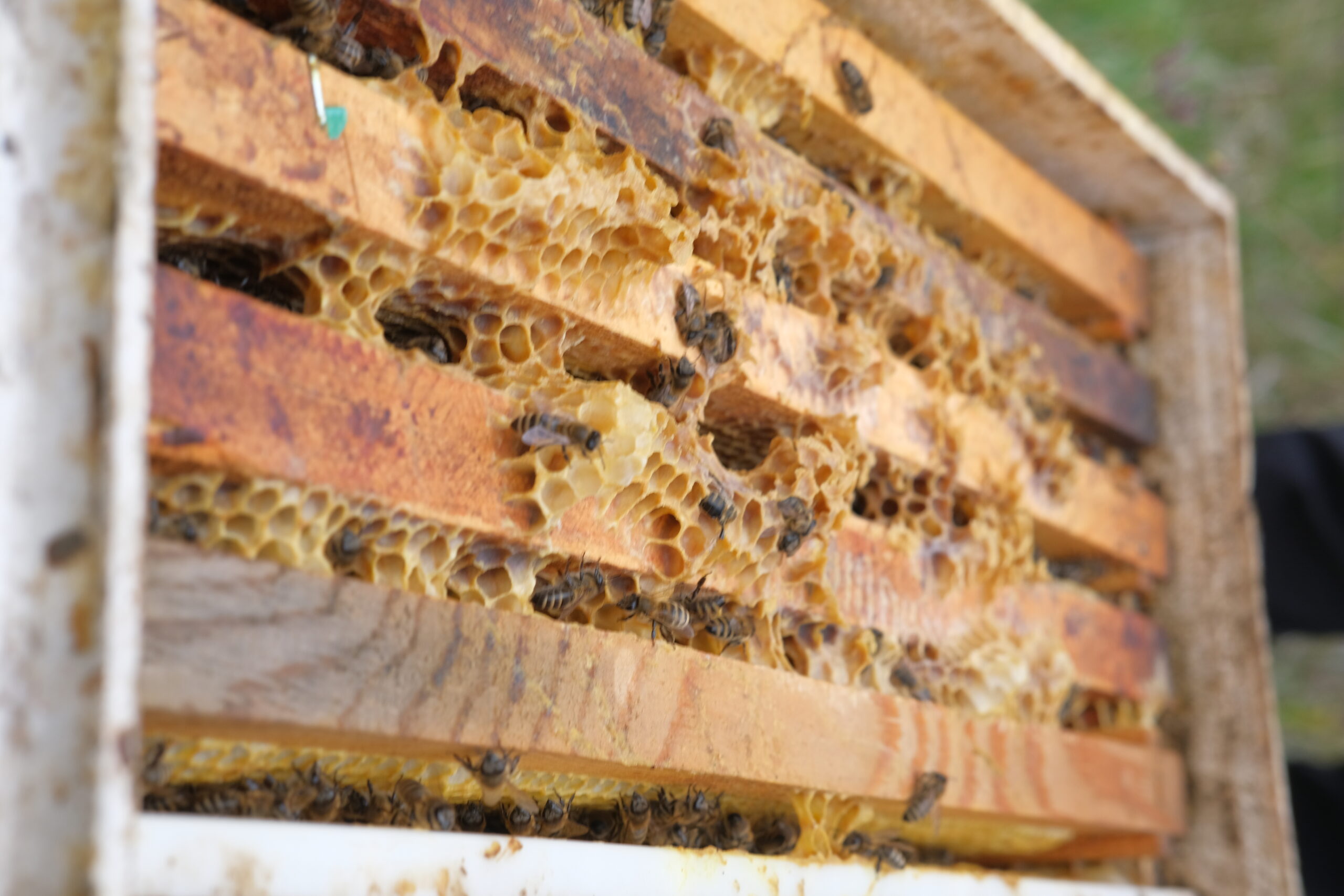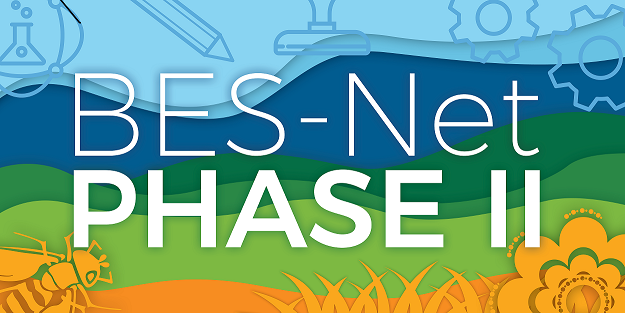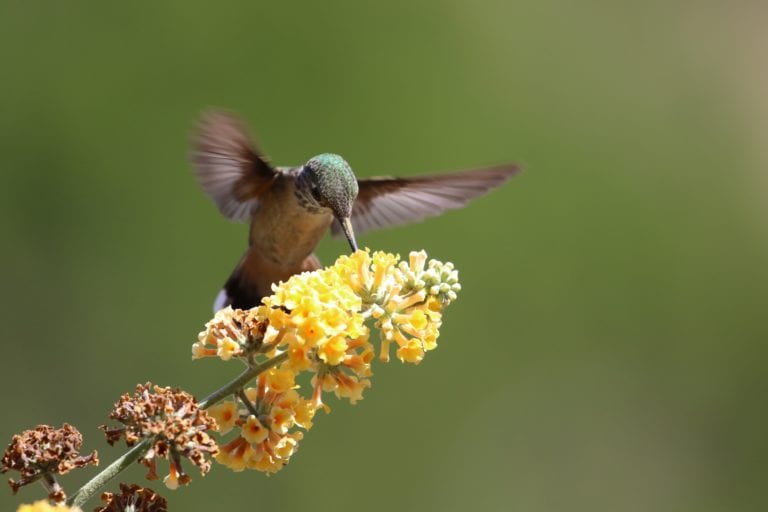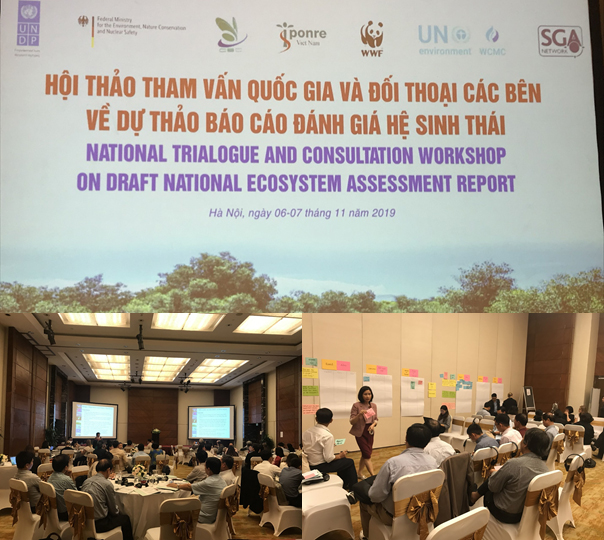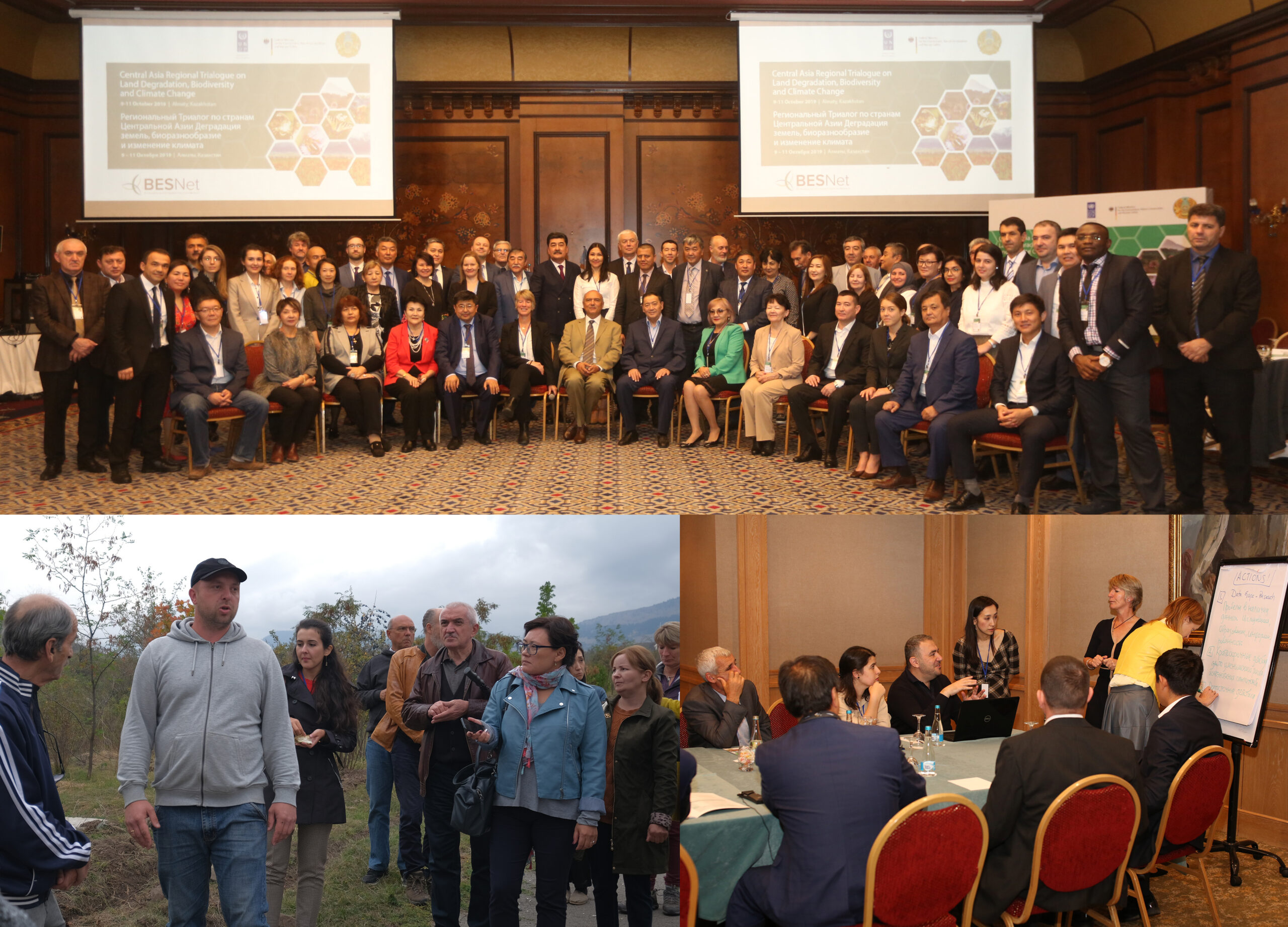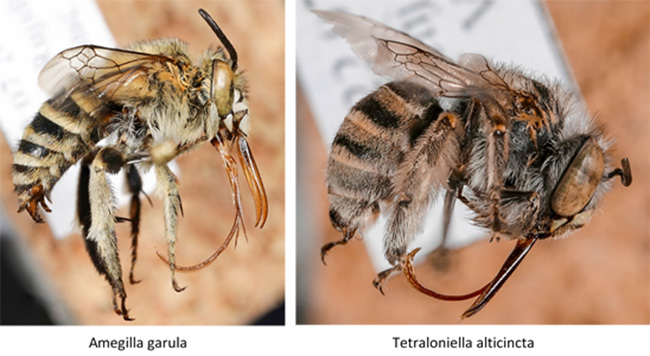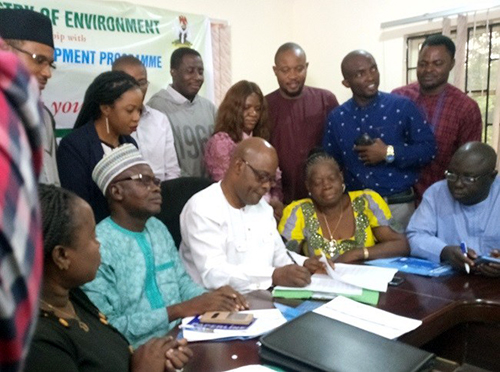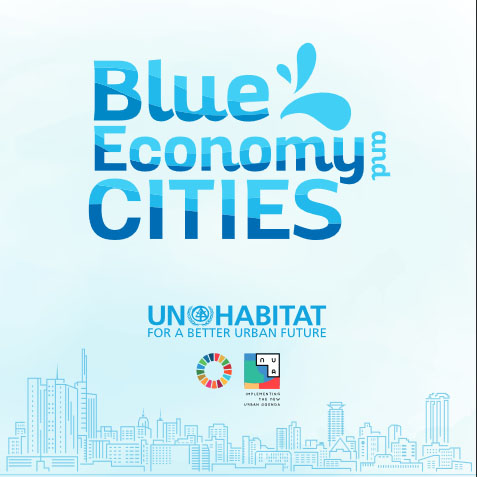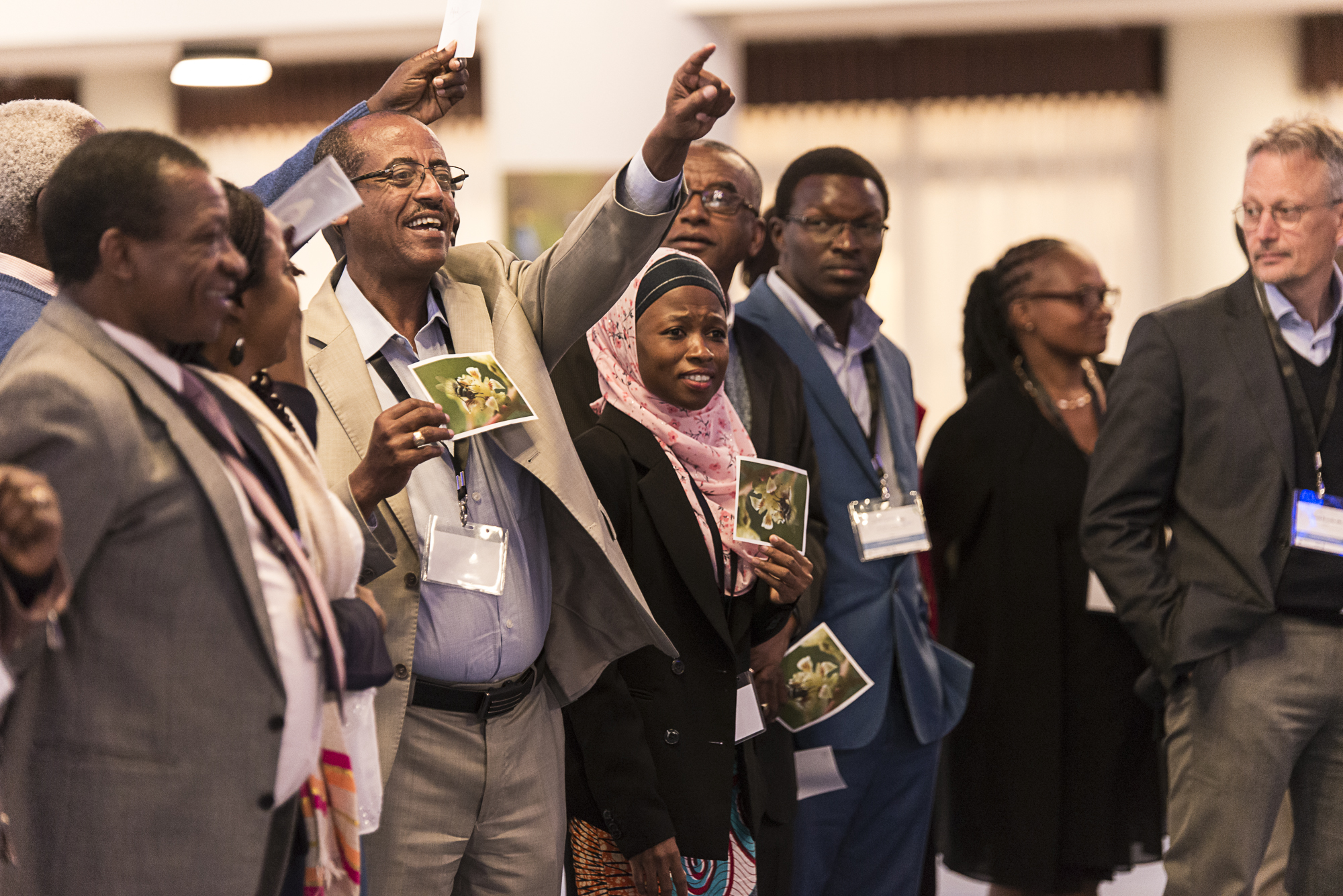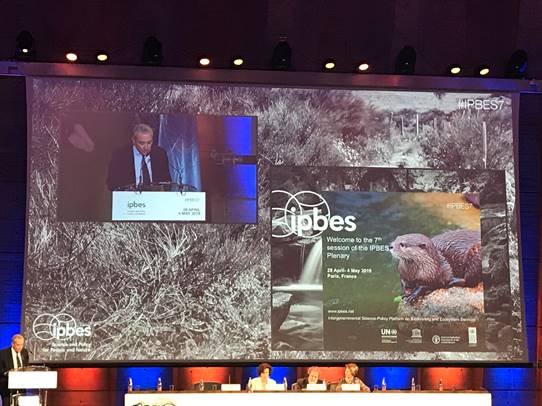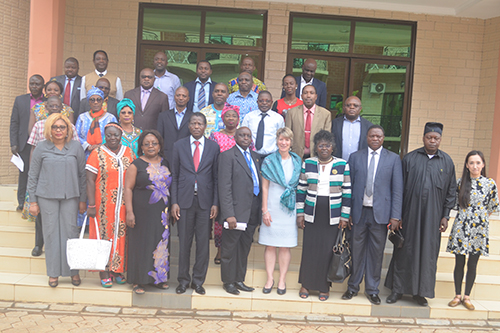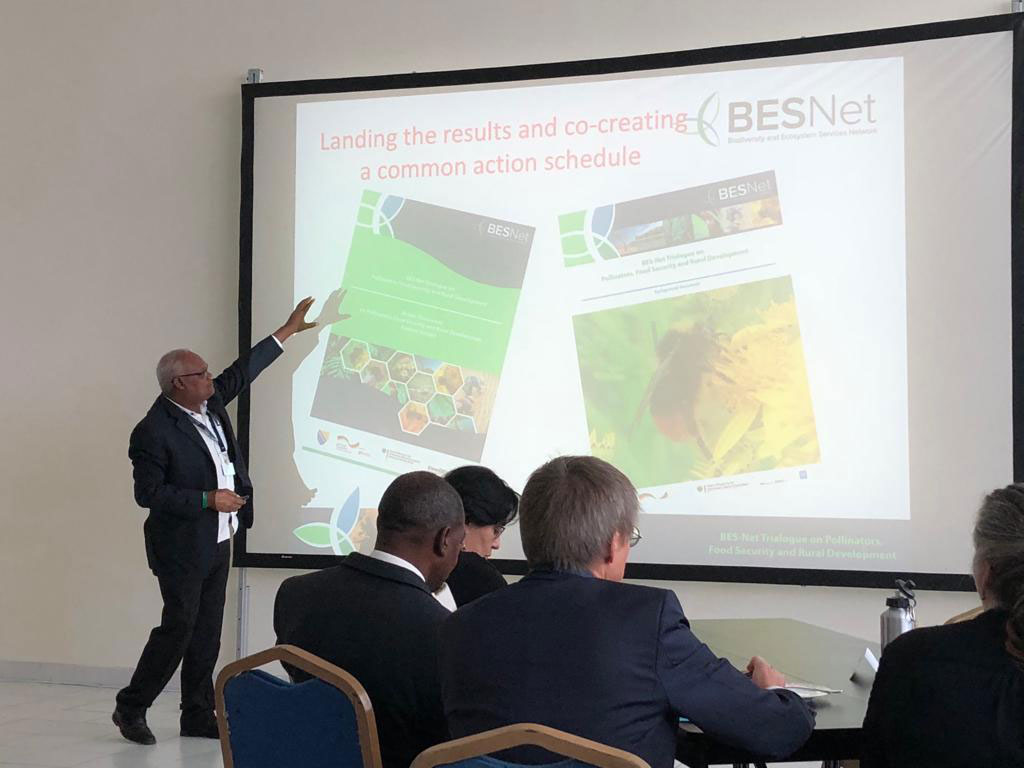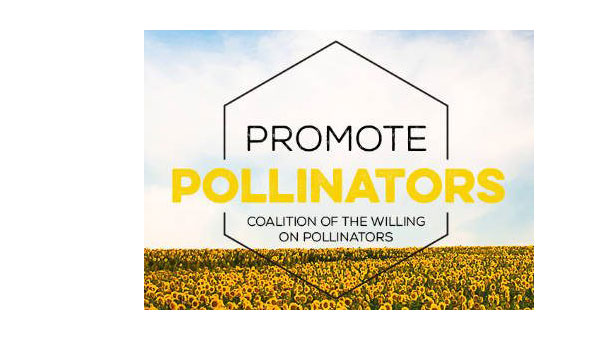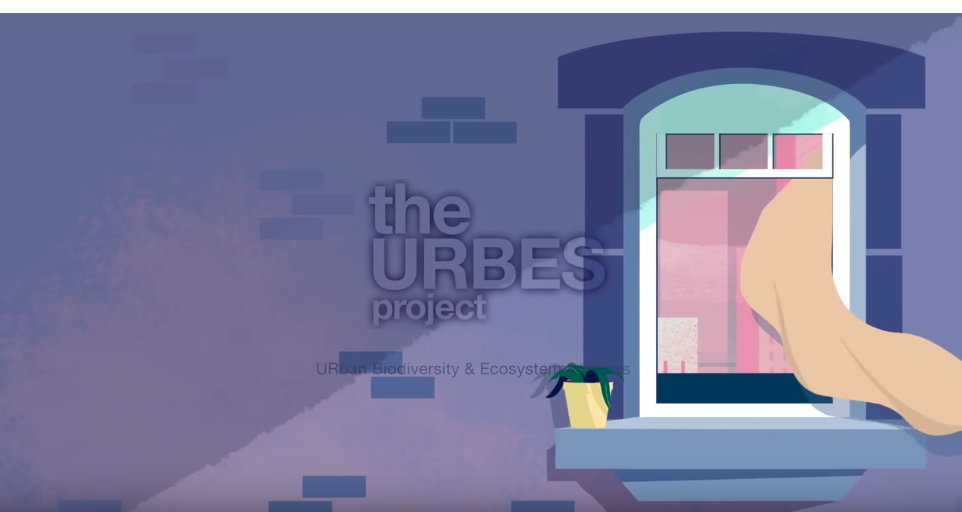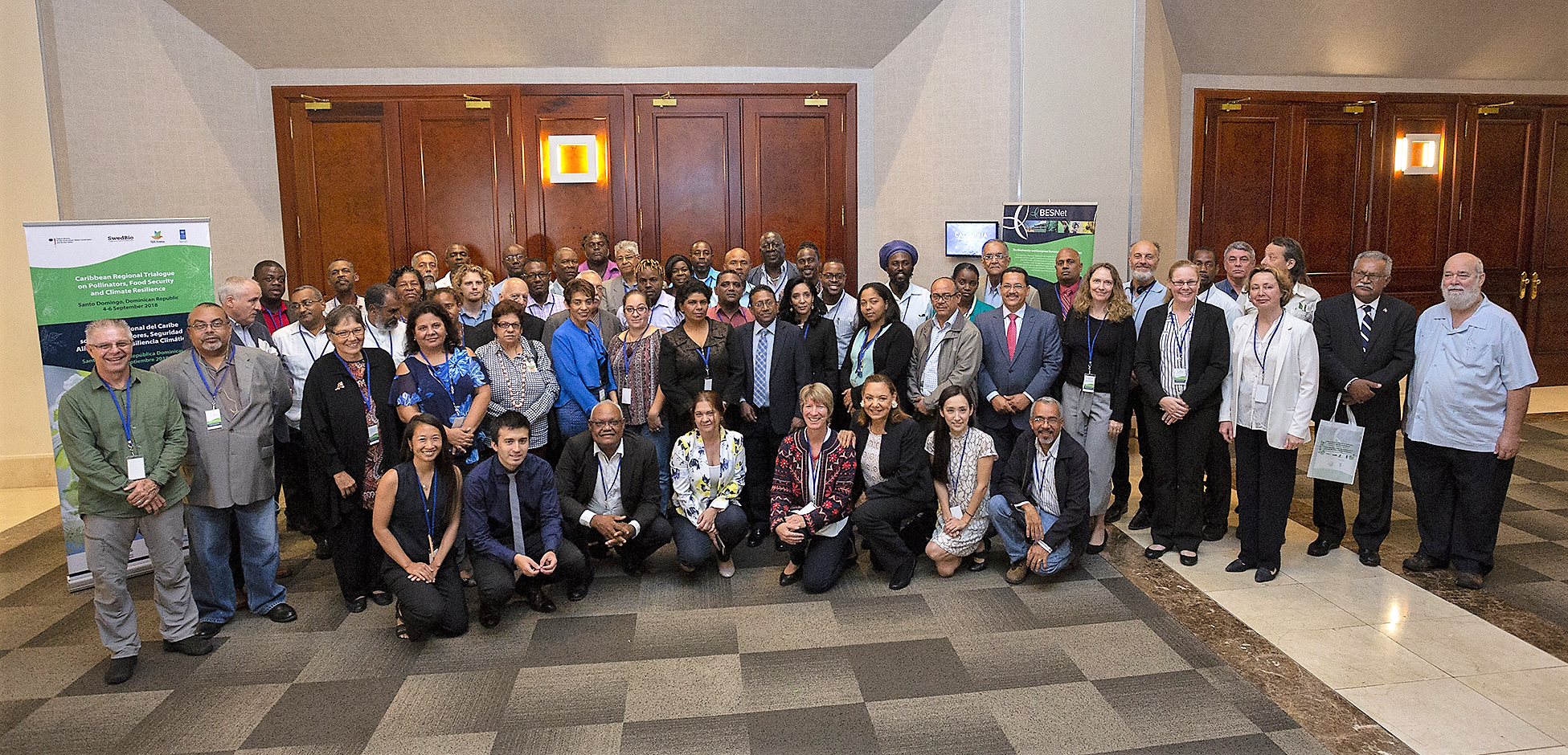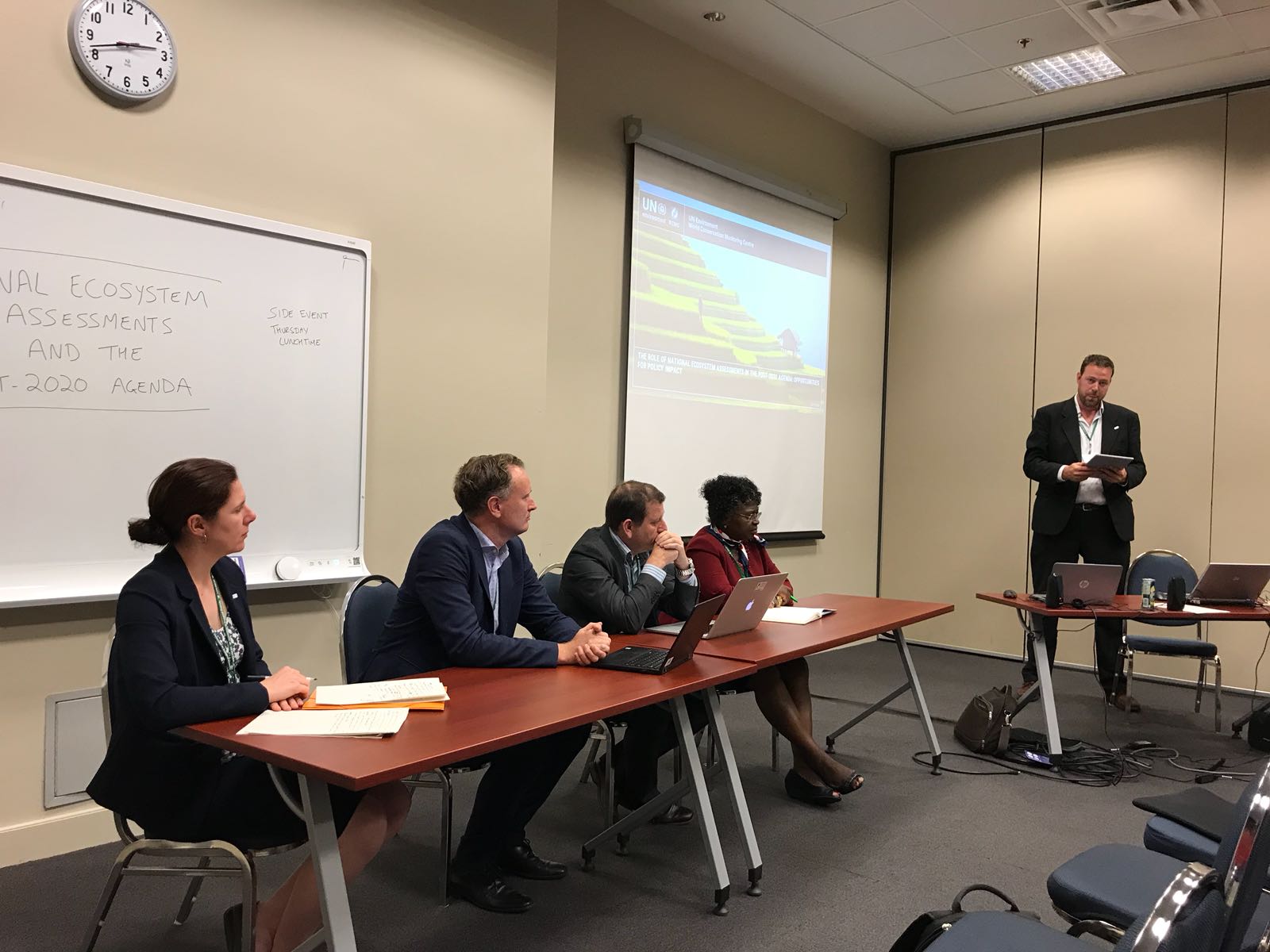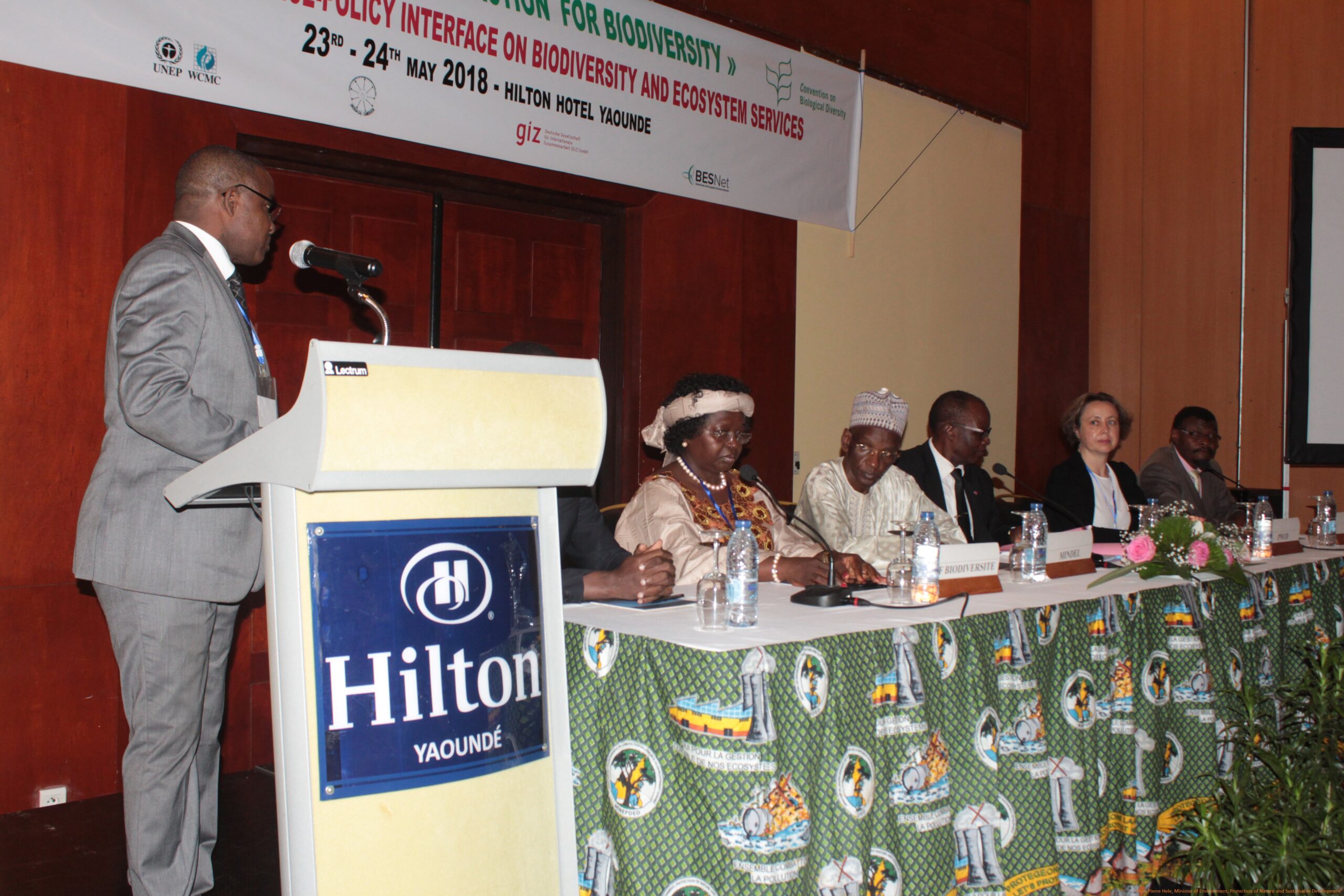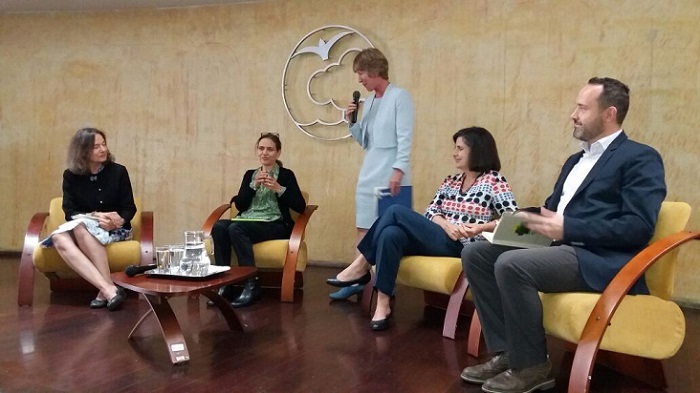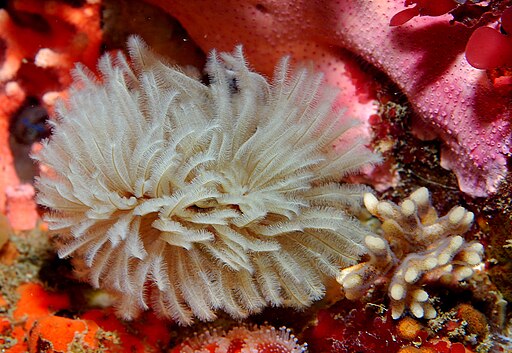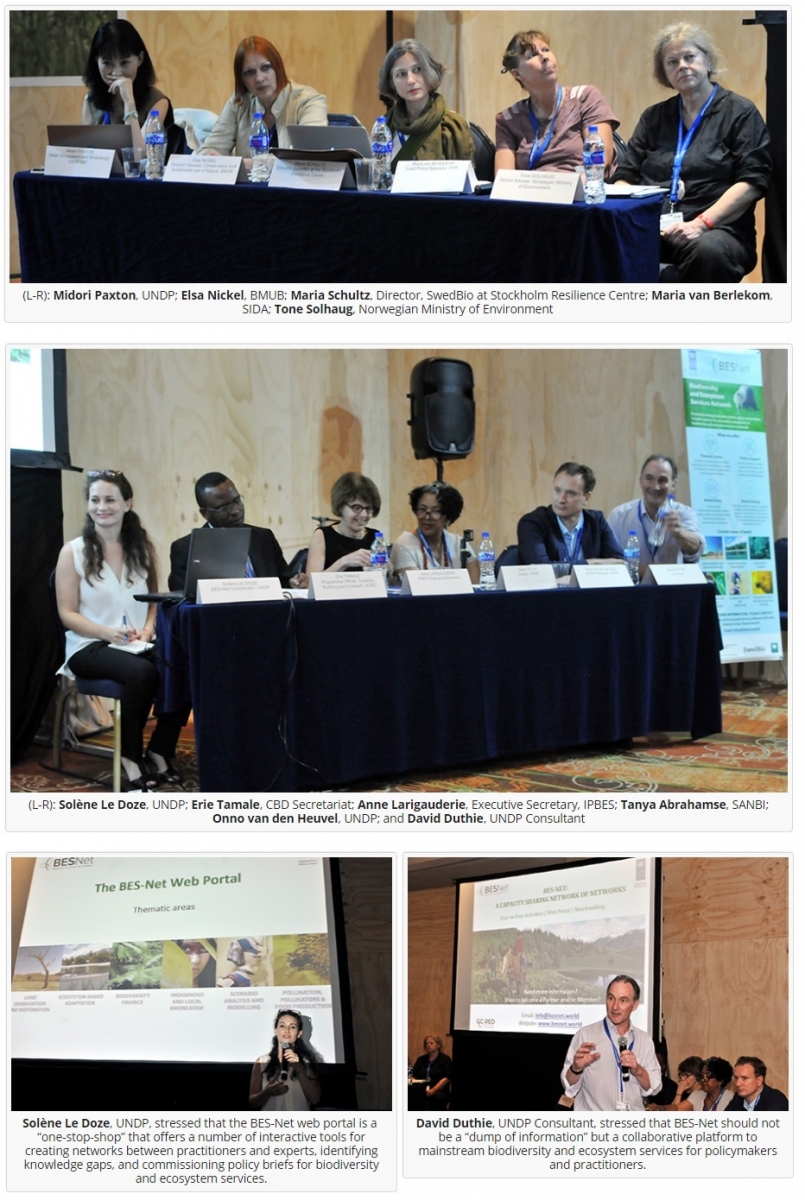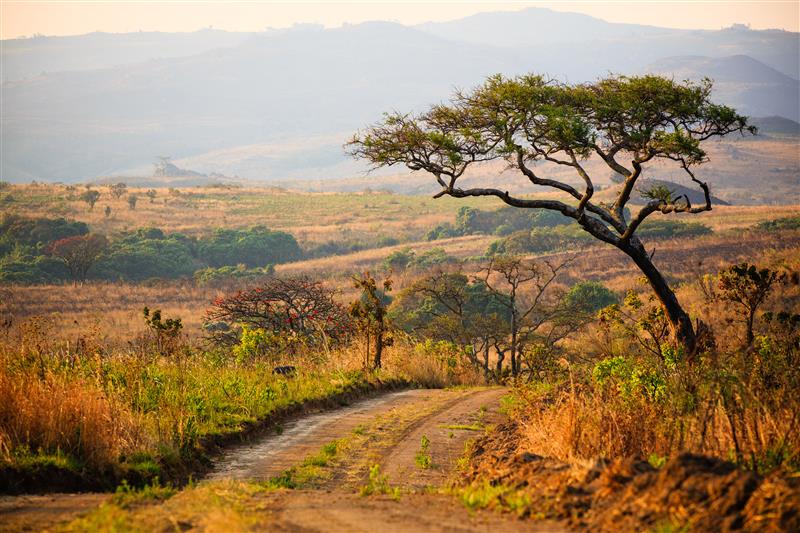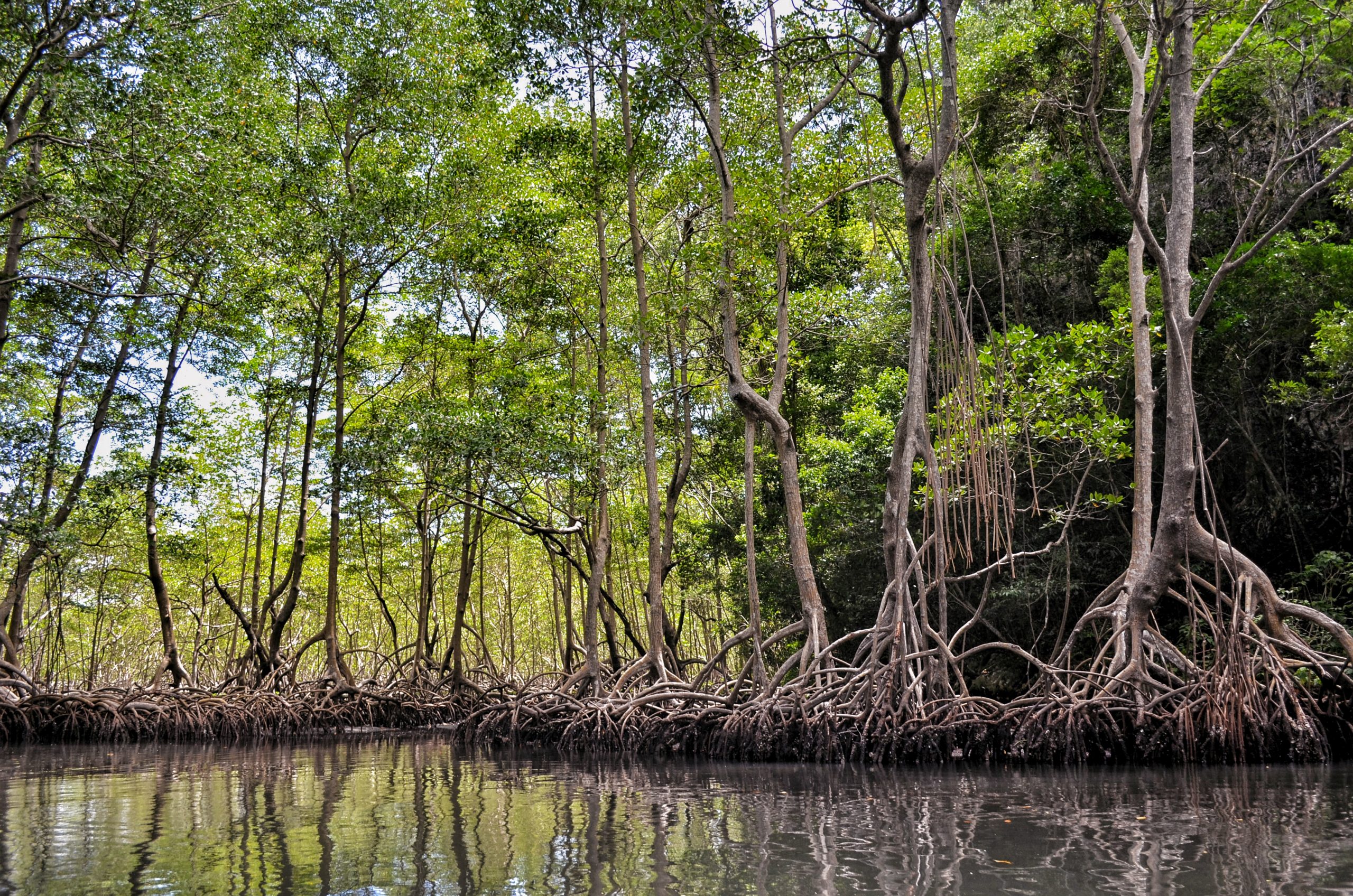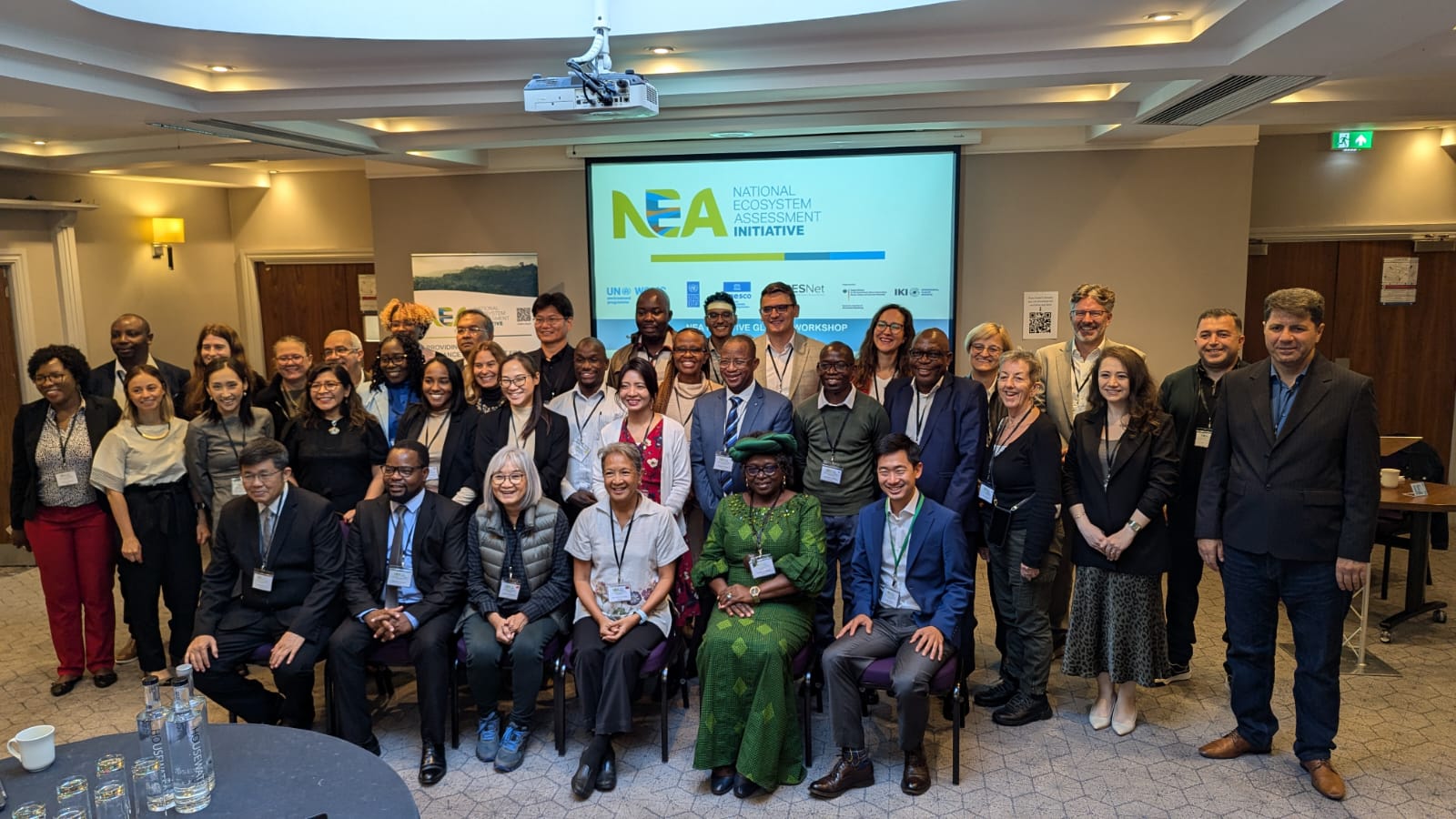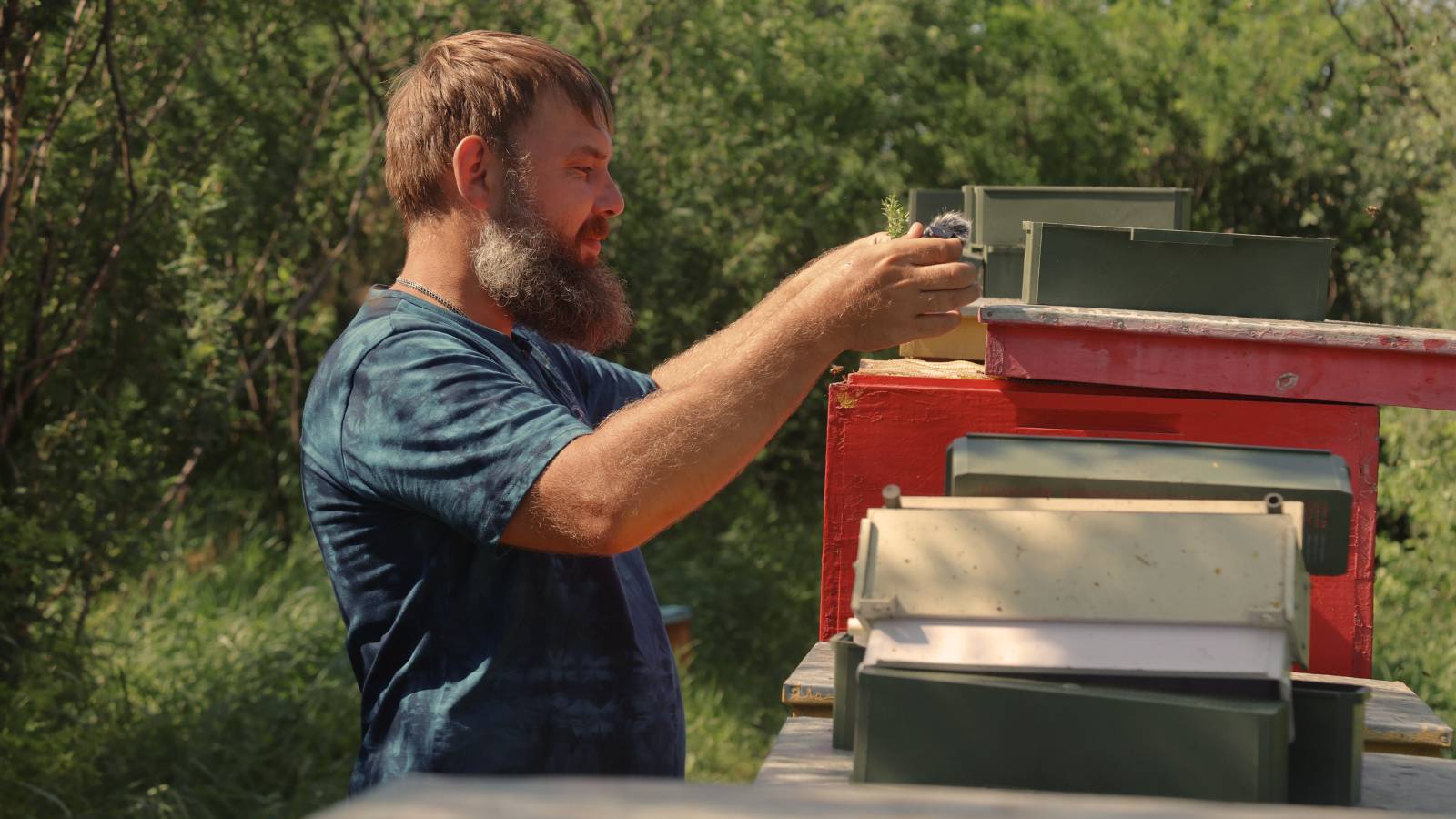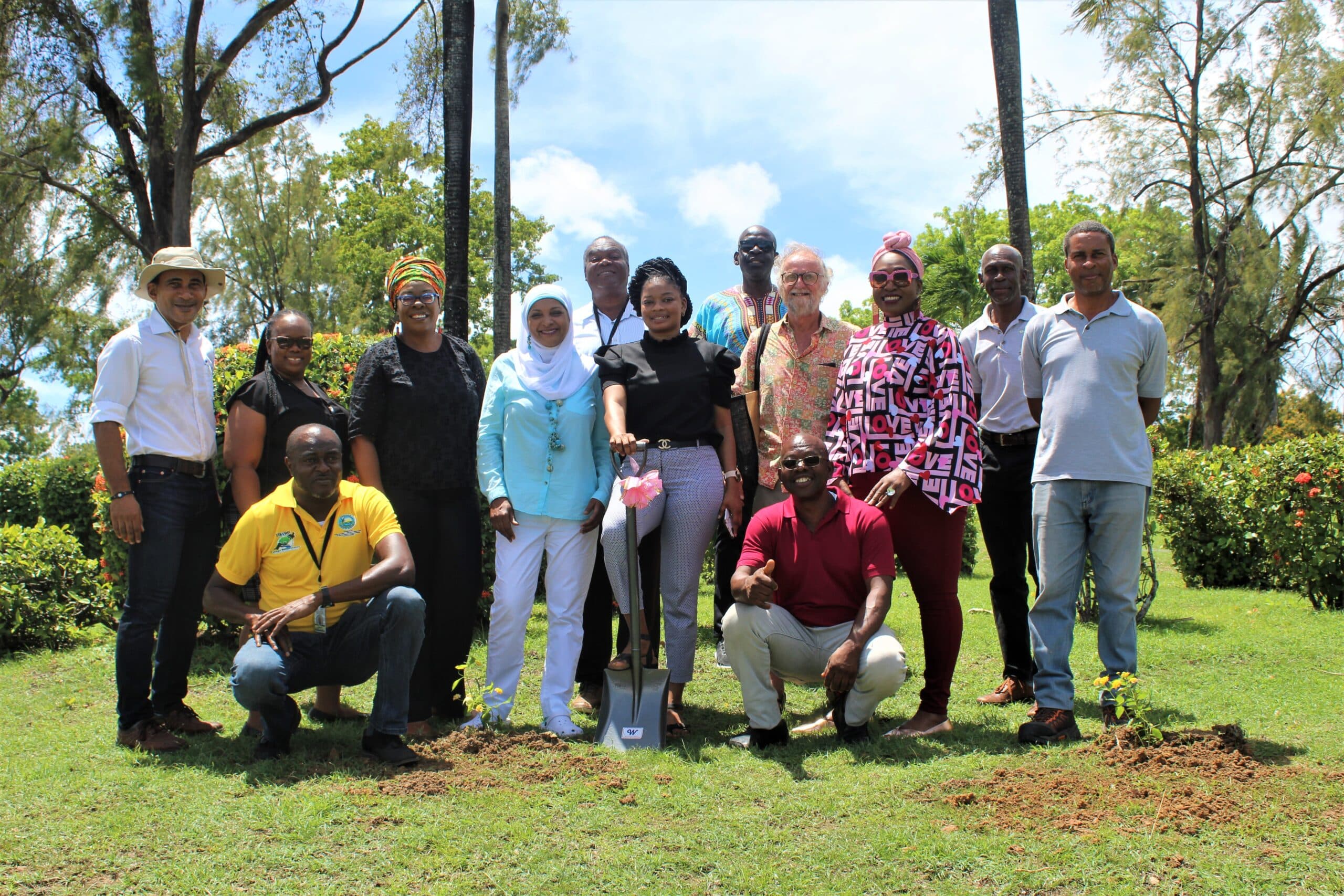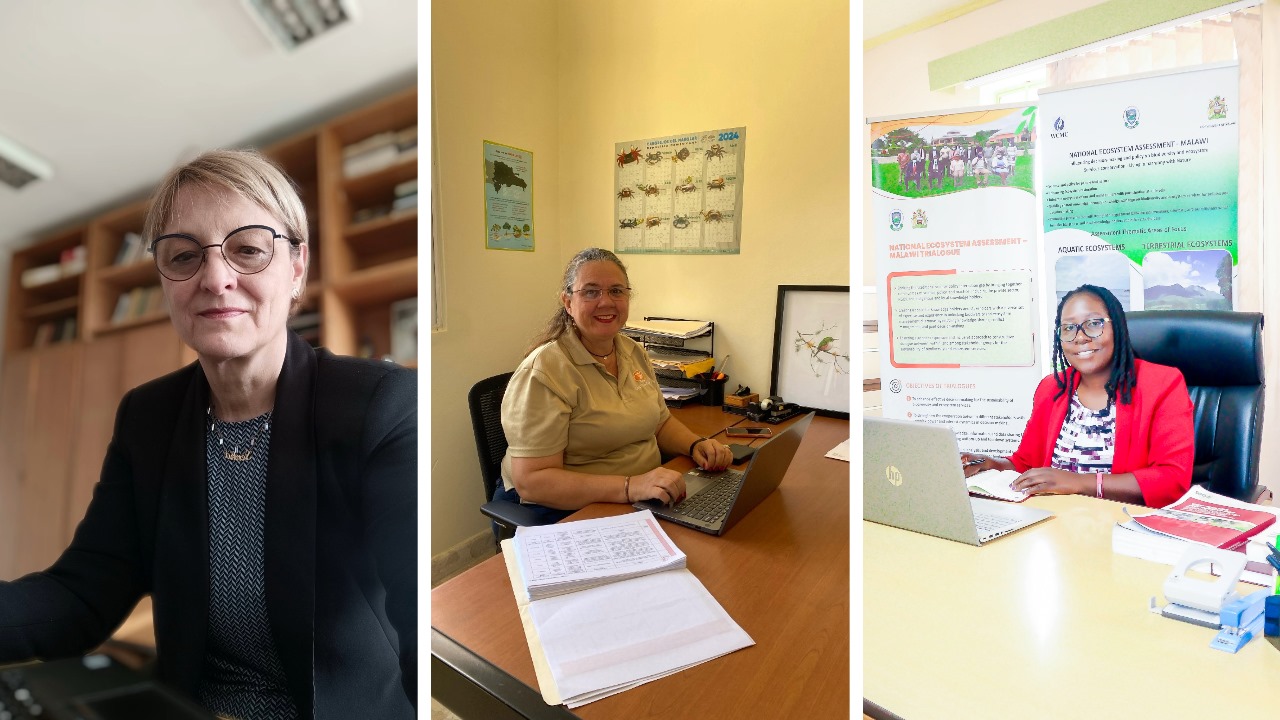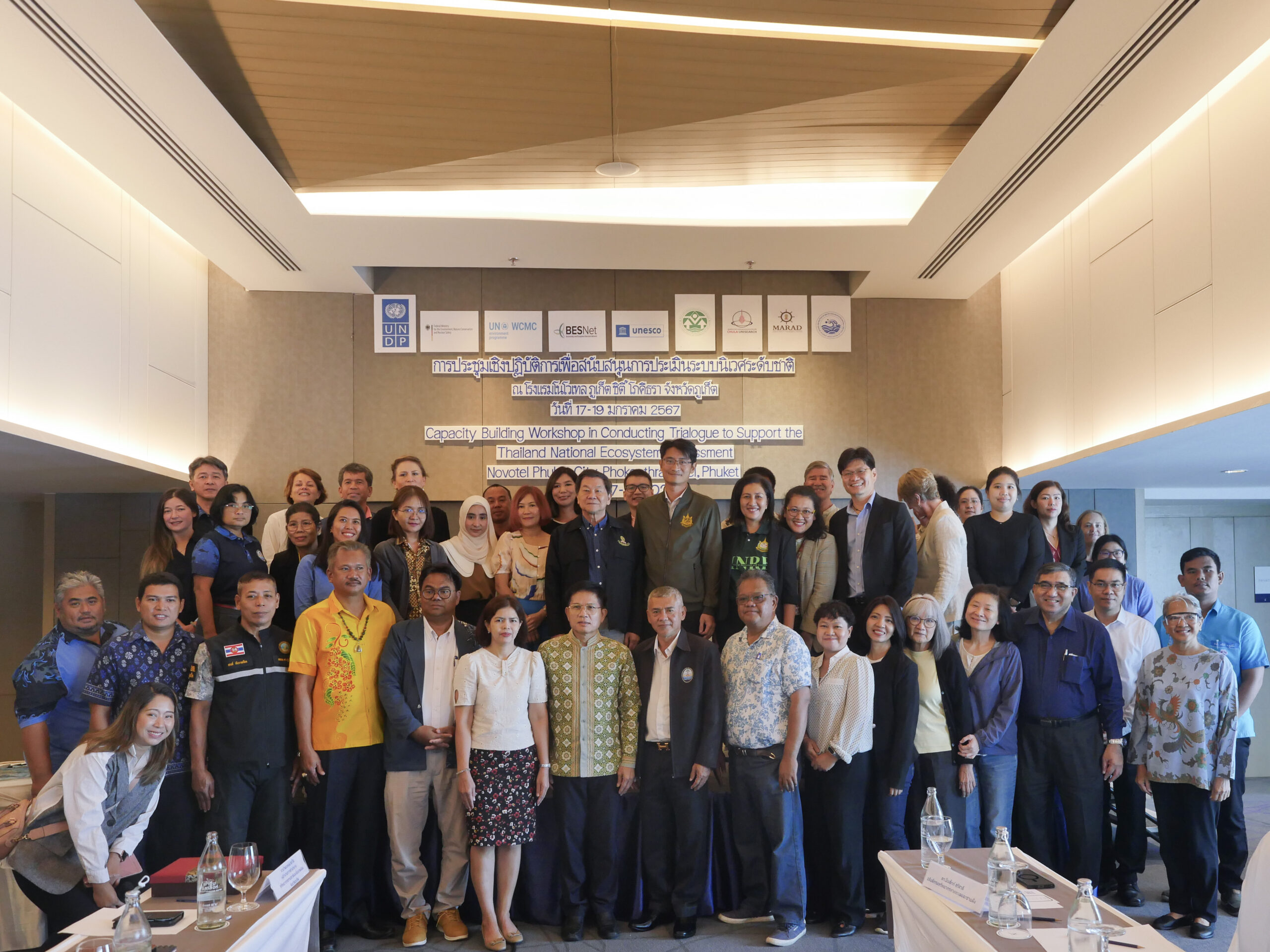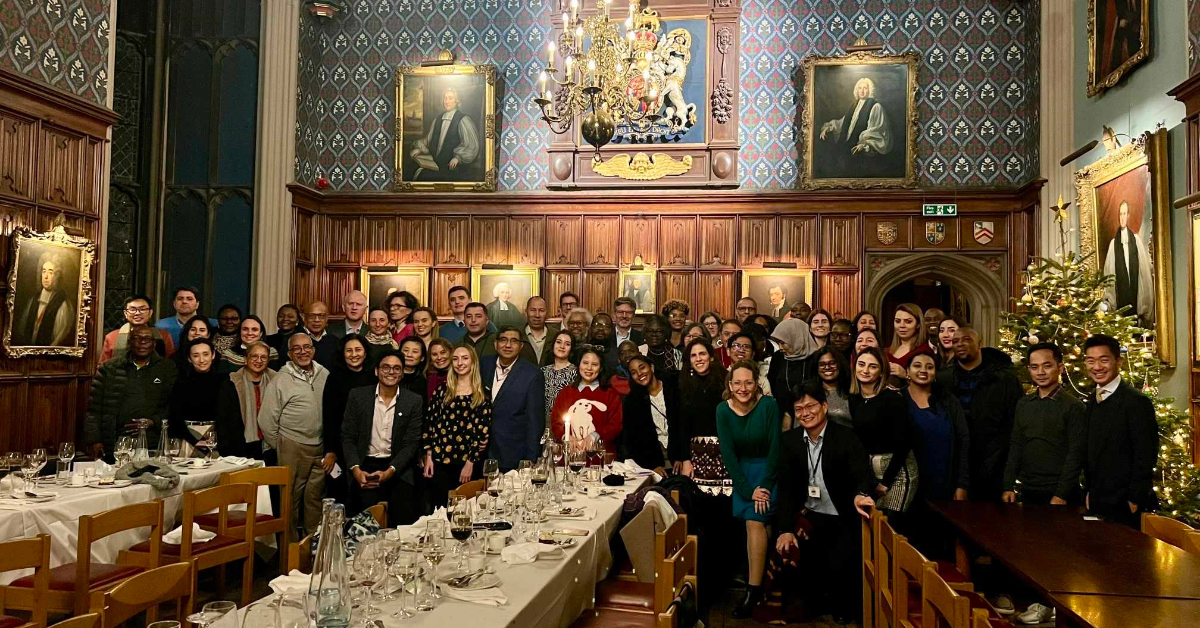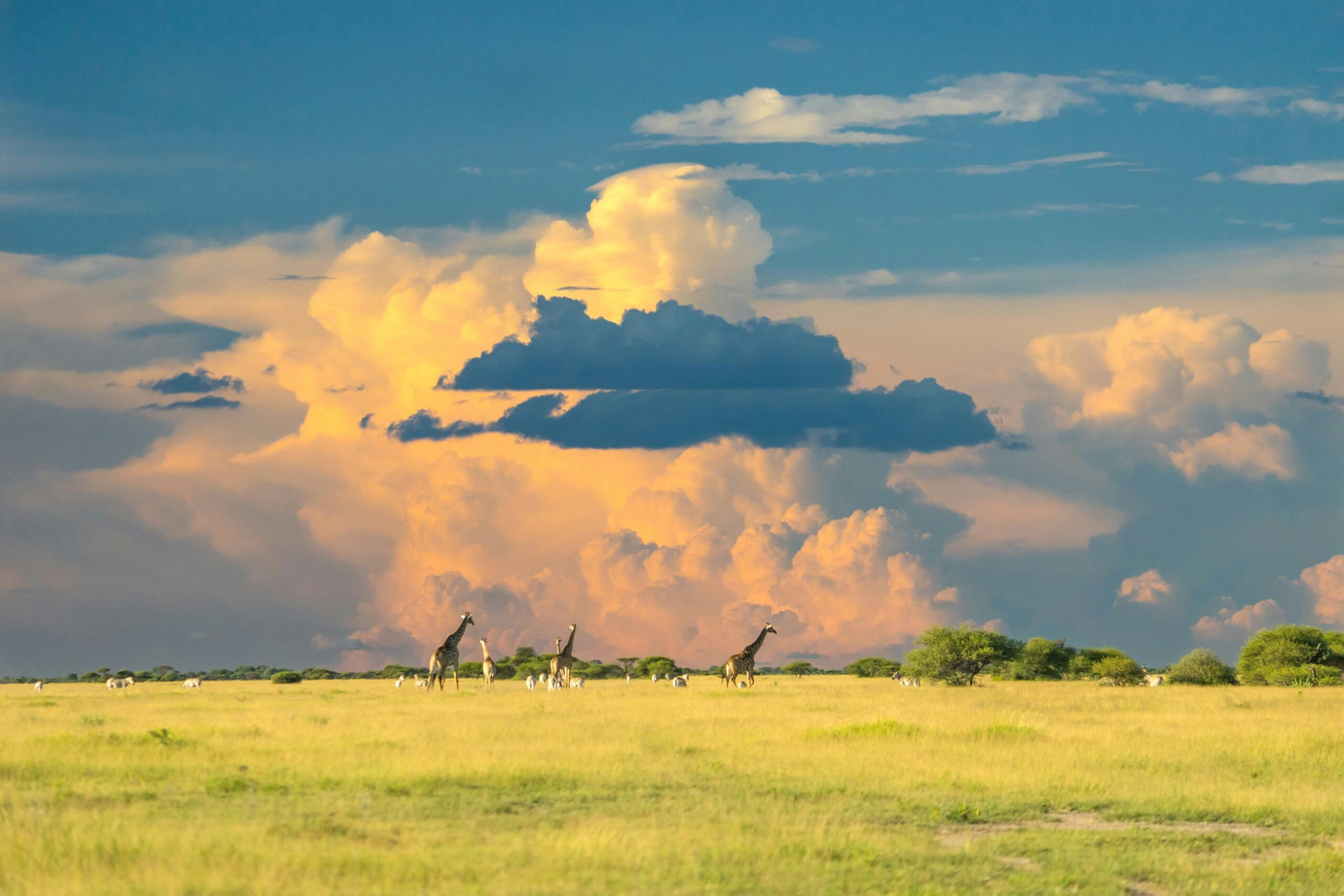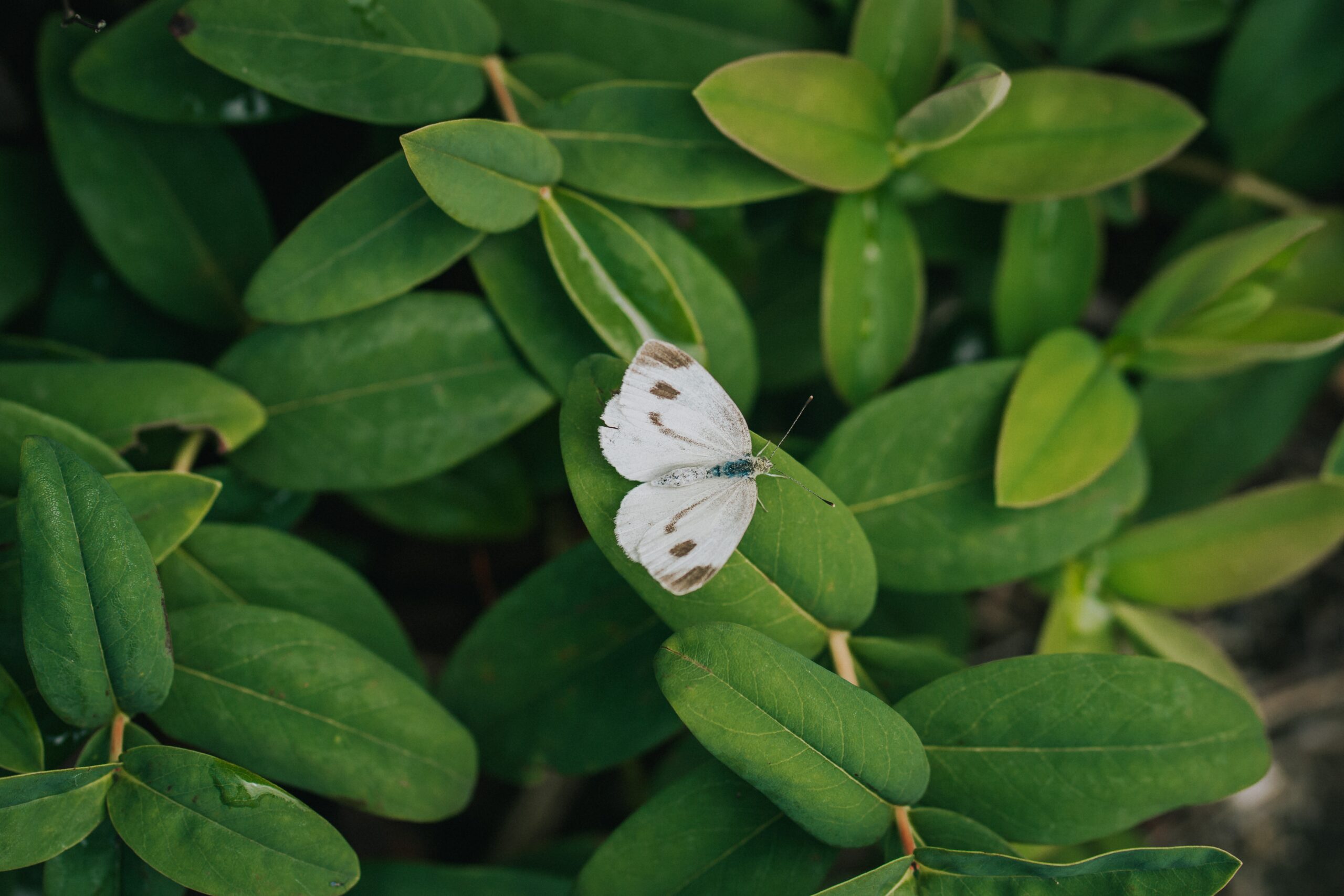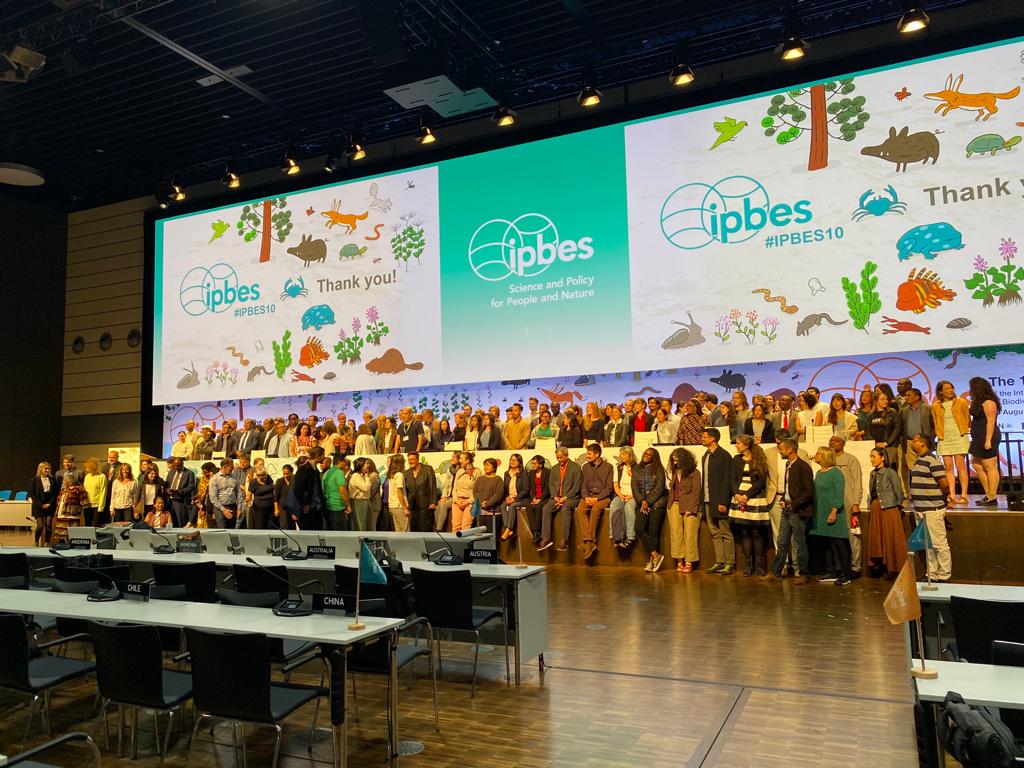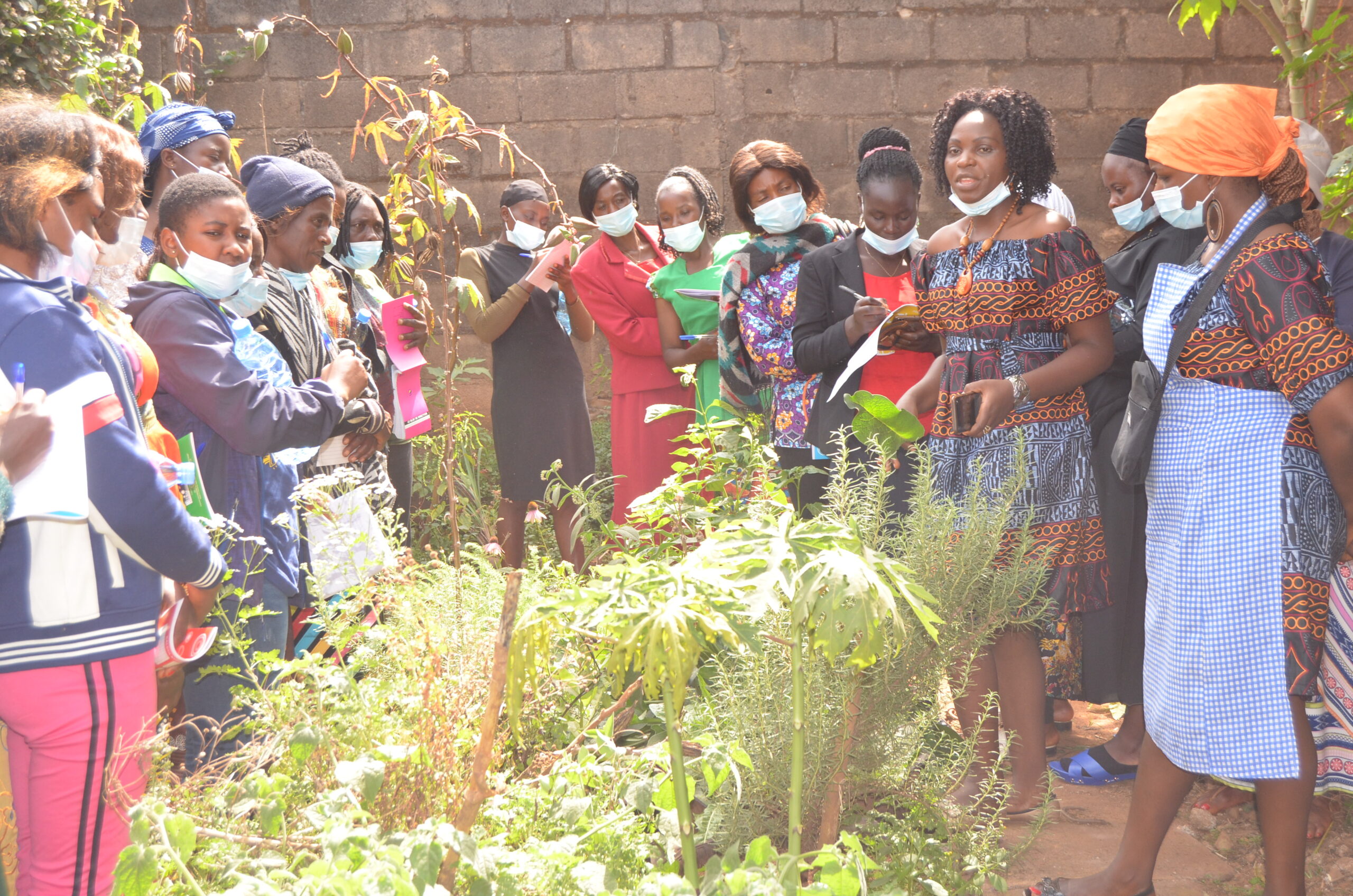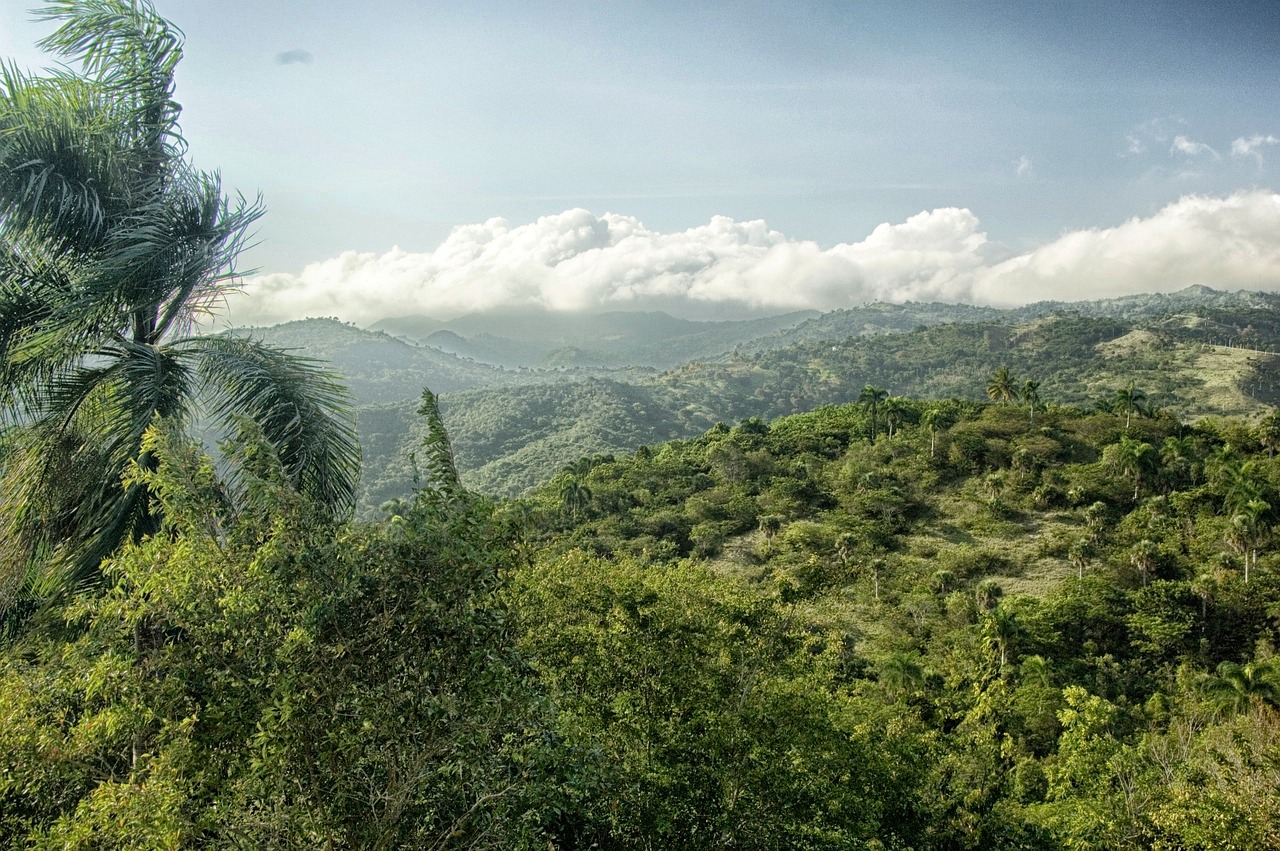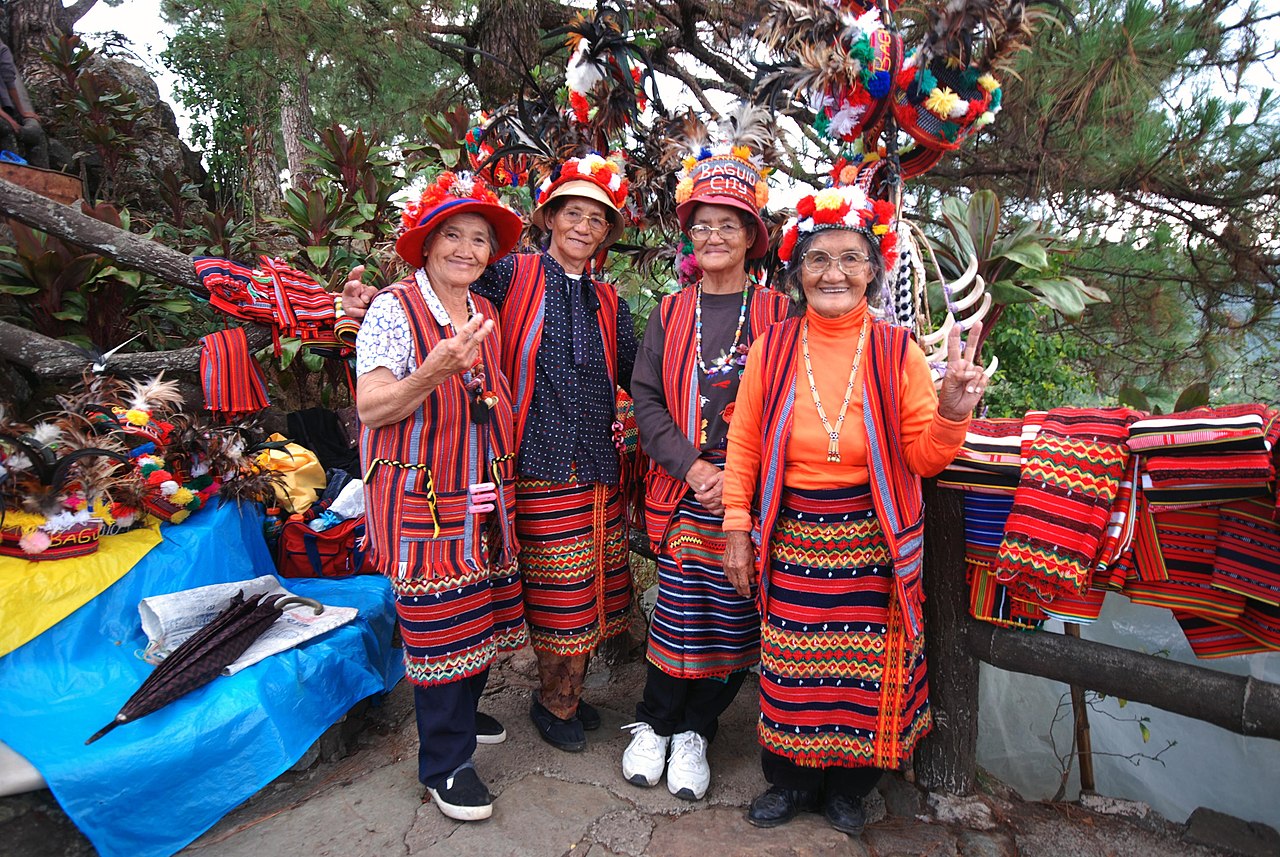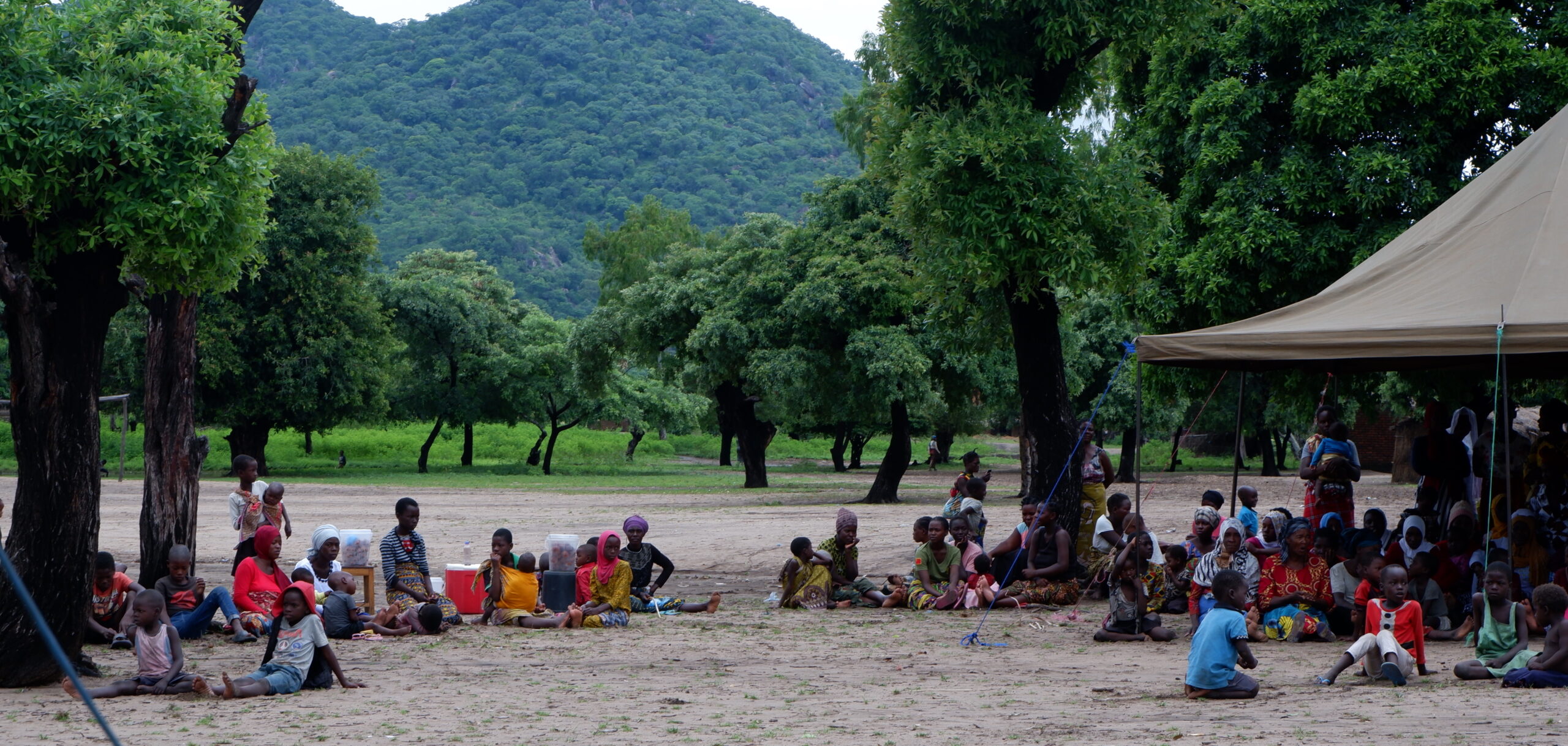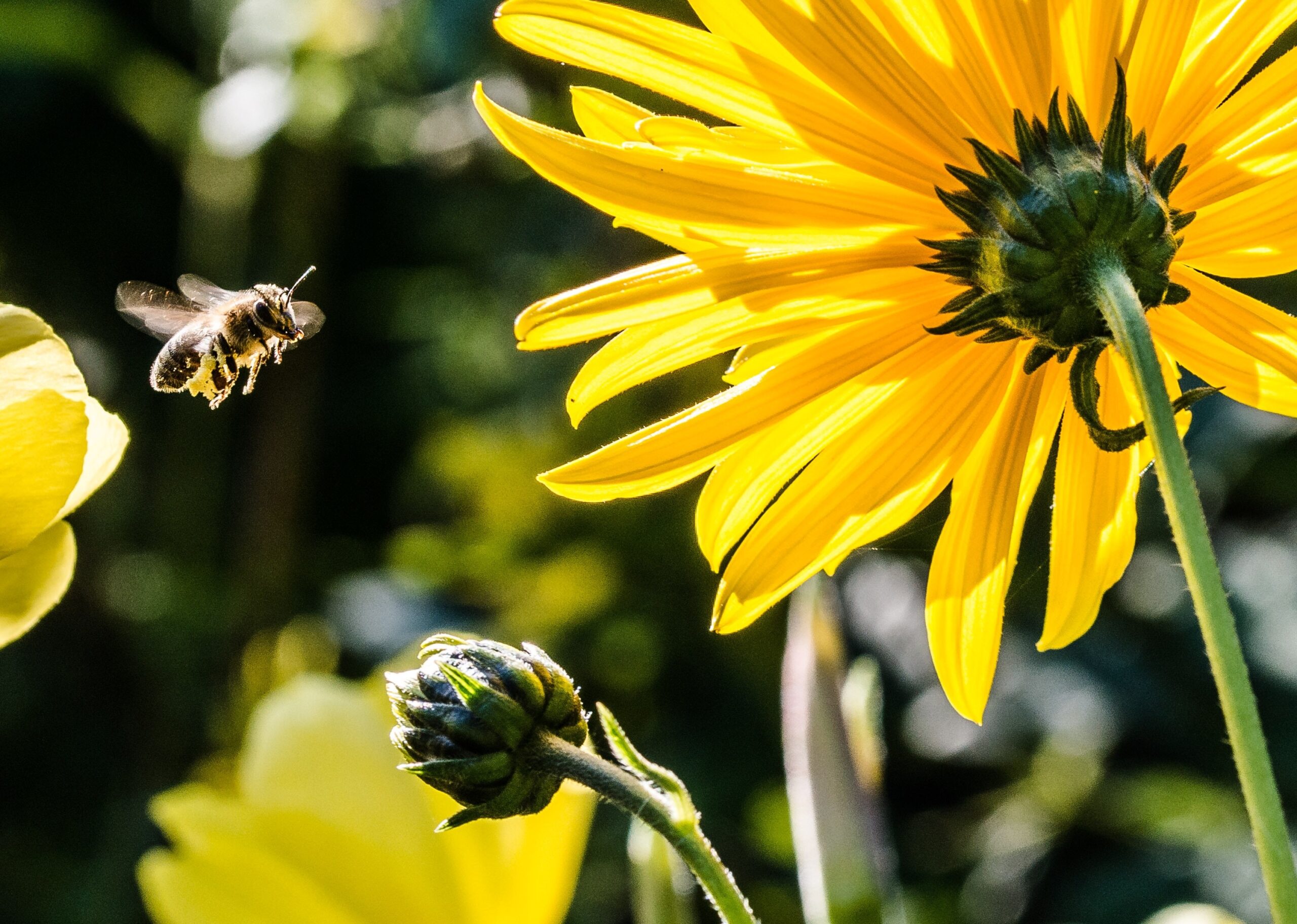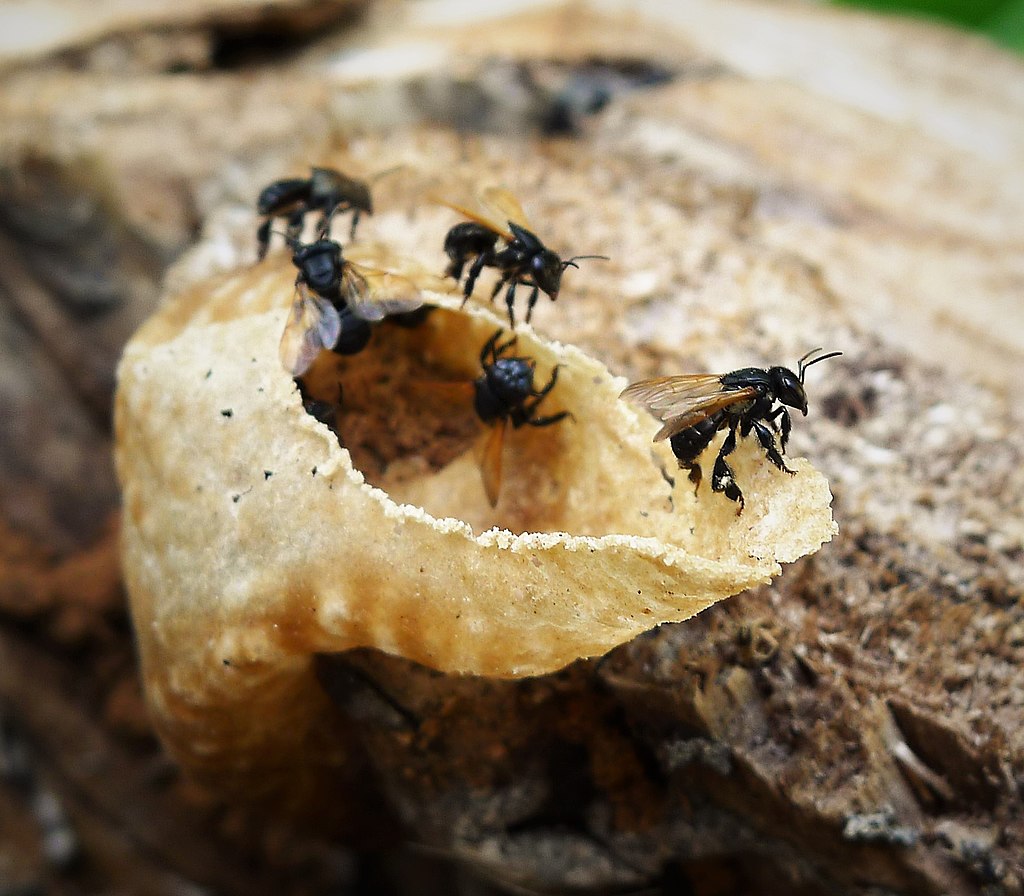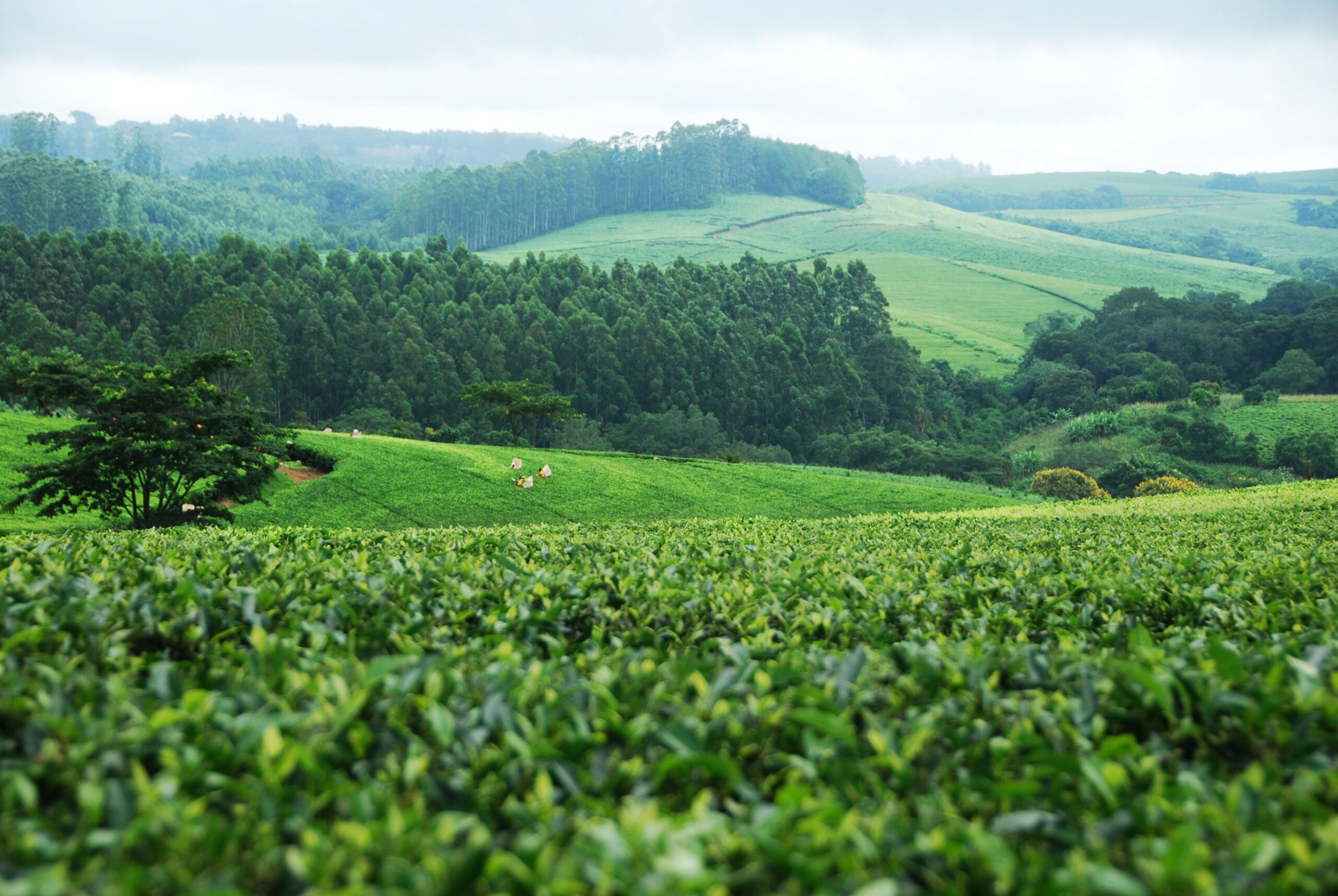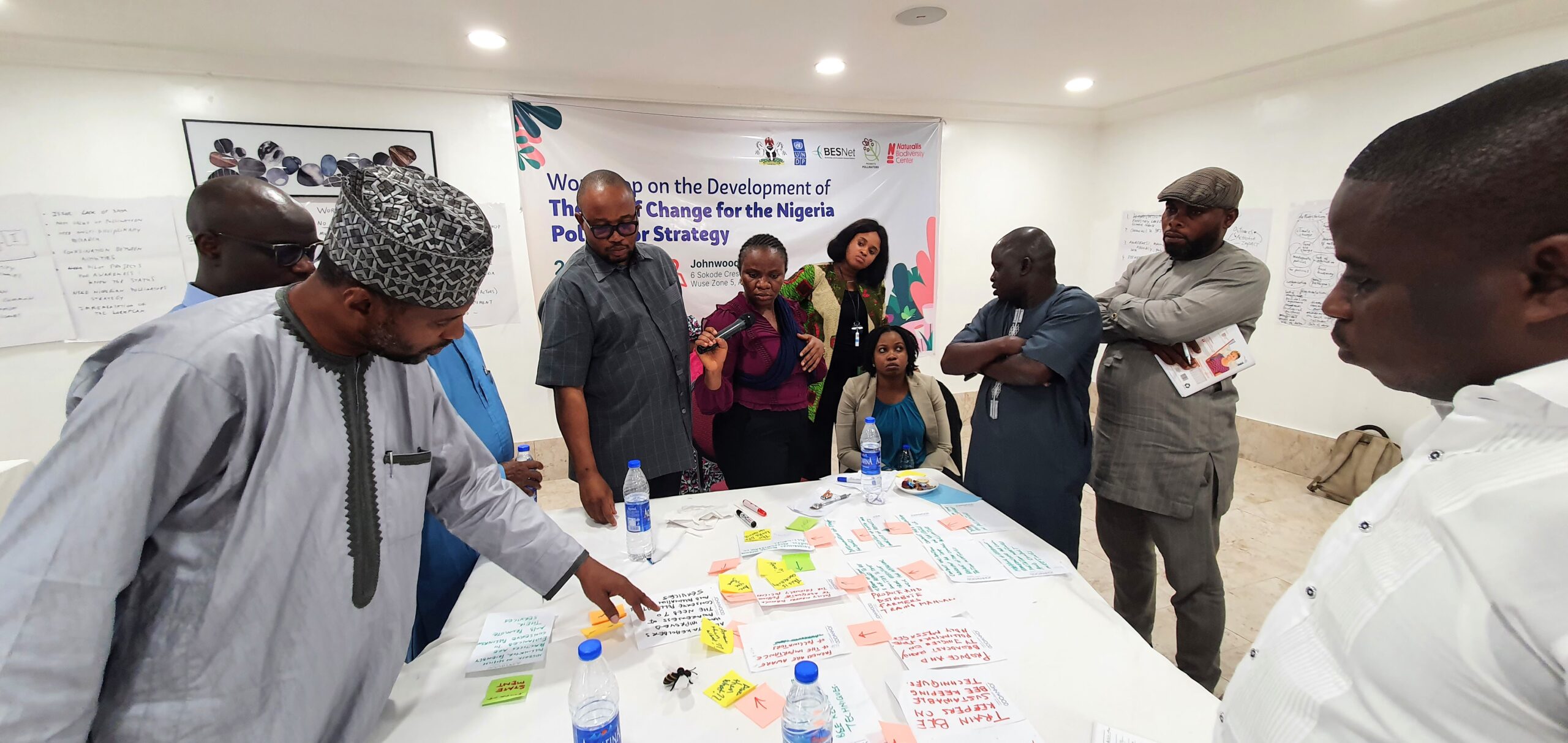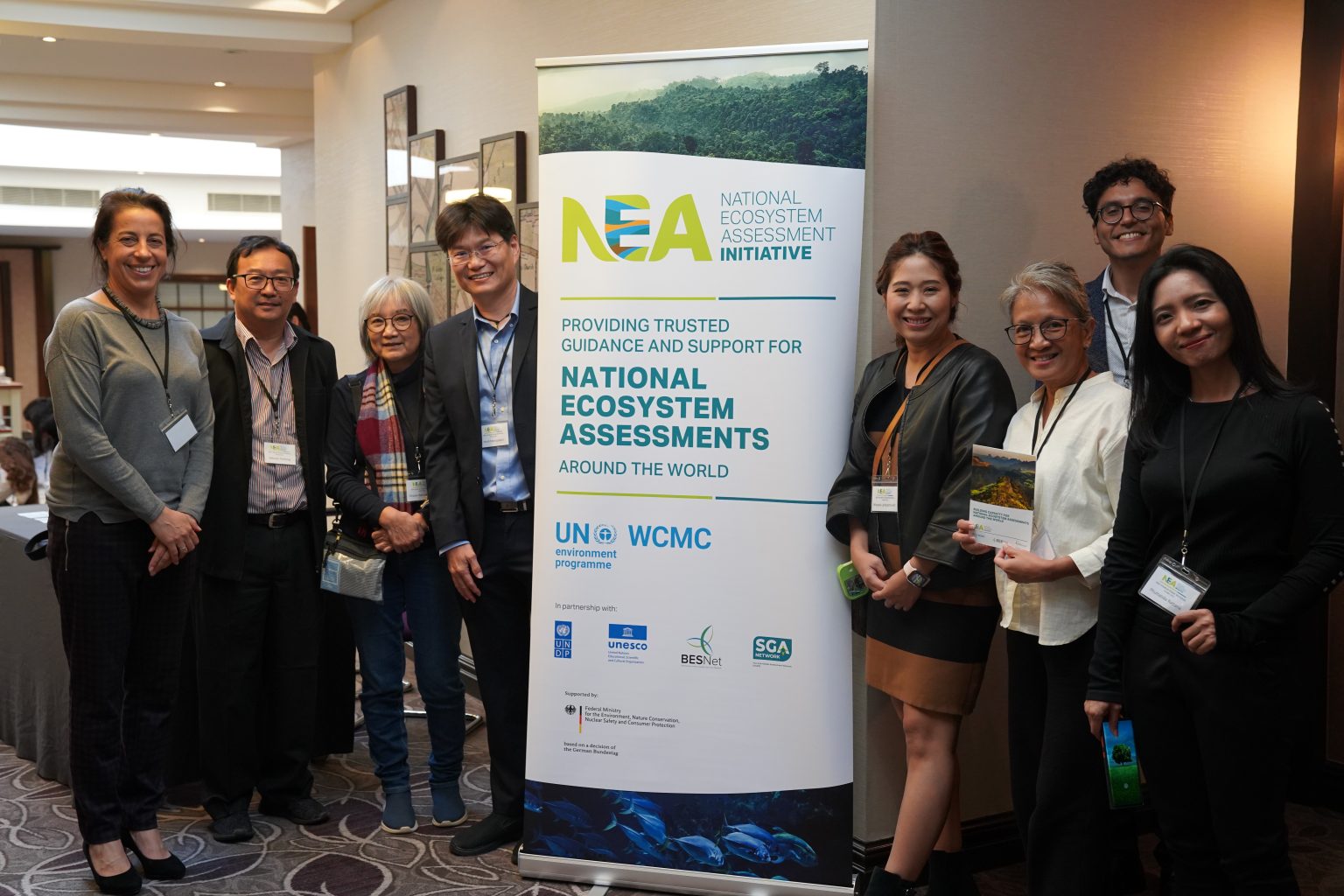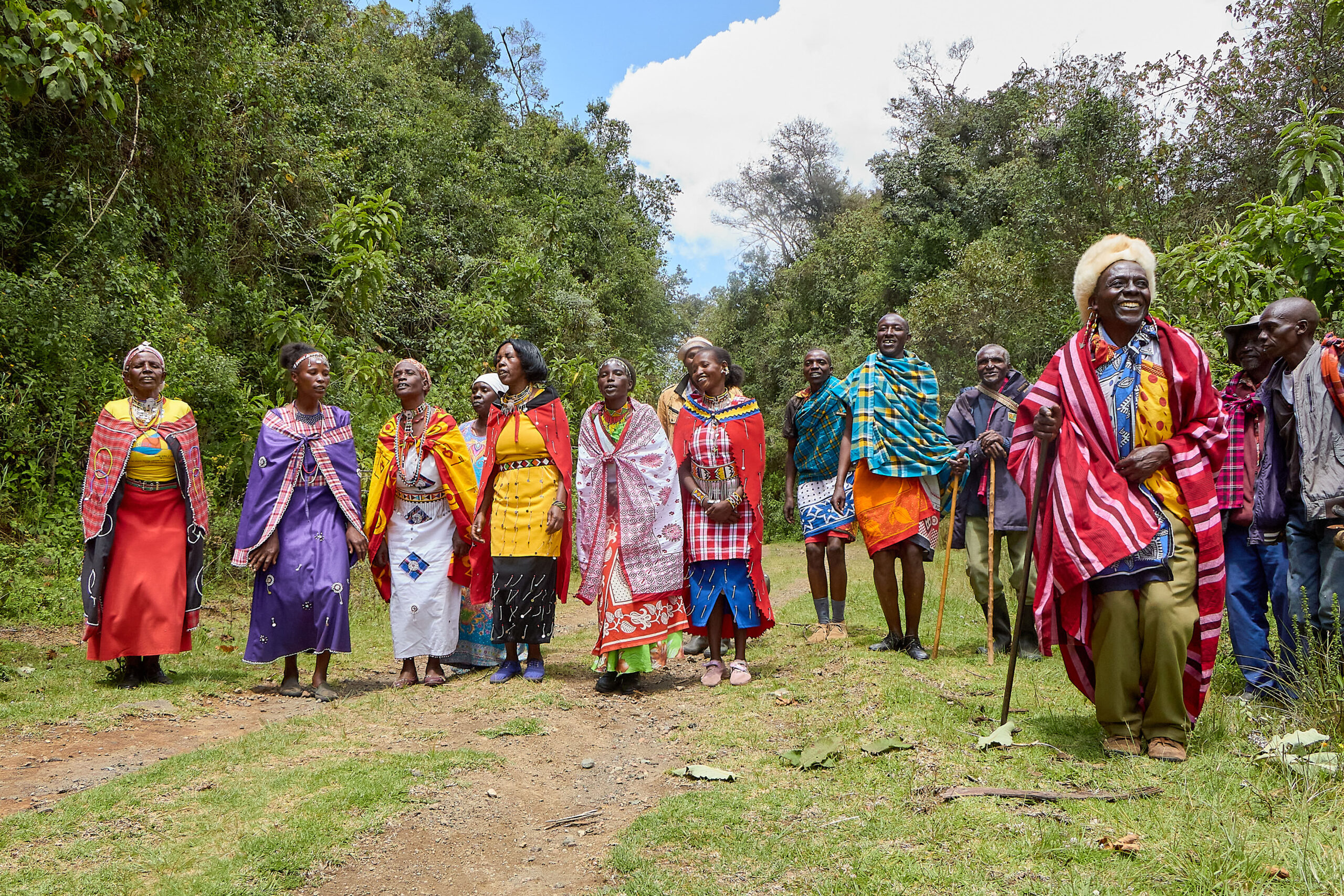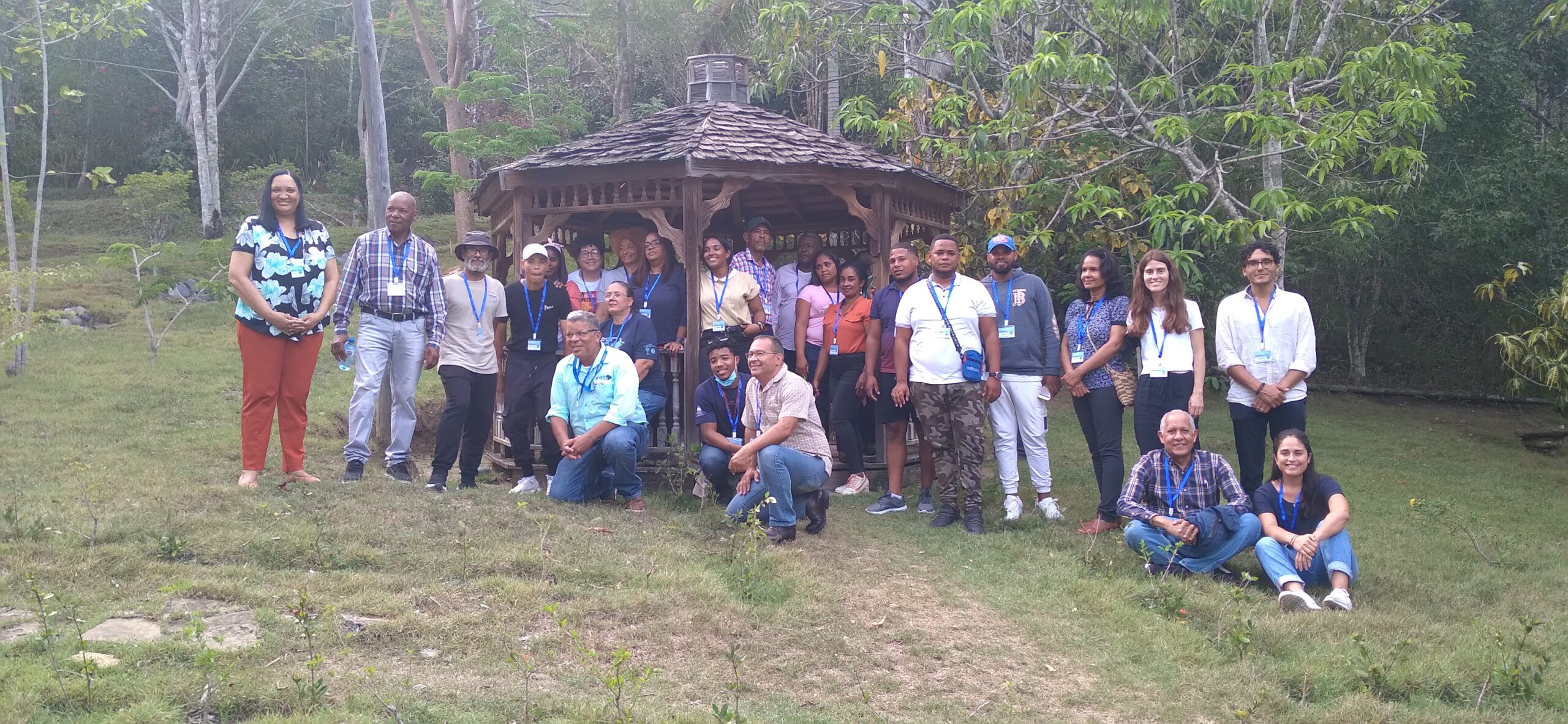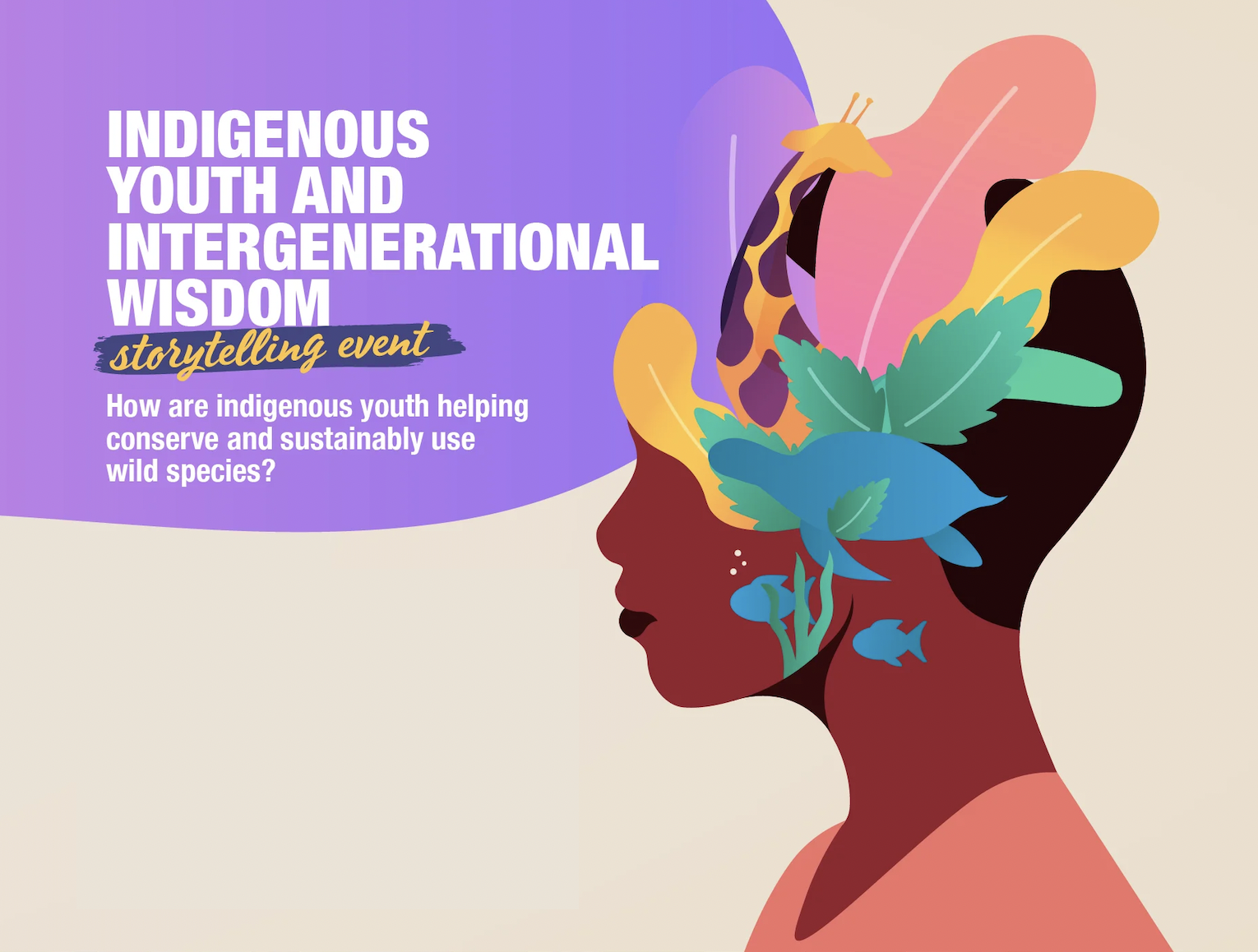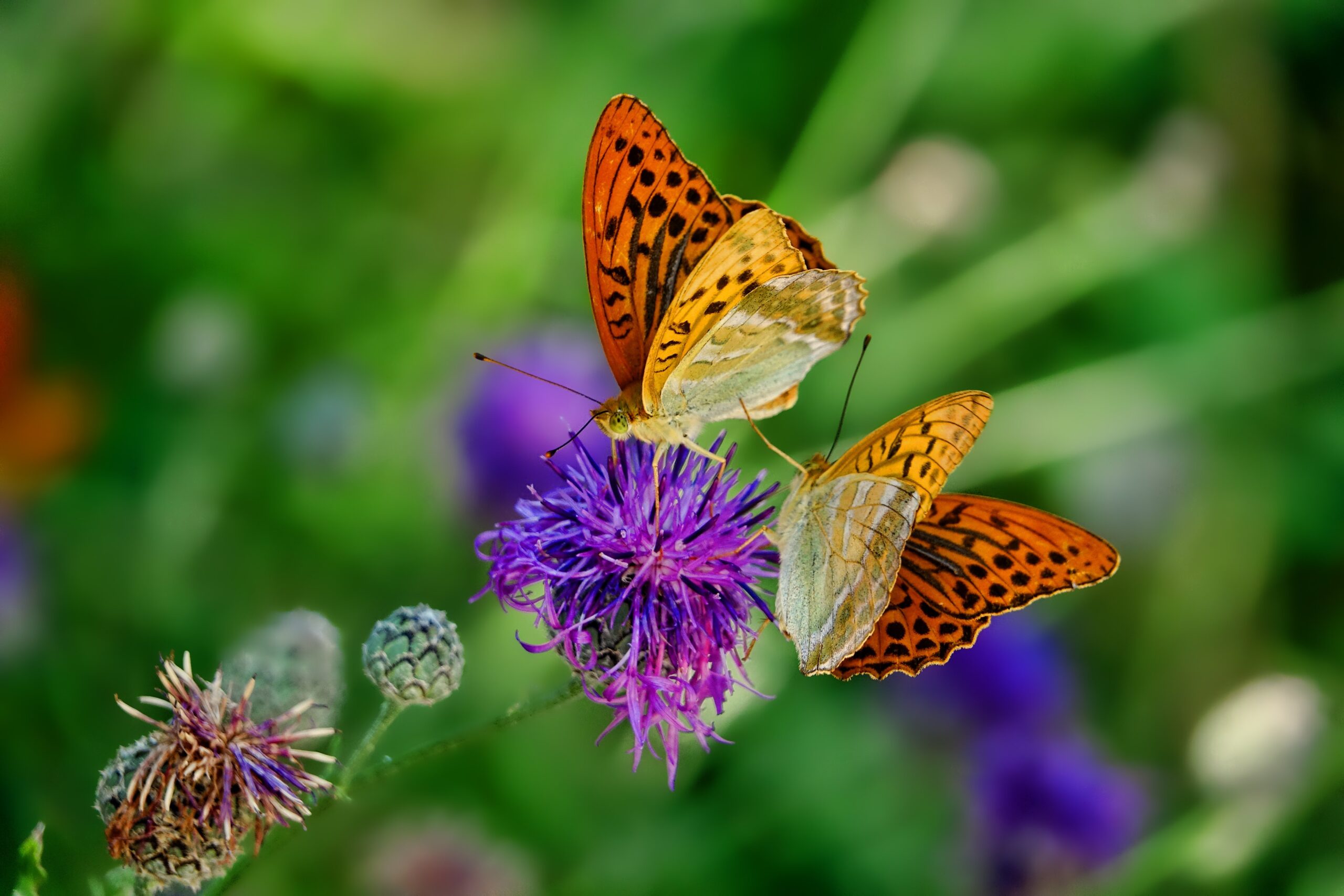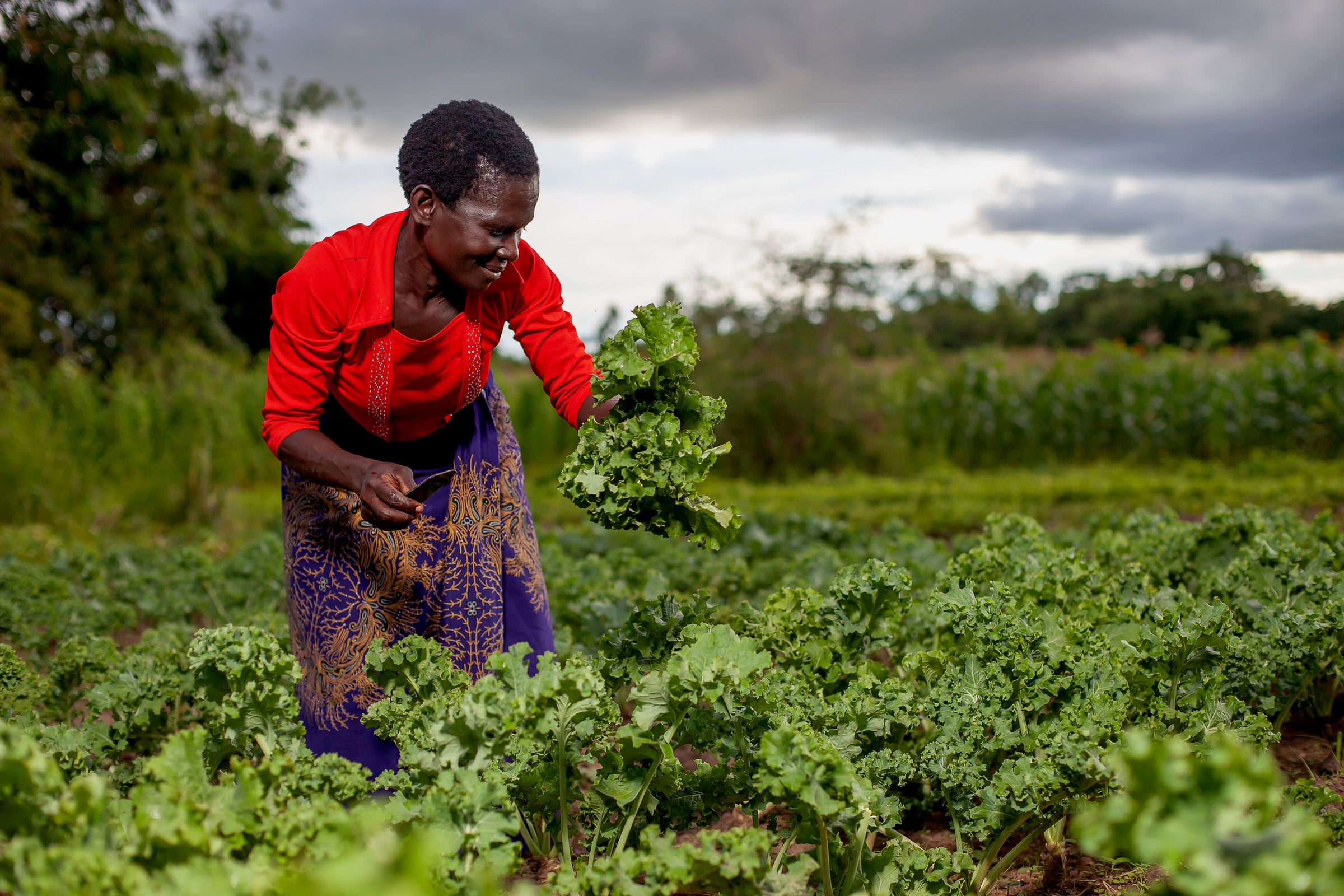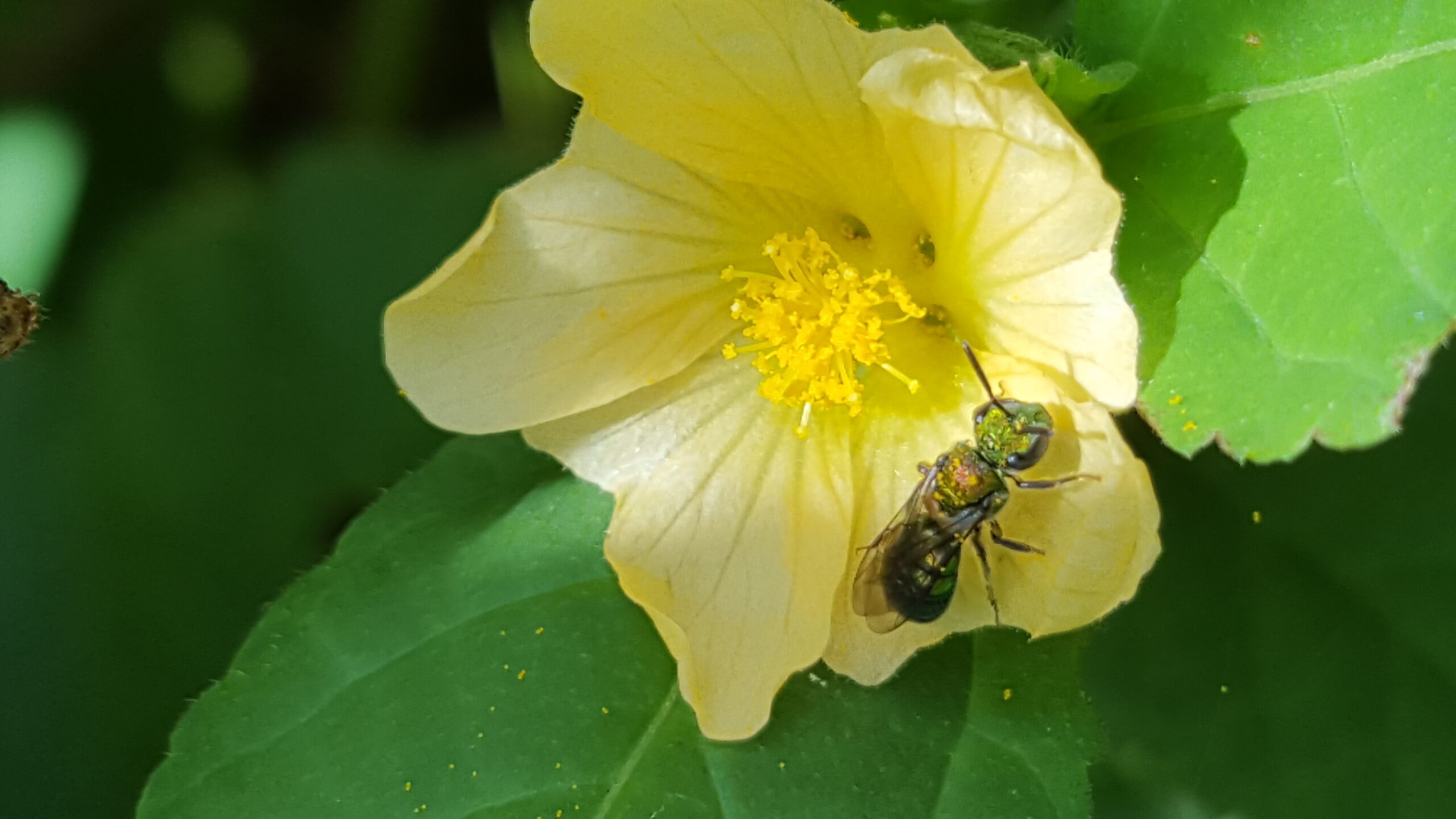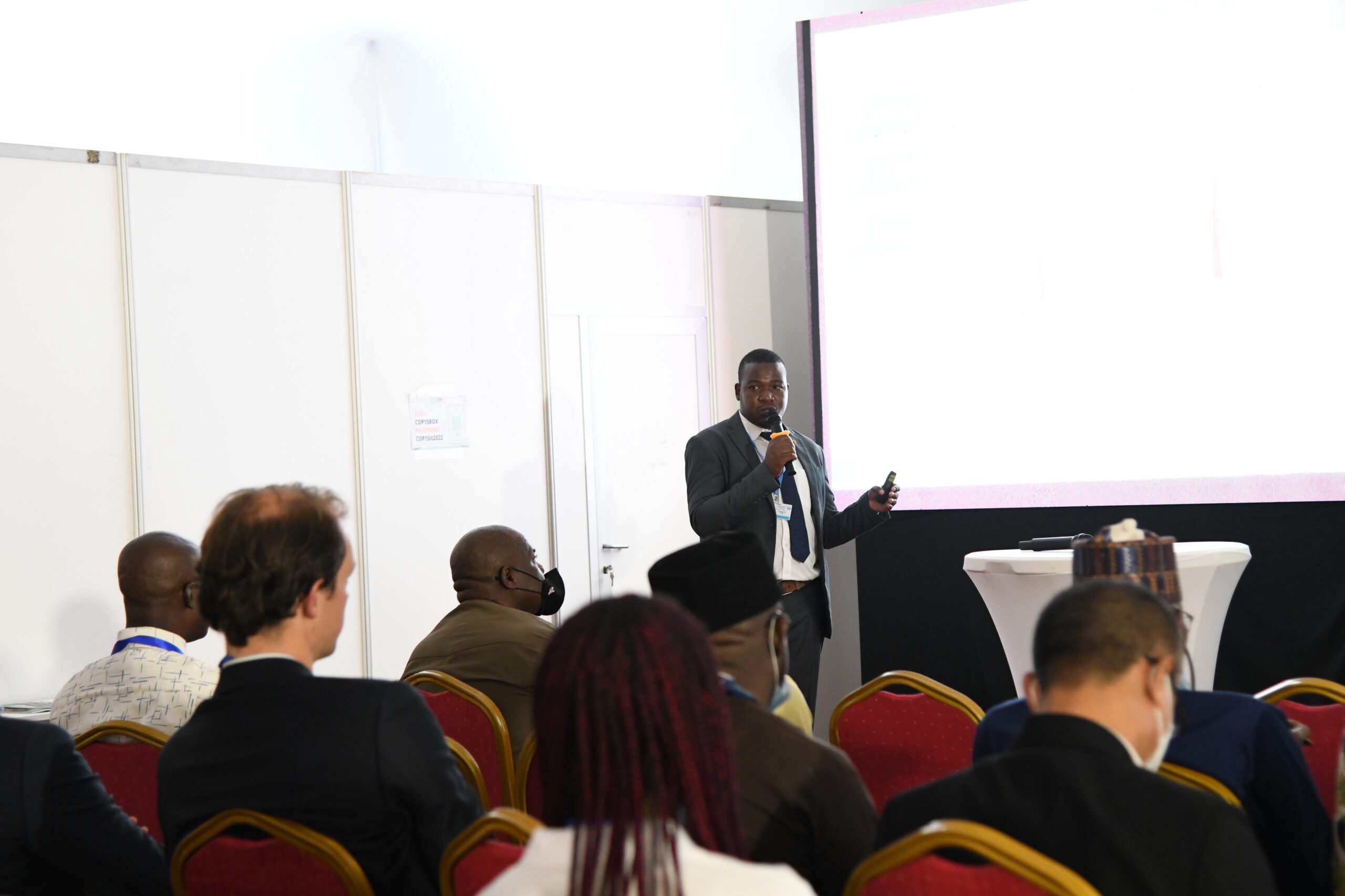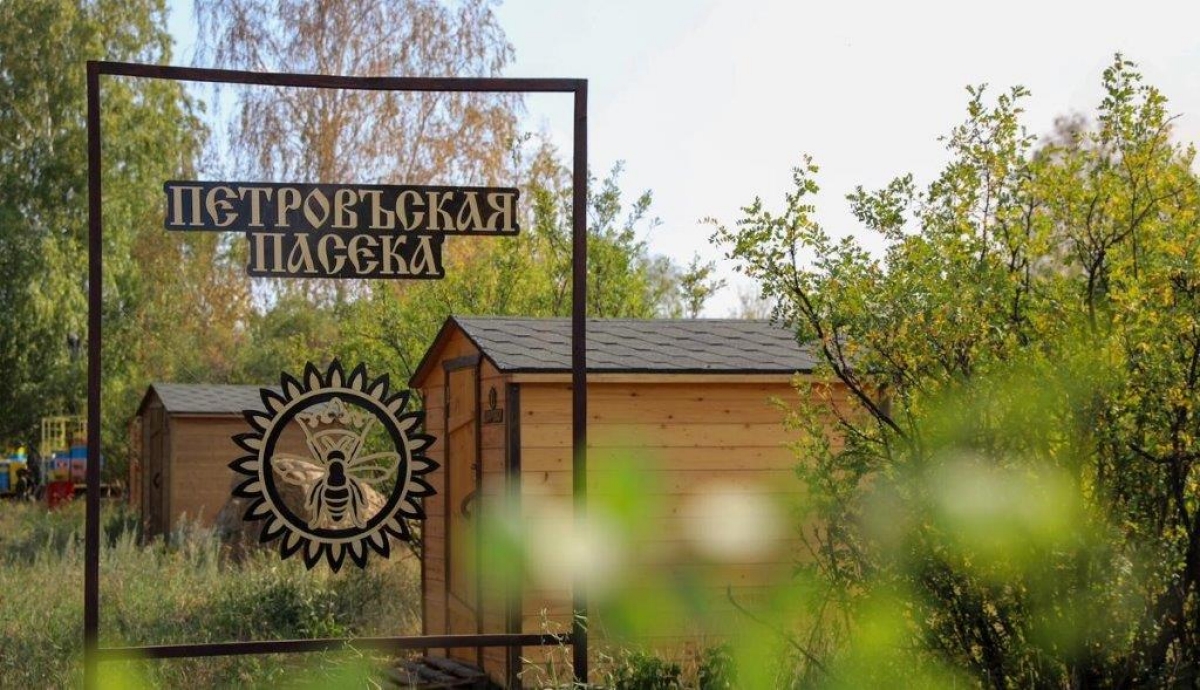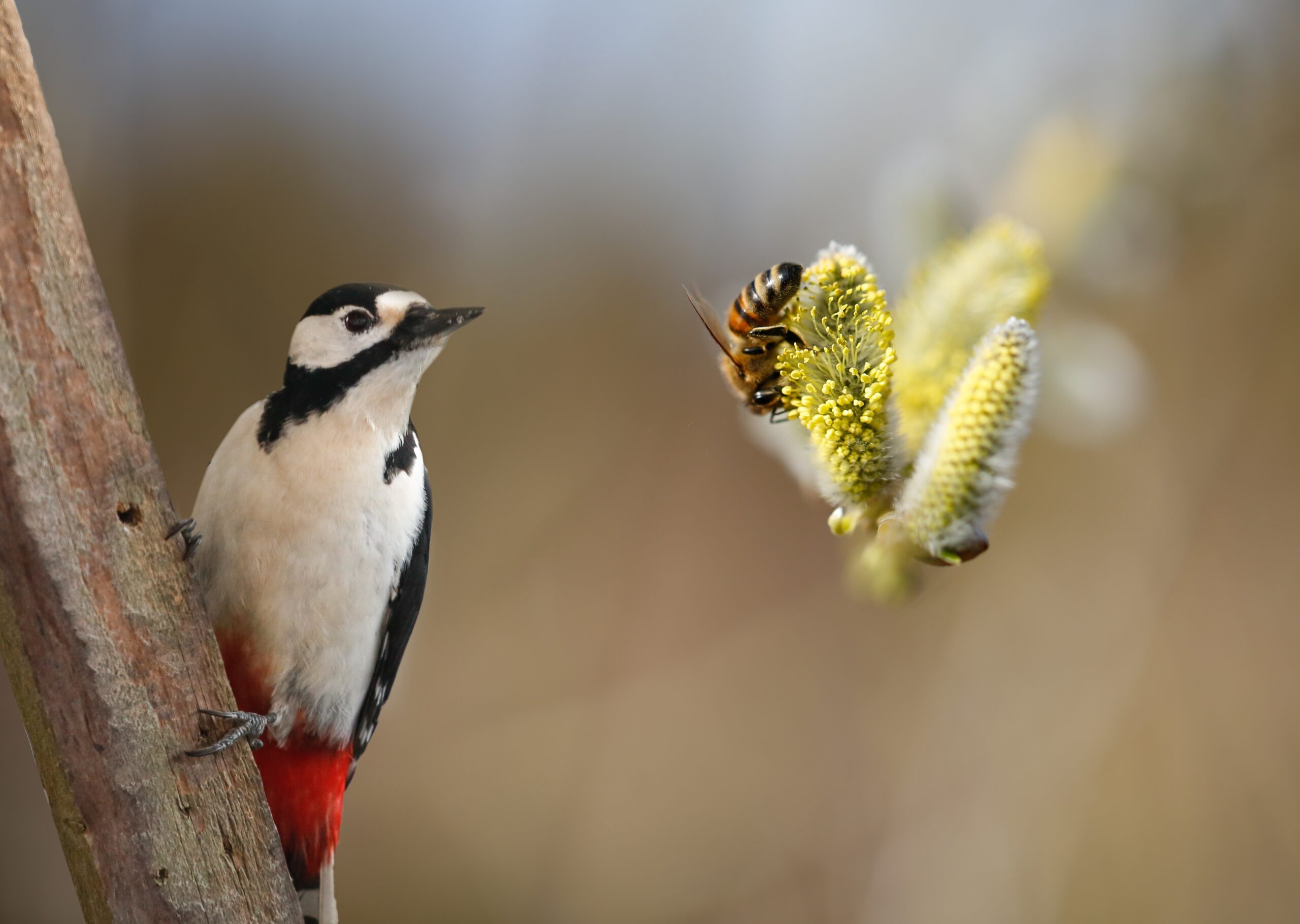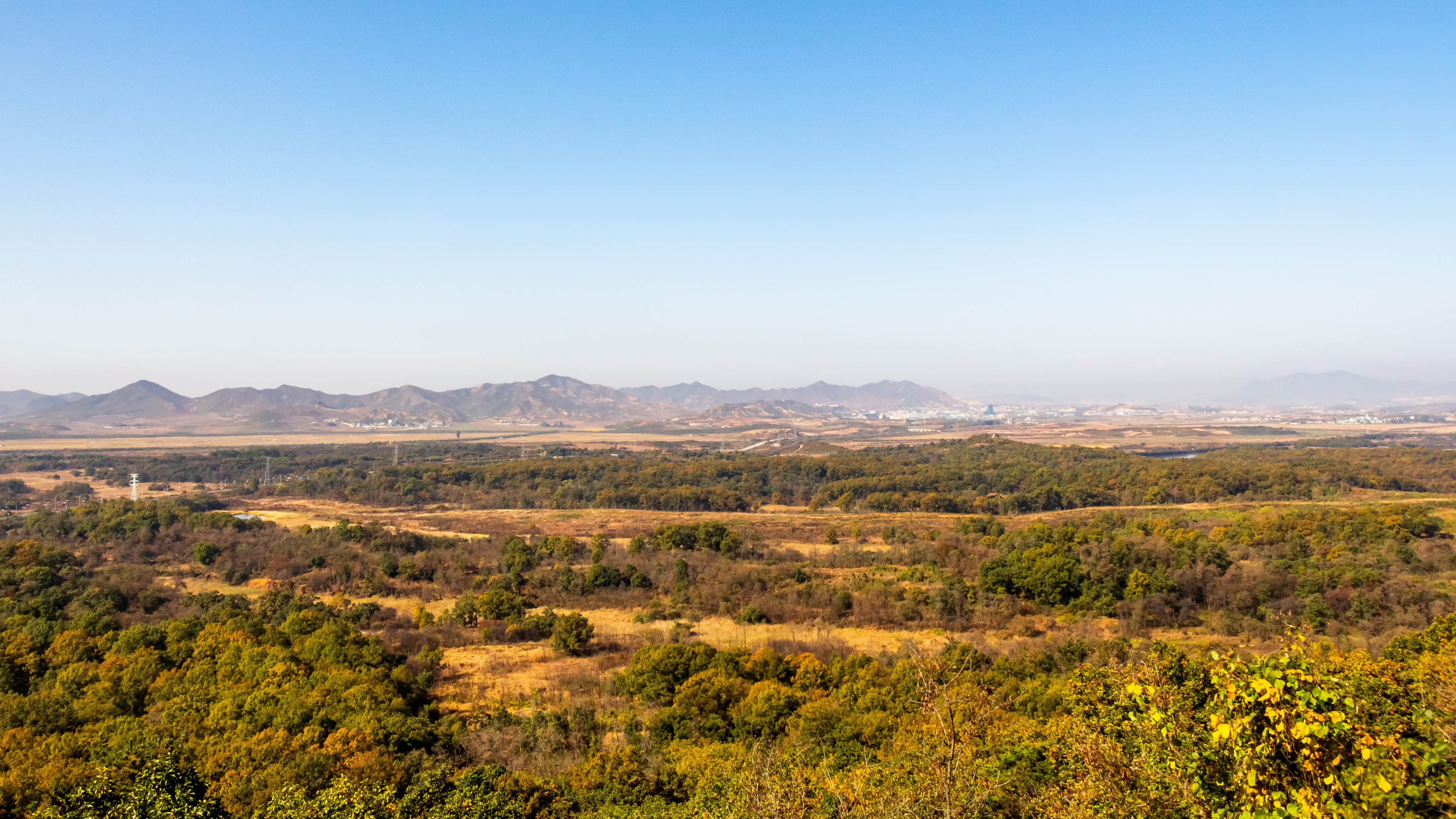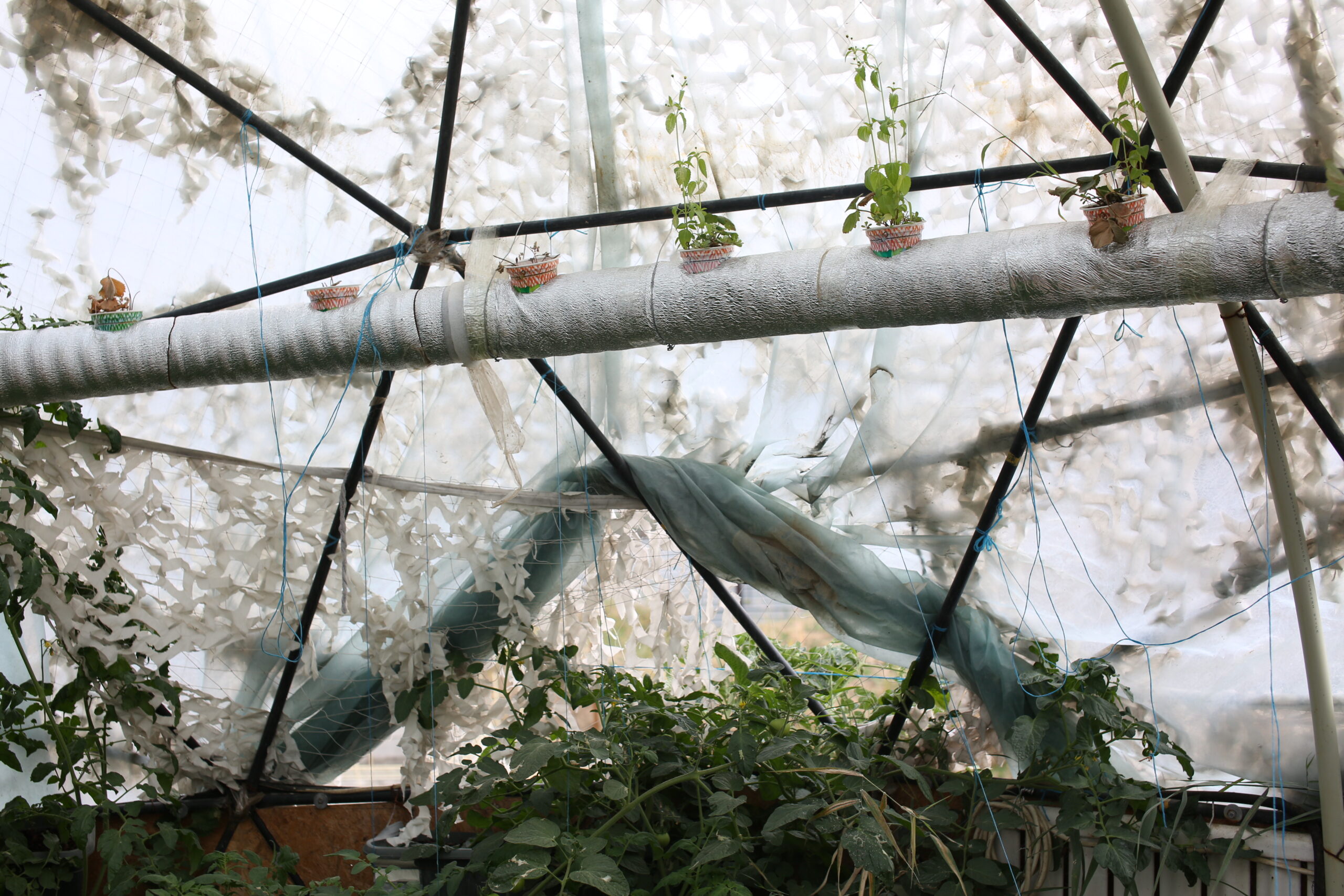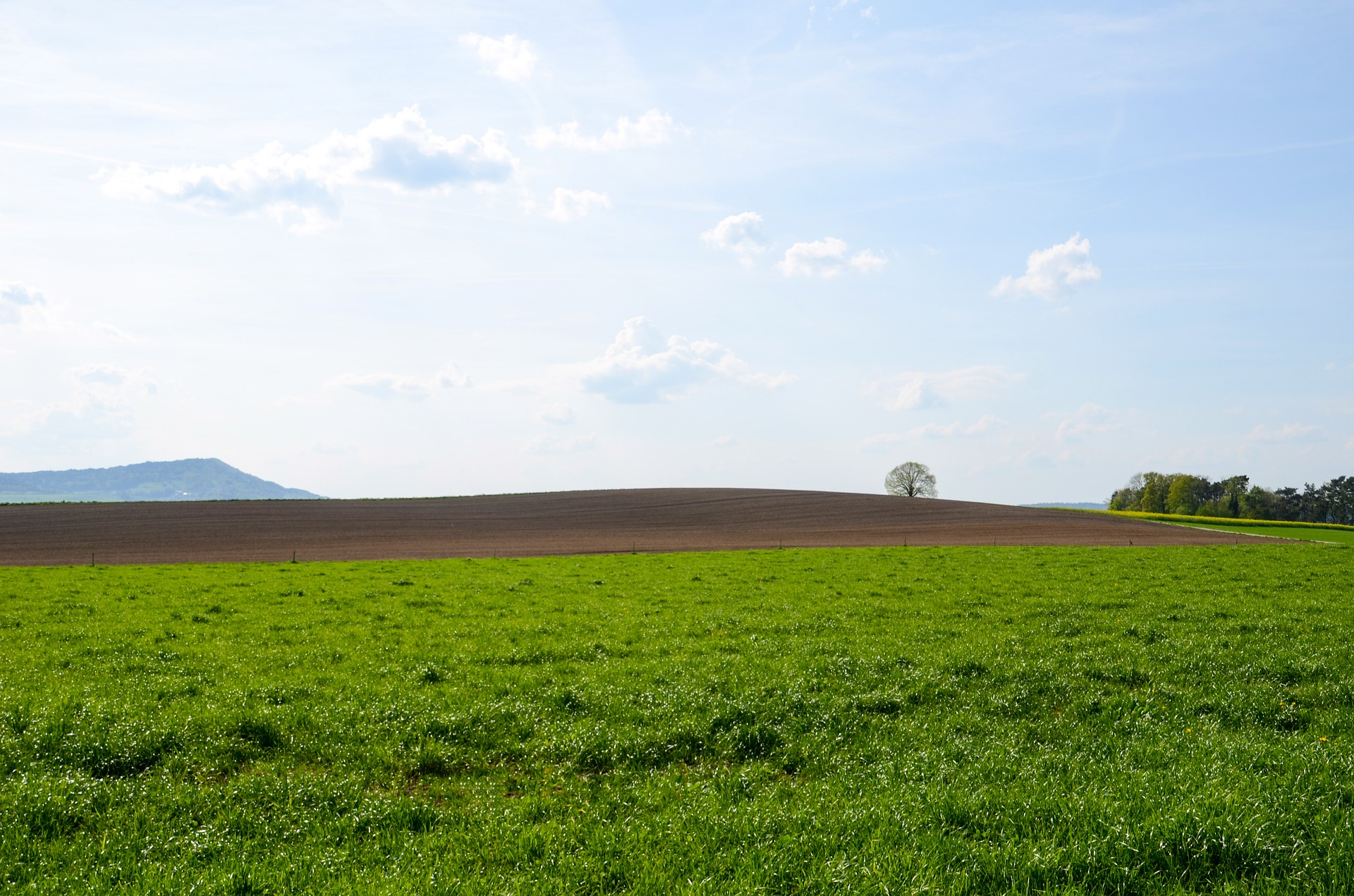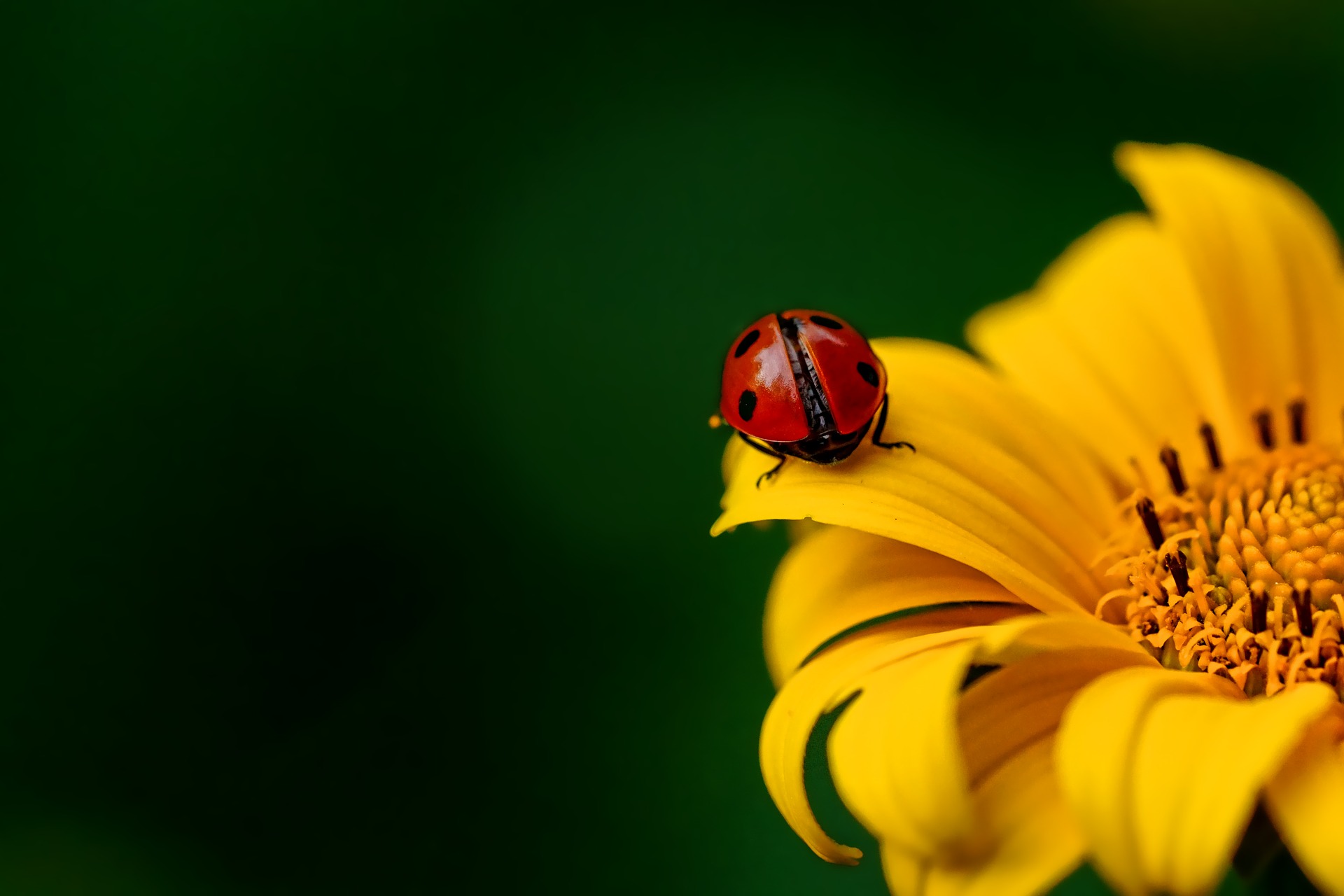Pollinators play a critical role for humanity – in ensuring pollination services which are critical for food security, human livelihoods and maintenance of biodiversity. With the COVID-19 pandemic, these issues have also come to the forefront, demanding that we collectively pursue a more sustainable way of living that safeguards and conserves many valuable pollinator species.
This was the resounding refrain from policy and science experts and practitioners from five different countries at a recently concluded webinar series, jointly organized by BES-Net and the Coalition of the Willing on Pollinators (Promote Pollinators), with nearly 350 people joining the conversation online.
The first part of the webinar, titled “Pursuing pollinator-friendly pathways during COVID-19” kicked off on 1 December 2020, with a presentation by Dr. Hien Ngo, Biodiversity and Pollination Expert at the Food and Agriculture Organization of the United Nations (FAO), formerly with the Intergovernmental Science-Policy Platform on Biodiversity and Ecosystem Services (IPBES) Secretariat. Introducing the findings of IPBES’ latest report on Biodiversity and Pandemics, Dr. Ngo emphasized that there are strong economic incentives to reduce the risk of pandemics and pursue transformative change, but we need to act now. Pandemics and other zoonoses emerging from animals and wild species are poised to cause greater health challenges and human suffering, notwithstanding, nearly US$ 1 trillion in economic damages annually.
Echoing Dr. Ngo’s message, Prof. Taylor Ricketts, Director of the Gund Institute for the Environment at the University of Vermont, noted the interconnectedness of pollinator decline and increasing frequency of pandemics. Land use change, destruction of habitats and wildlife trade moving species around threaten pollinators and increase the spread of pathogens and diseases. Pollinators like honeybees also suffer from global virus outbreaks as they jump from one species to another. Prof. Ricketts and Dr. Ngo highlighted that prevention needs to be a priority, how we strategize and manage land and nature has direct benefits for pollinators.
Some of these strategies took center stage in the second part of this webinar, held on 14 January 2021. BES-Net’s work with countries through Regional and National Trialogues offer a plethora of ideas and pollinator-friendly actions for policies, research and programmes. The IPBES assessments on pollinators, pollination and food production form the crux for BES-Net’s engagement in this regard. Introducing the initiative, Dr. Anne Juepner, Director of the UNDP Global Policy Centre on Resilient Ecosystems and Desertification, shed light on the Trialogue methodology and the need for collaborative action and commitment from policy, science and practice sectors to protecting vulnerable pollinator species.
This was followed by a series of inspirational stories and presentations from Bosnia and Herzegovina, Trinidad and Tobago, Antigua and Barbuda, Nigeria and Kazakhstan about various initiatives for sustainable use and conservation of pollinators. For example, from Bosnia and Herzegovina, Ms. Ena Hatibovich noted a growing interest among the research and practice communities after the Eastern Europe Regional Trialogue in 2017, to research wild bees in far flung communities and landscapes in the Balkans with a plan to monitor the species and raise public awareness. From Trinidad and Tobago, Dr. Lena Dempenwolf shared that, following the Caribbean Regional Trialogue in 2018, public engagement for gathering data was one of the key areas of work pursued. From promoting citizen science through the iNaturalist pollinators project to working with beekeeping associations and schools and starting an NGO/urban alliance for pollinator conservation, raising awareness has been critical to driving policy action in Trinidad and Tobago. Close by, Ms. Ruth Spencer from Antigua and Barbuda emphasized the need to support beekeepers to continue to do their job during the COVID-19 pandemic. Raising funds to help women beekeepers keep their hives safe from theft during the pandemic, Ms. Spencer spoke of the bond that remained among participants after the Caribbean Regional Trialogue to continue supporting one another during the pandemic. From Nigeria, Ms. Sikeade Egbuwalo at the Federal Ministry of Environment, pointed out how critical it is to factor pollinator conservation in post-COVID-19 recovery plans and, in doing so, build the capacity and awareness of farmers to reduce pesticides and manage land sustainably for pollinators. Finally, Kazakhstan’s Mr. Ustemirov Kayrat Zhangabylovich shared the role public-private partnerships can play in tackling the declining population of bees and planting more bee-friendly plant species.
Across these countries, speakers noted the need for stronger legislative action for pollinators and integrate pollination issues into national policies and strategies on biodiversity, environment and other related fields and ensure that local community efforts feed into these policies. The Trialogues have thus provided an avenue for networking and mutual support for many such representatives to focus on pollinator conservation and drive greater civic action and policy commitment.
A recording of Part 1 of the Webinar is available here: https://www.bigmarker.com/hvr-group/Webinar-Promote-Pollinators-Regional-Trialogues
A recording of Part 2 of the Webinar is available here: https://www.bigmarker.com/hvr-group/Promote-Pollinators-and-BES-Net-webinar-part-2


